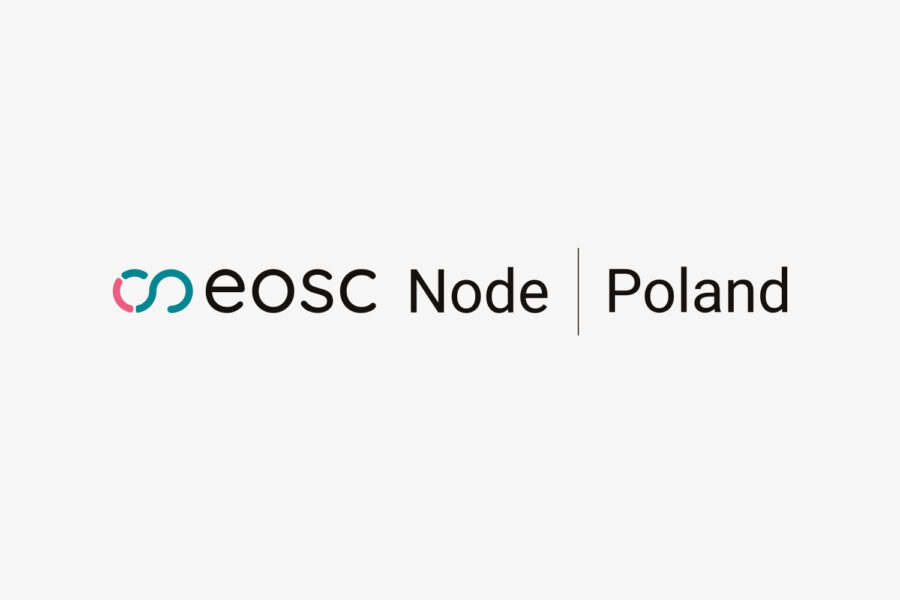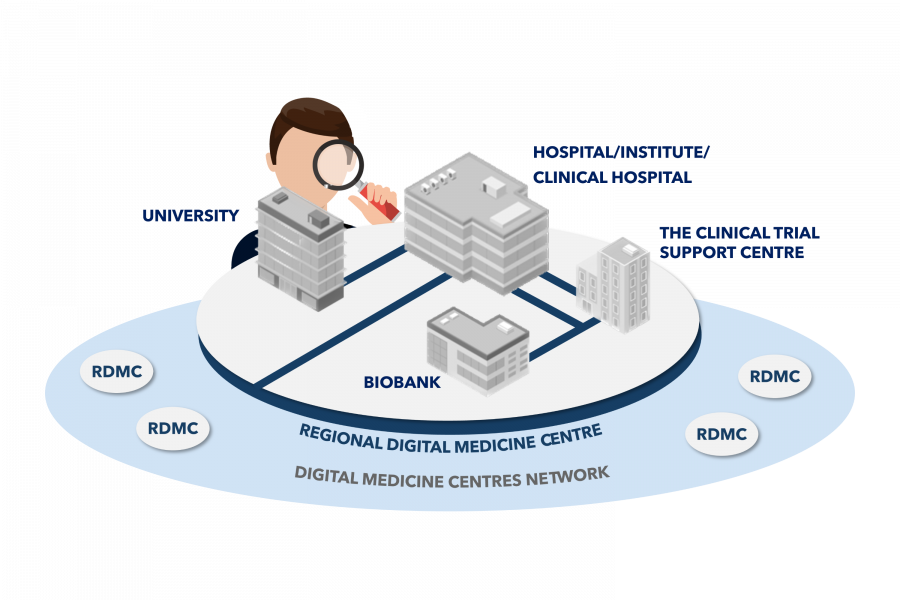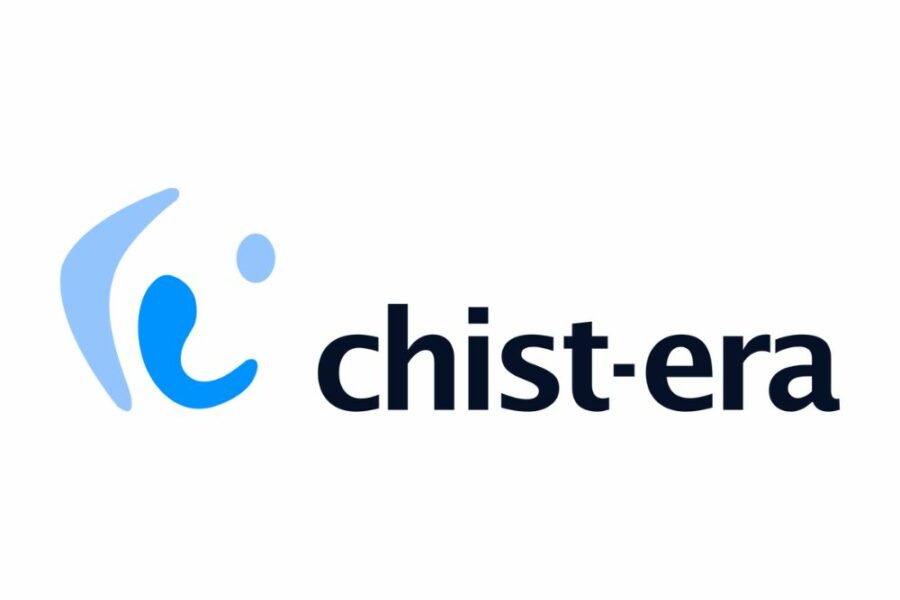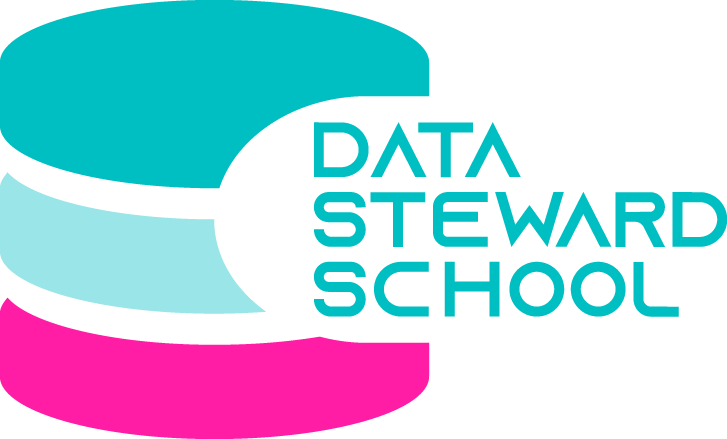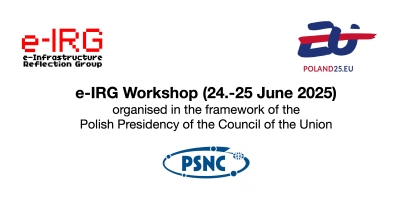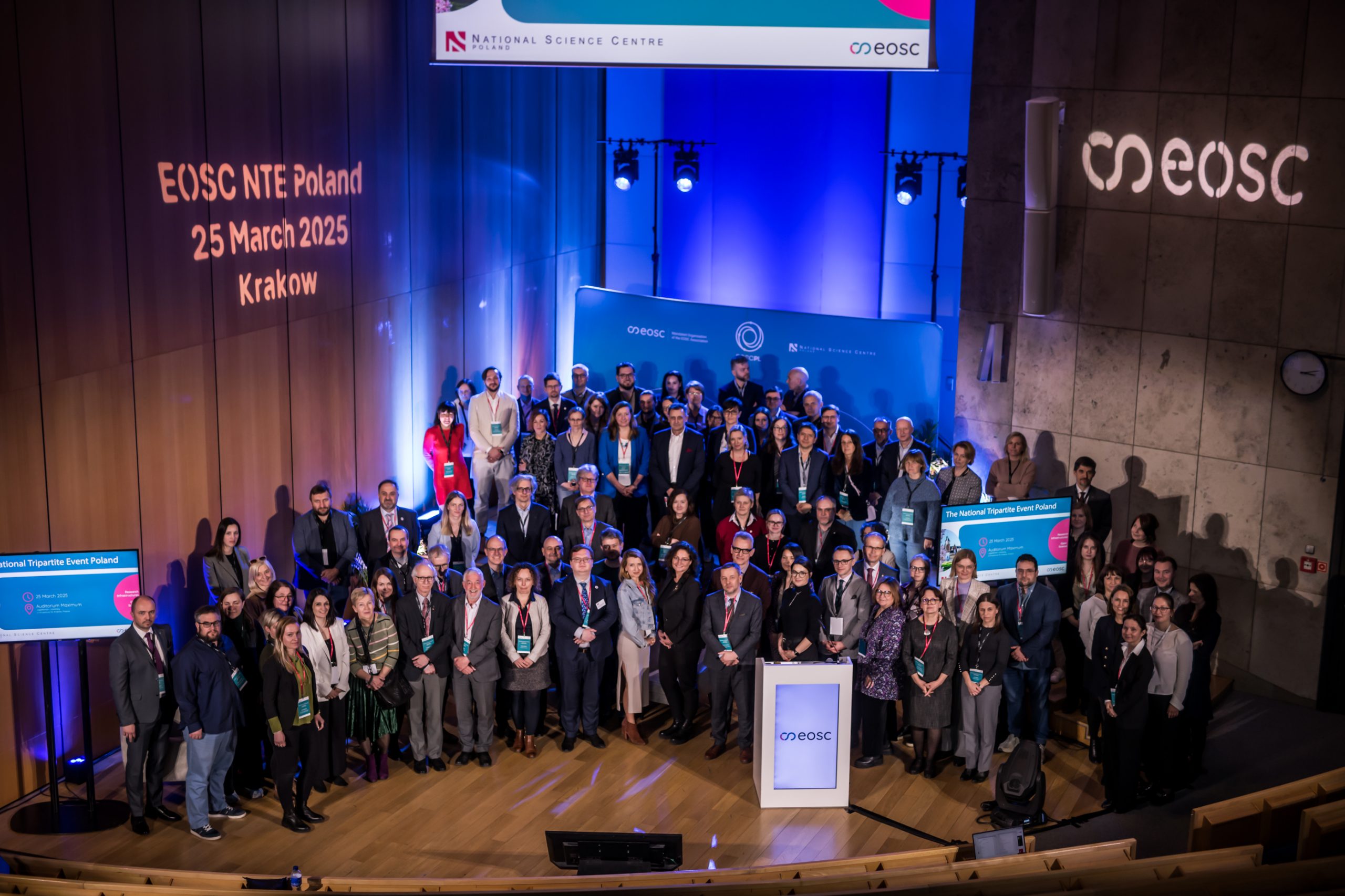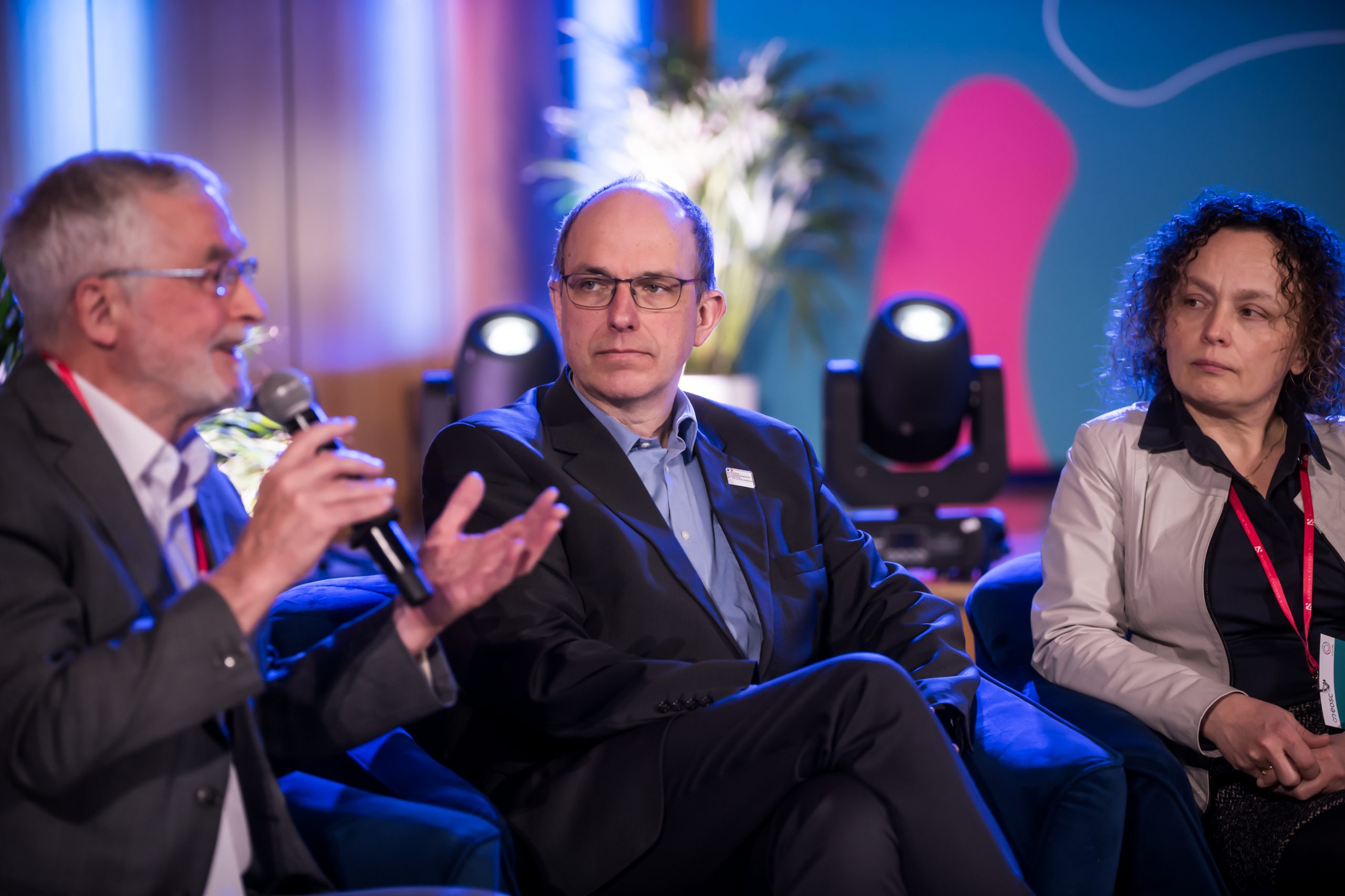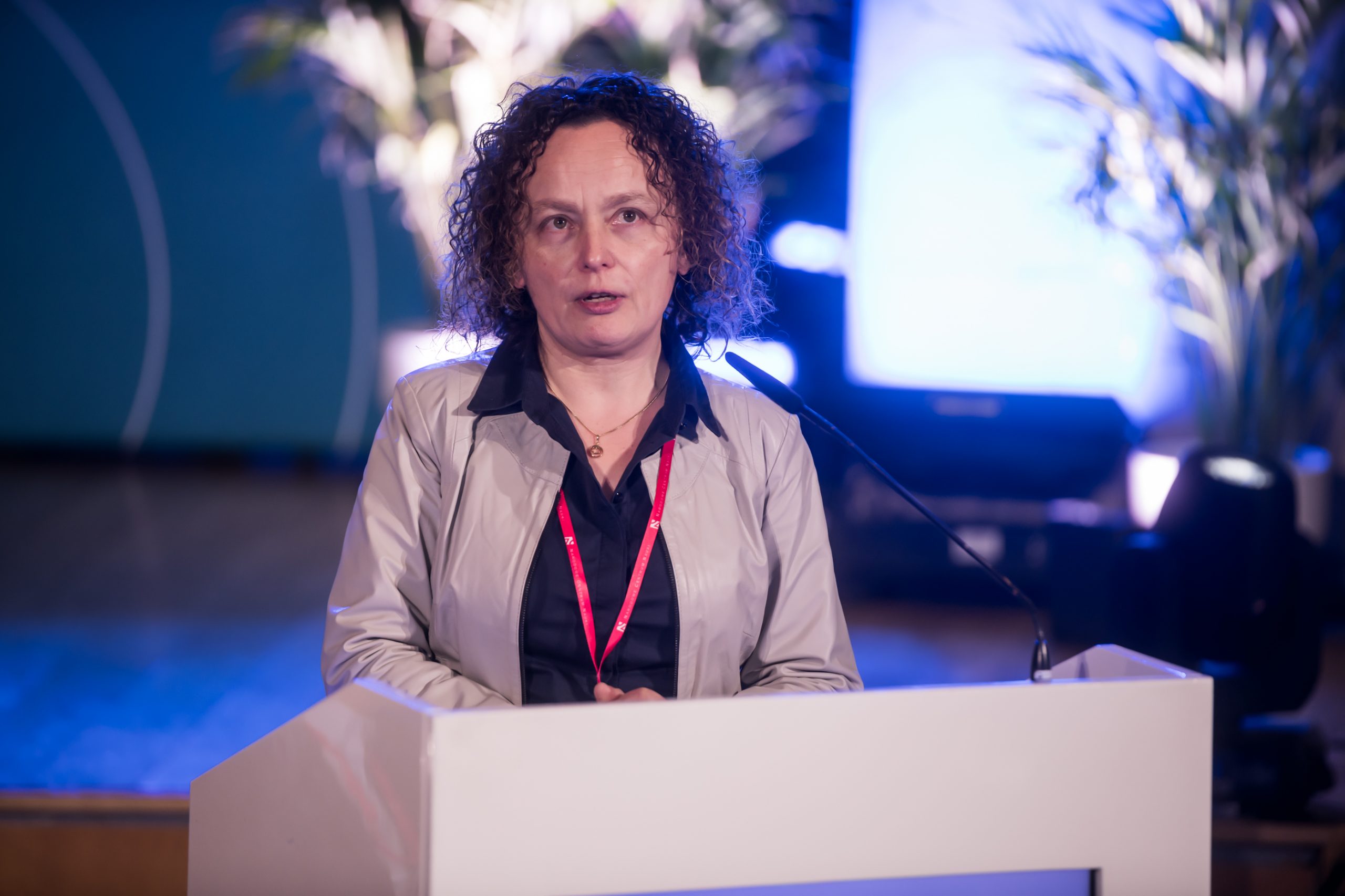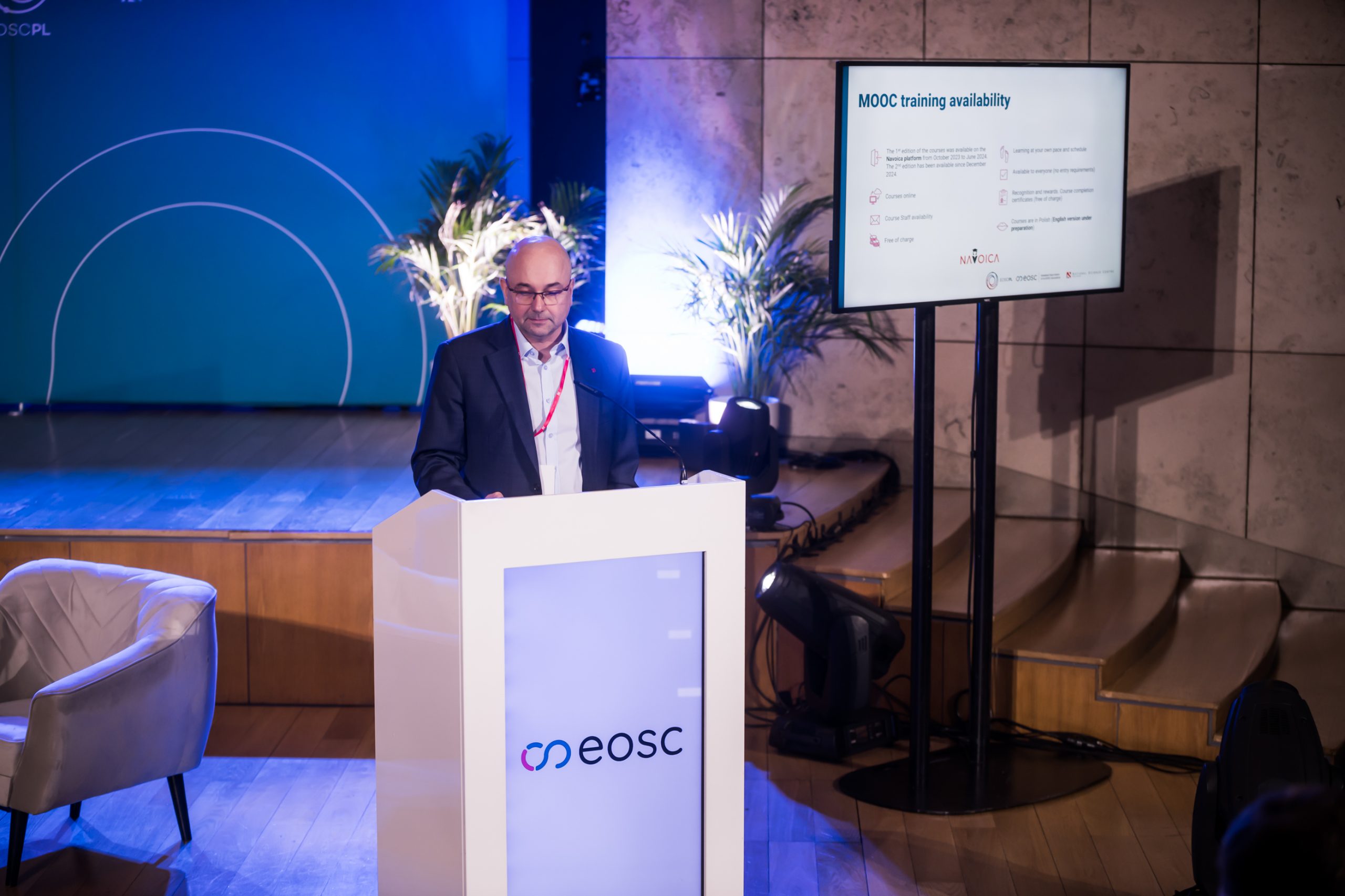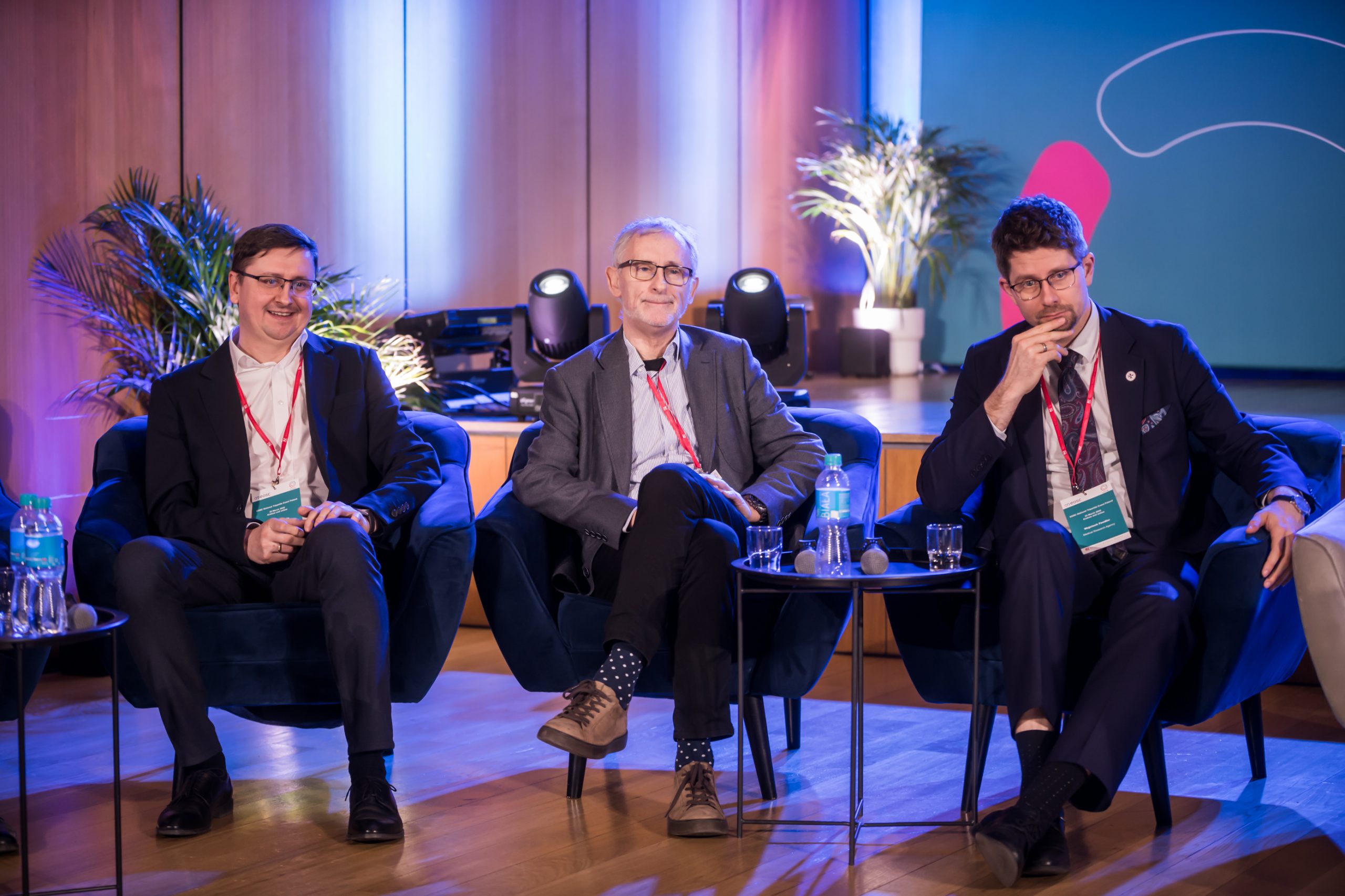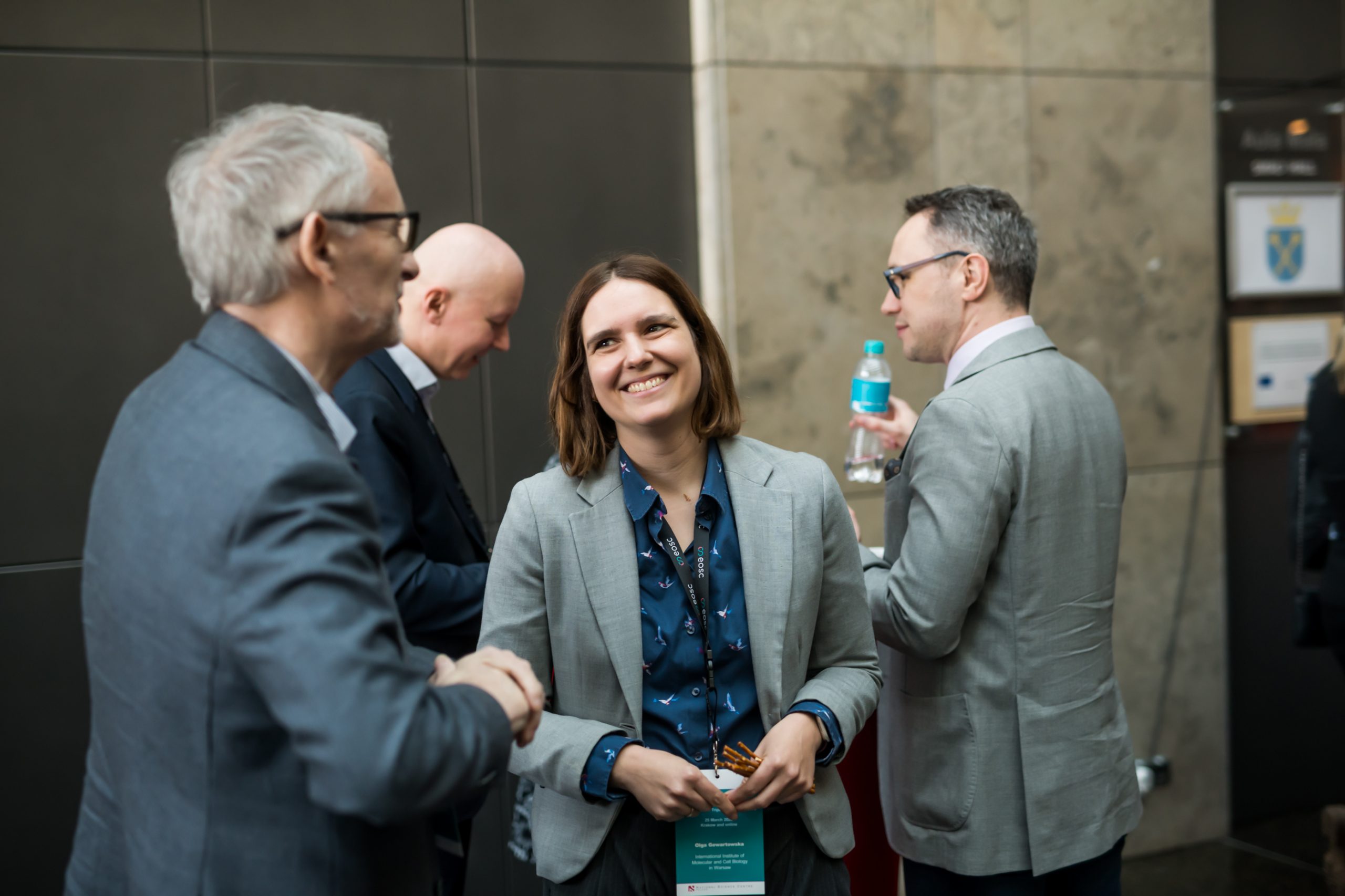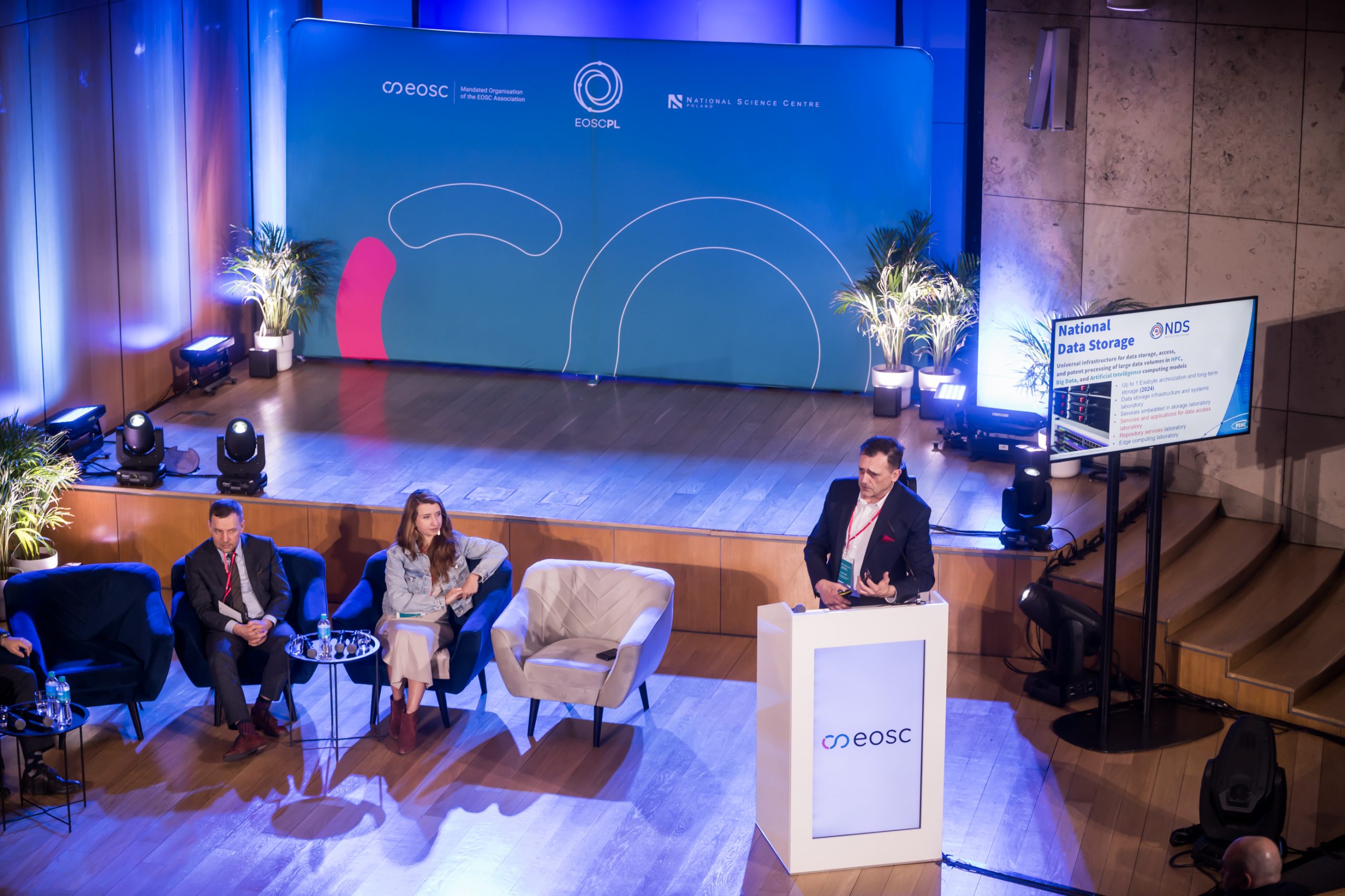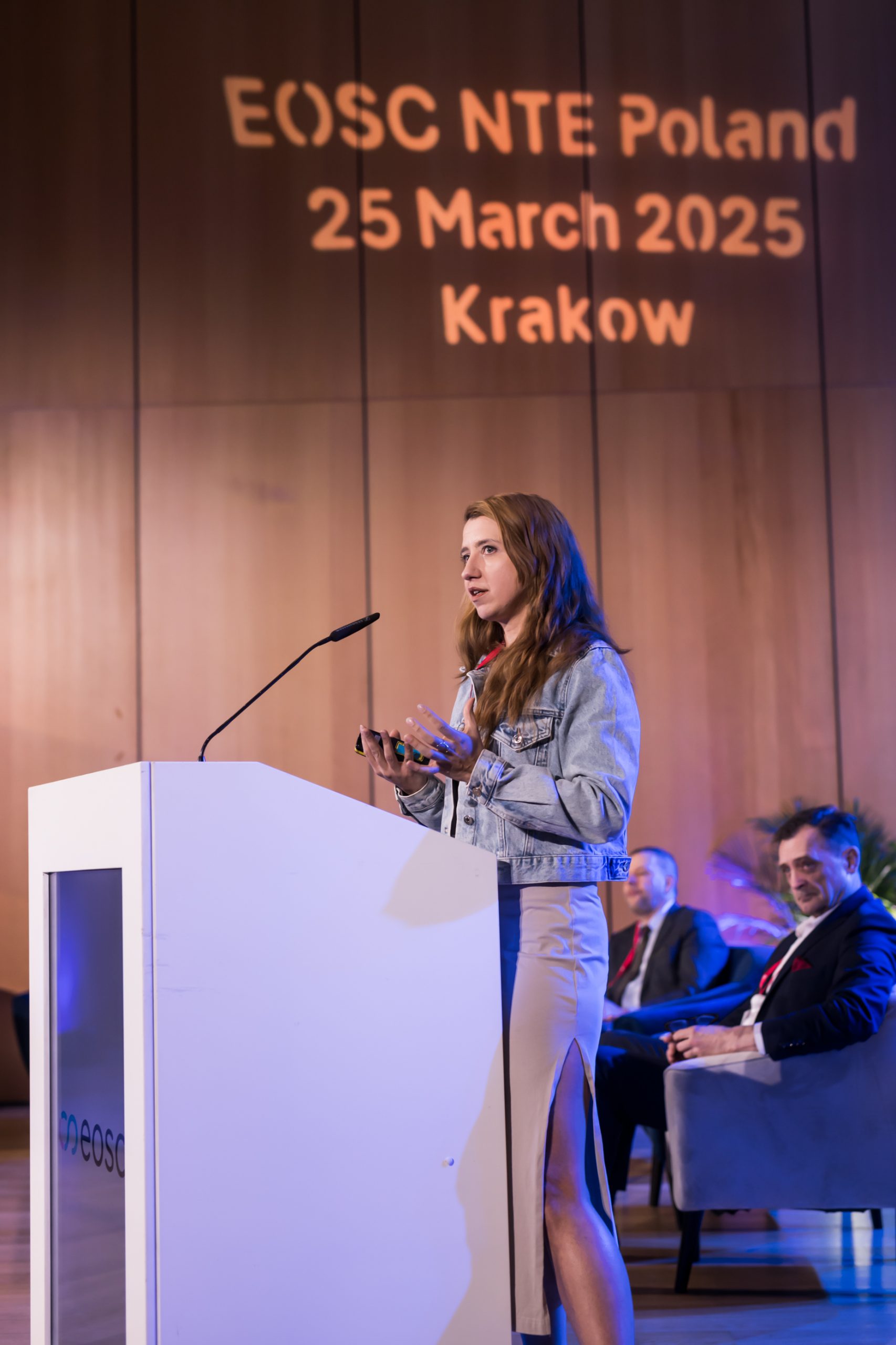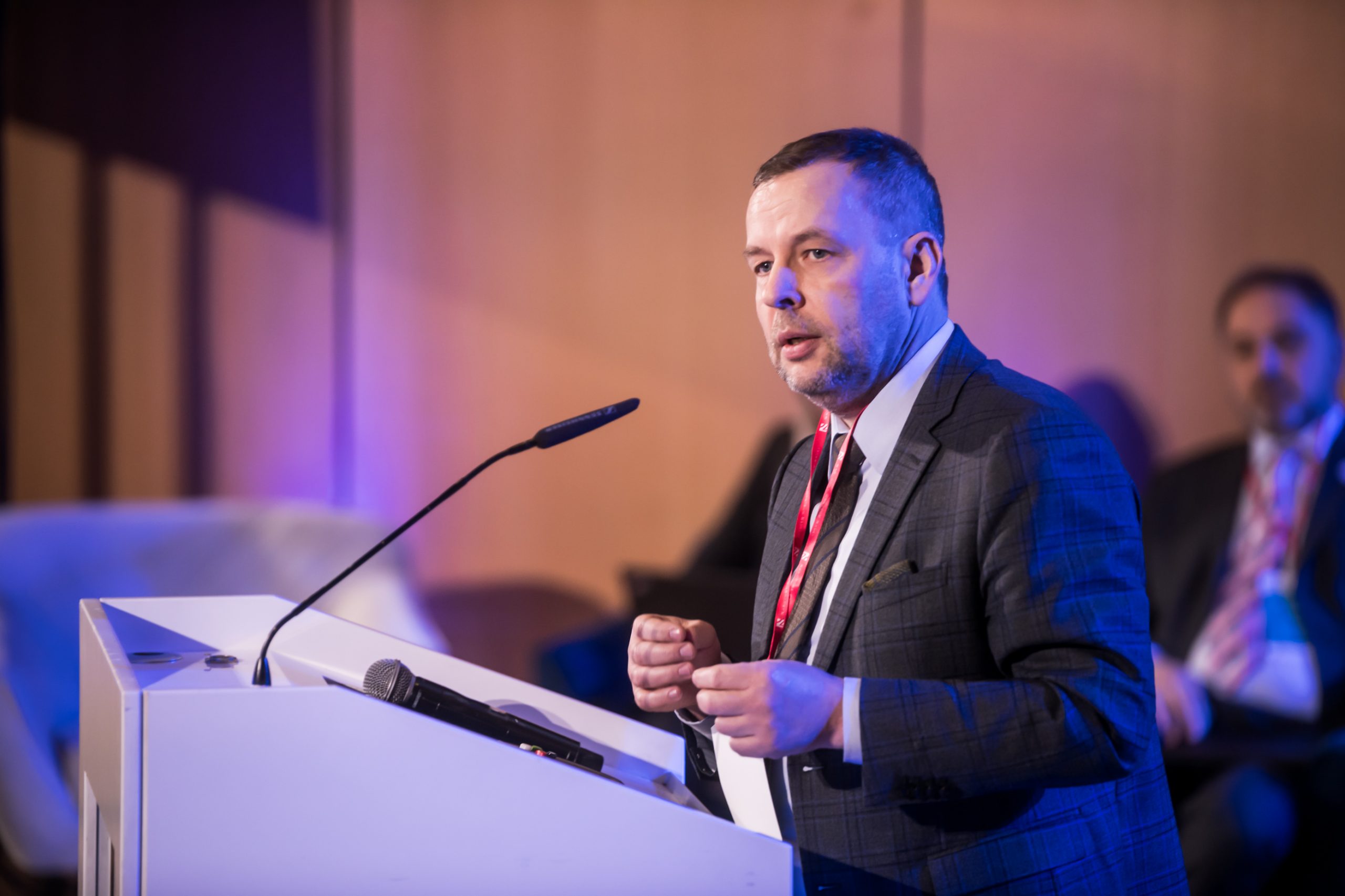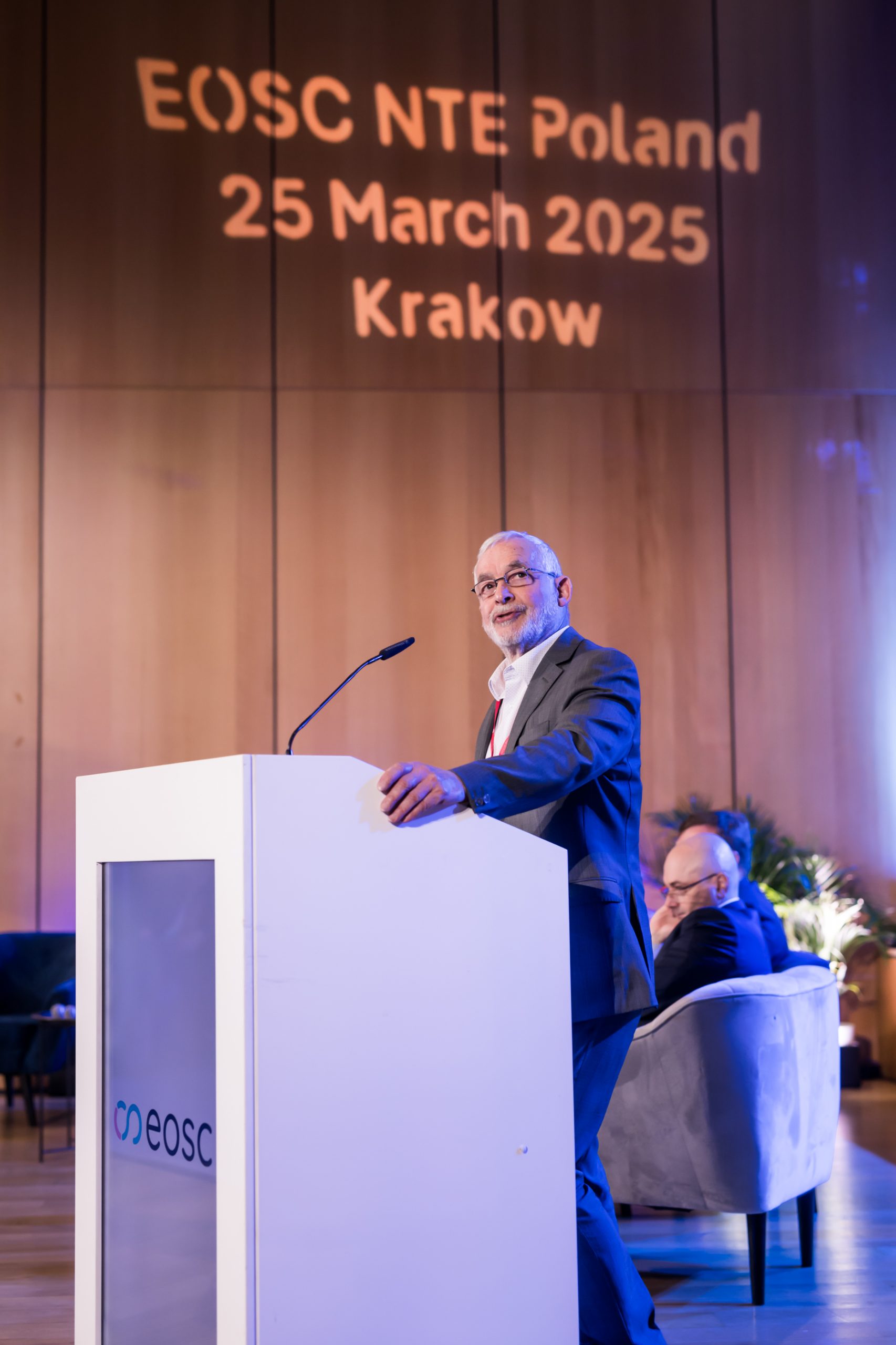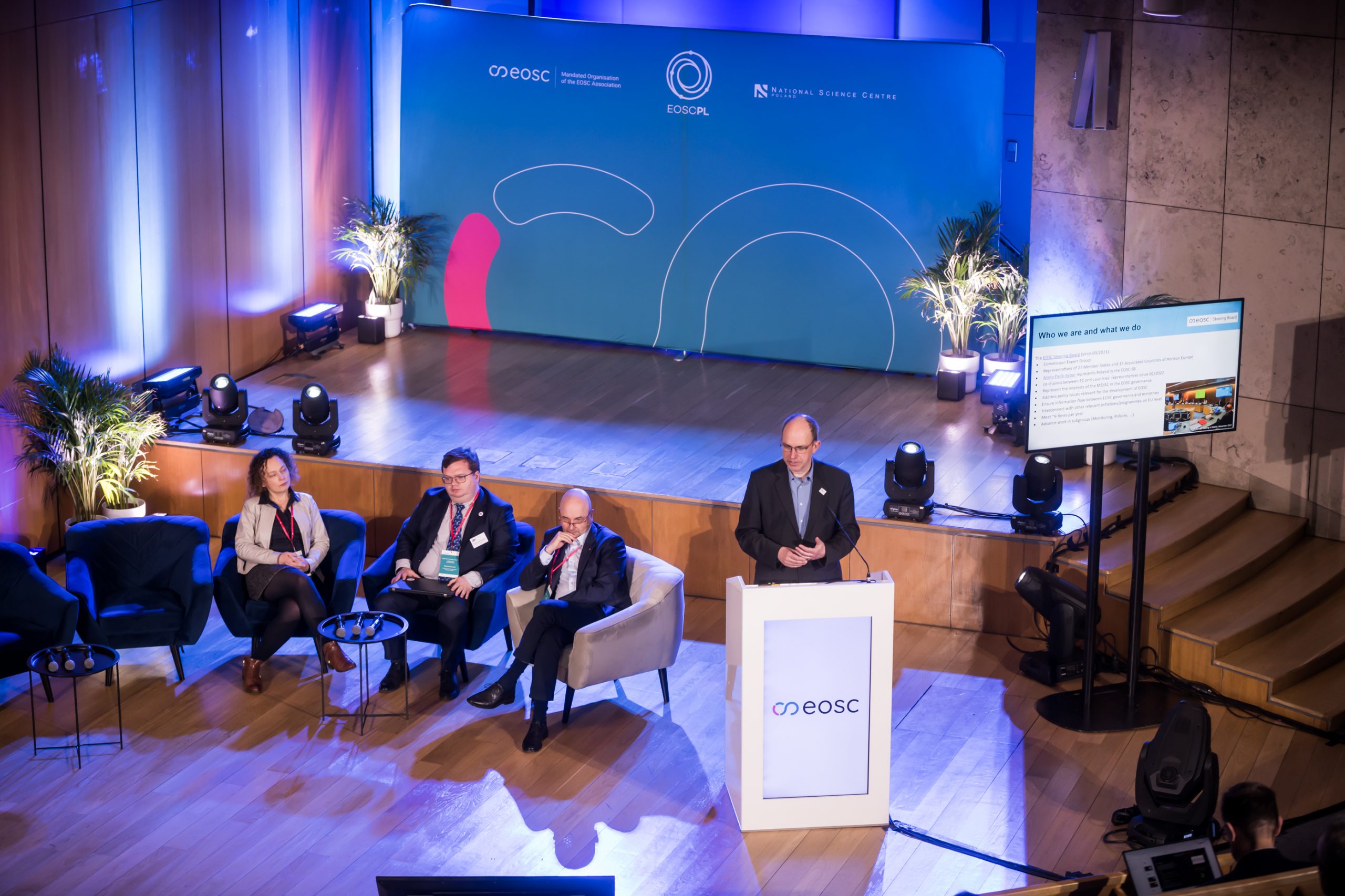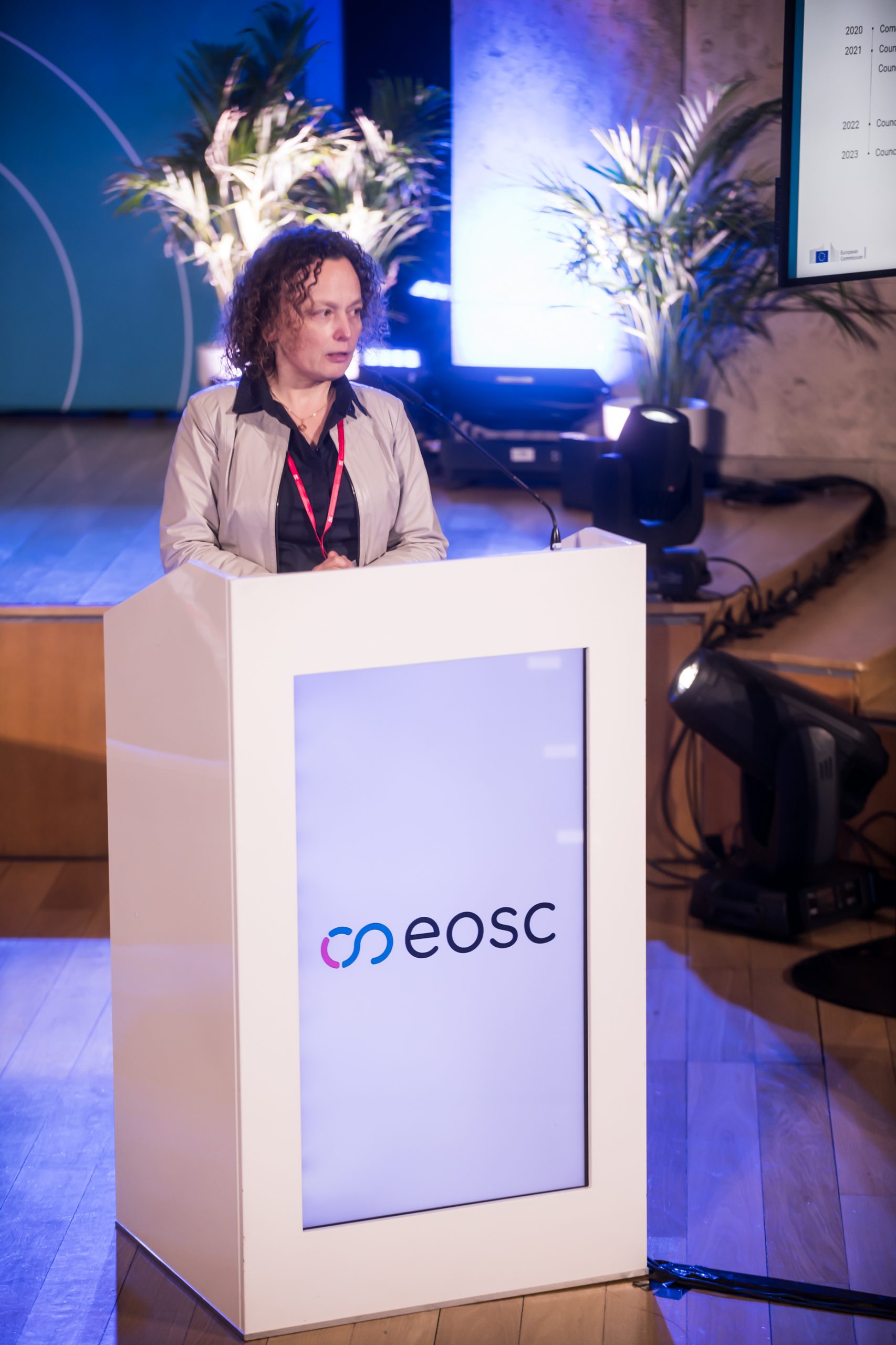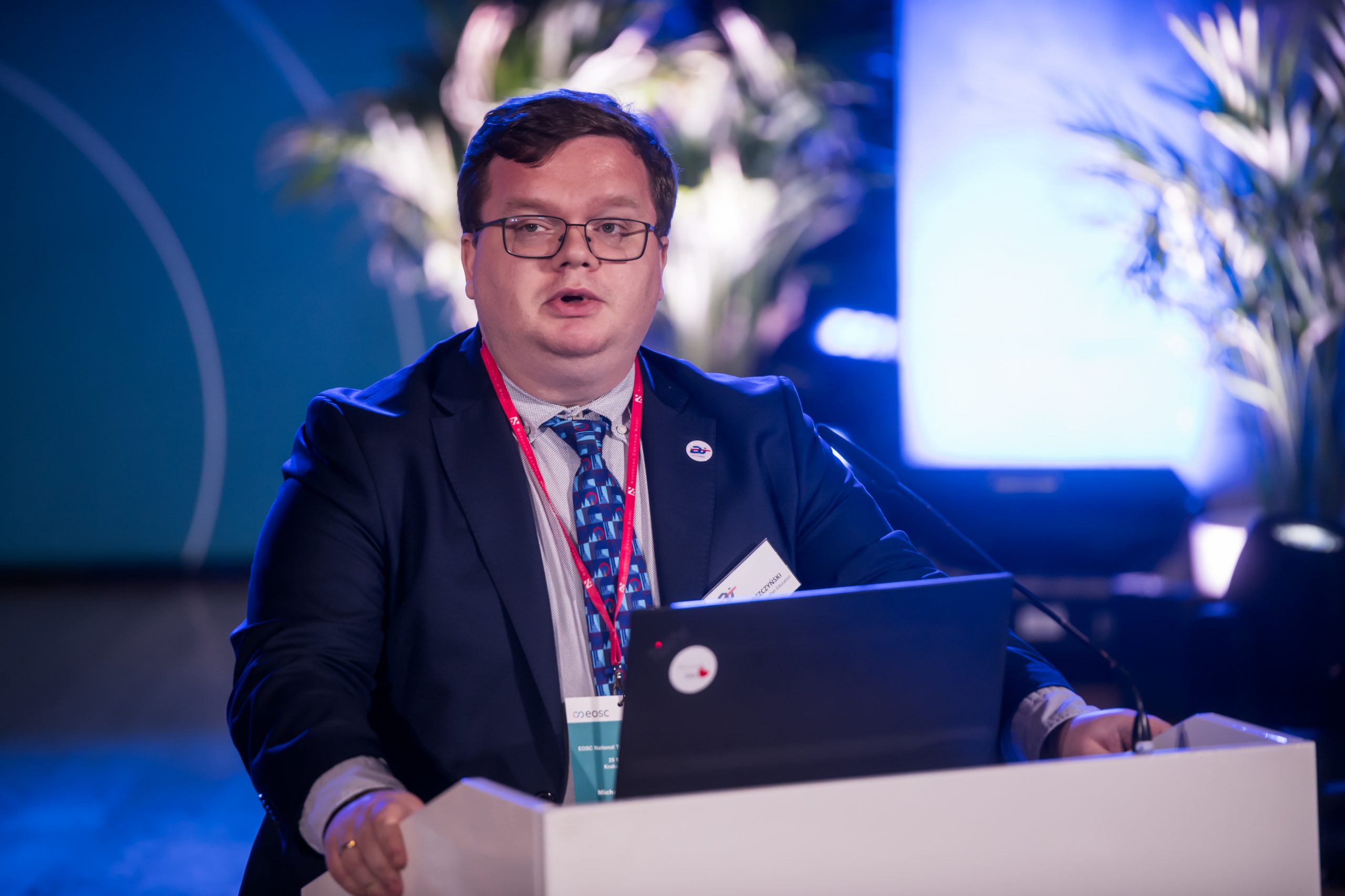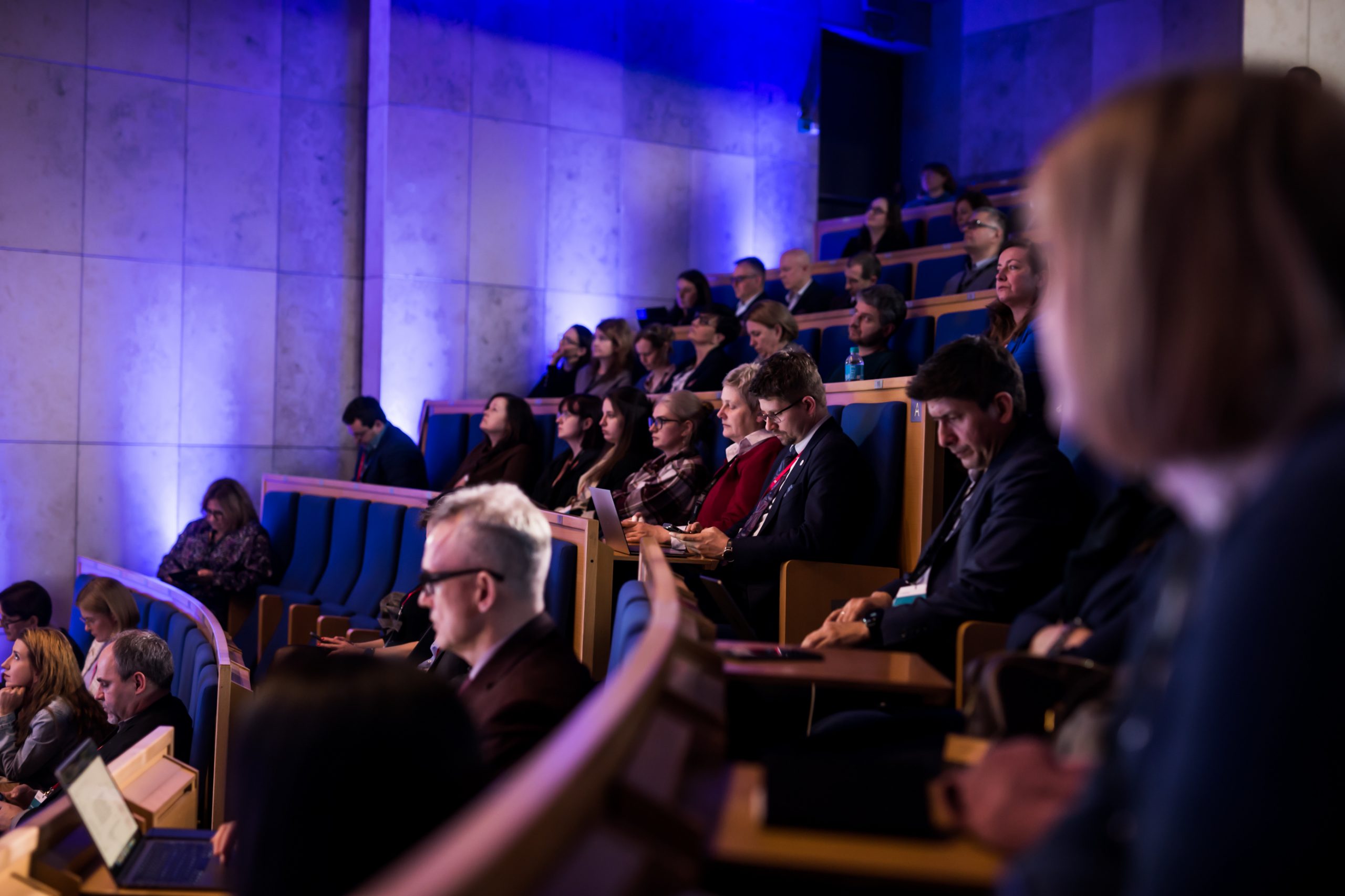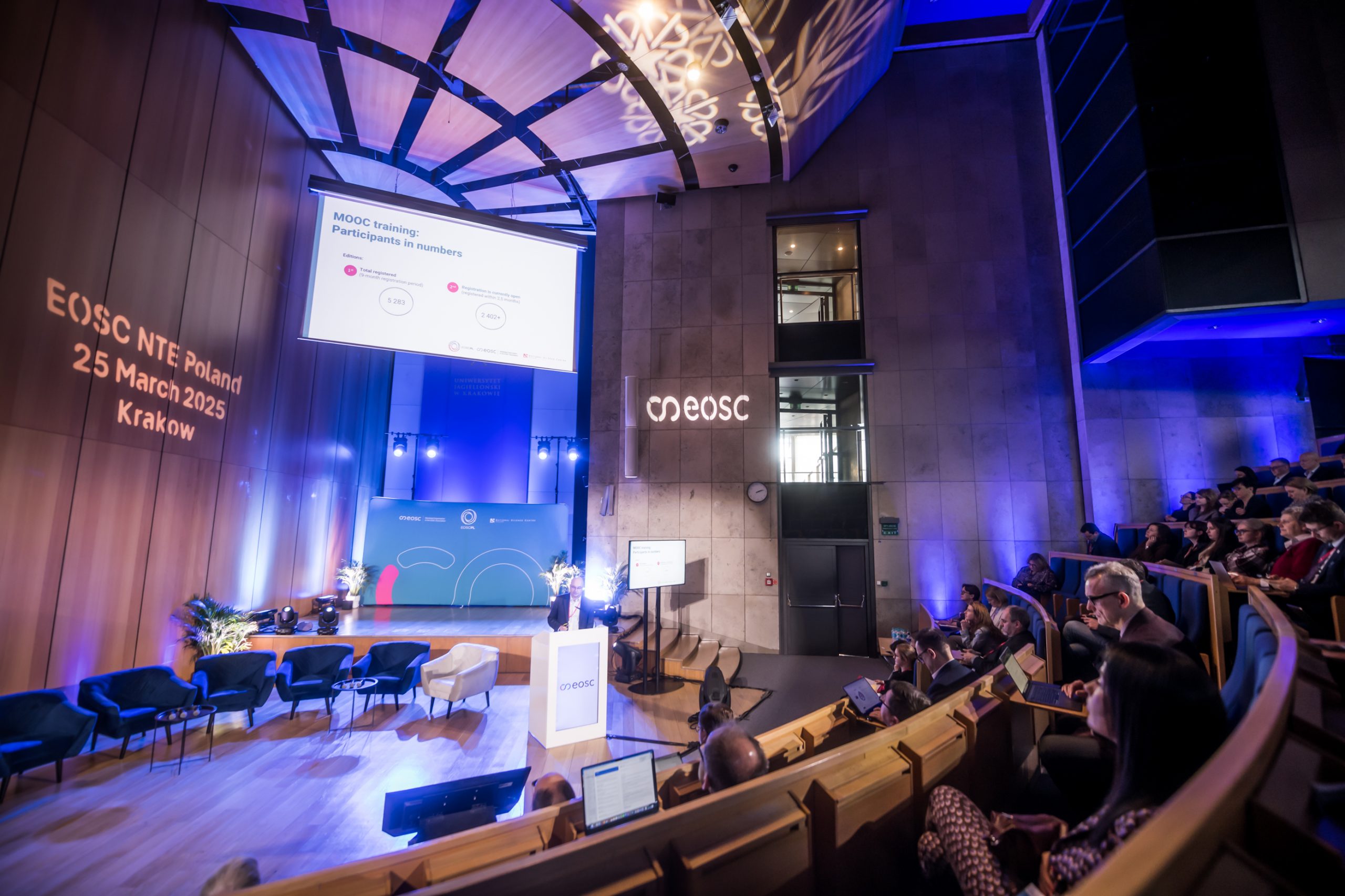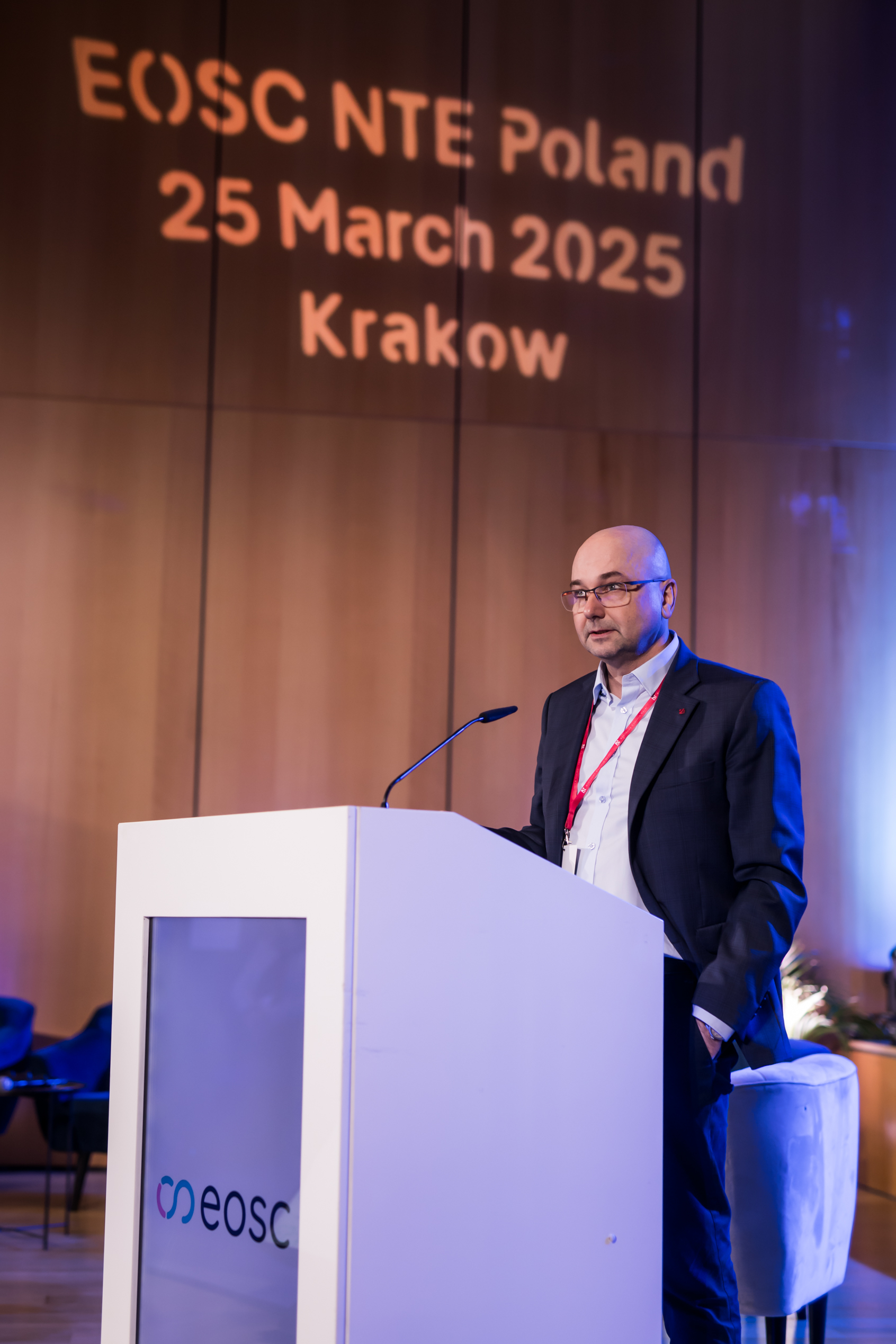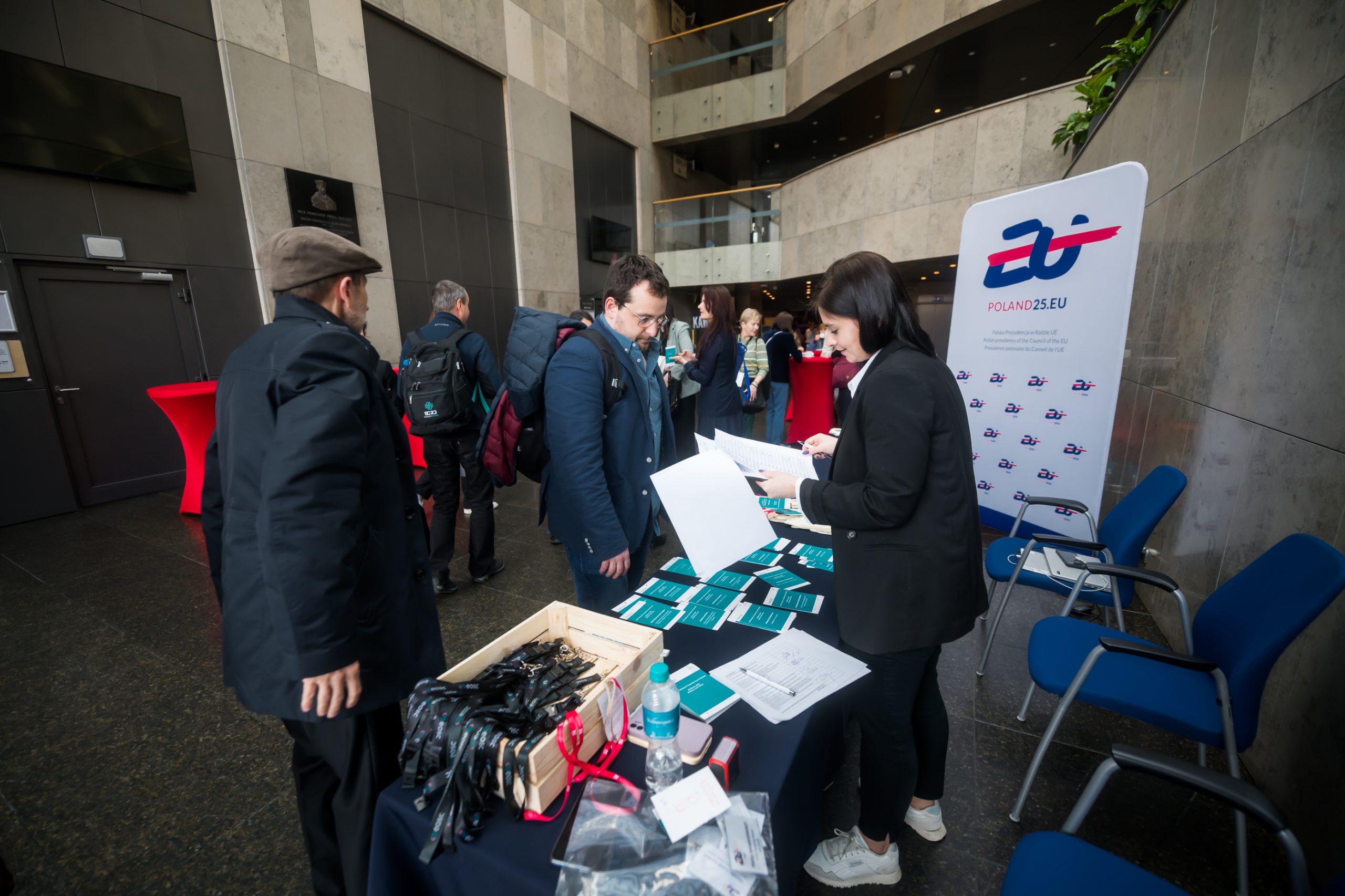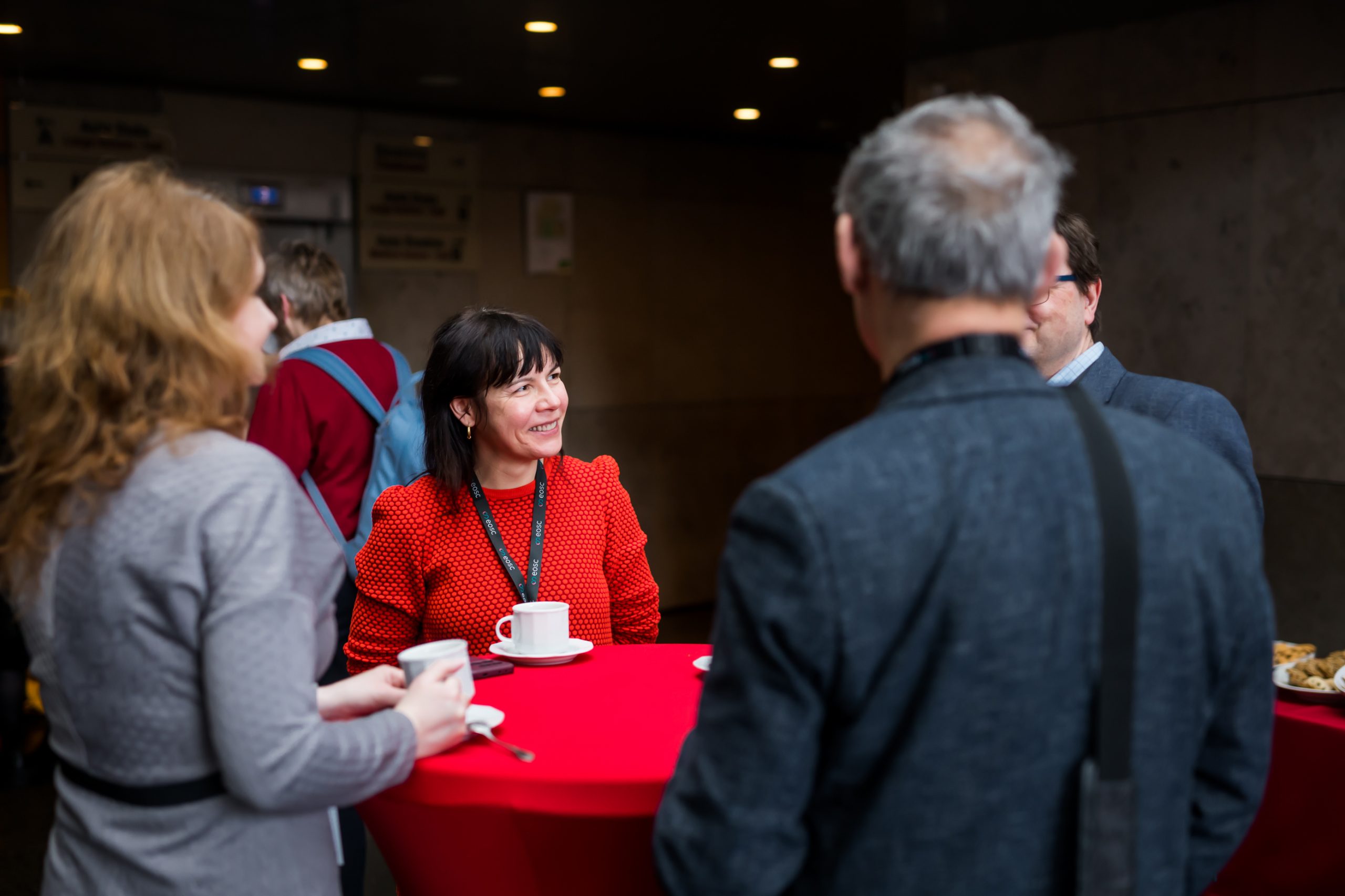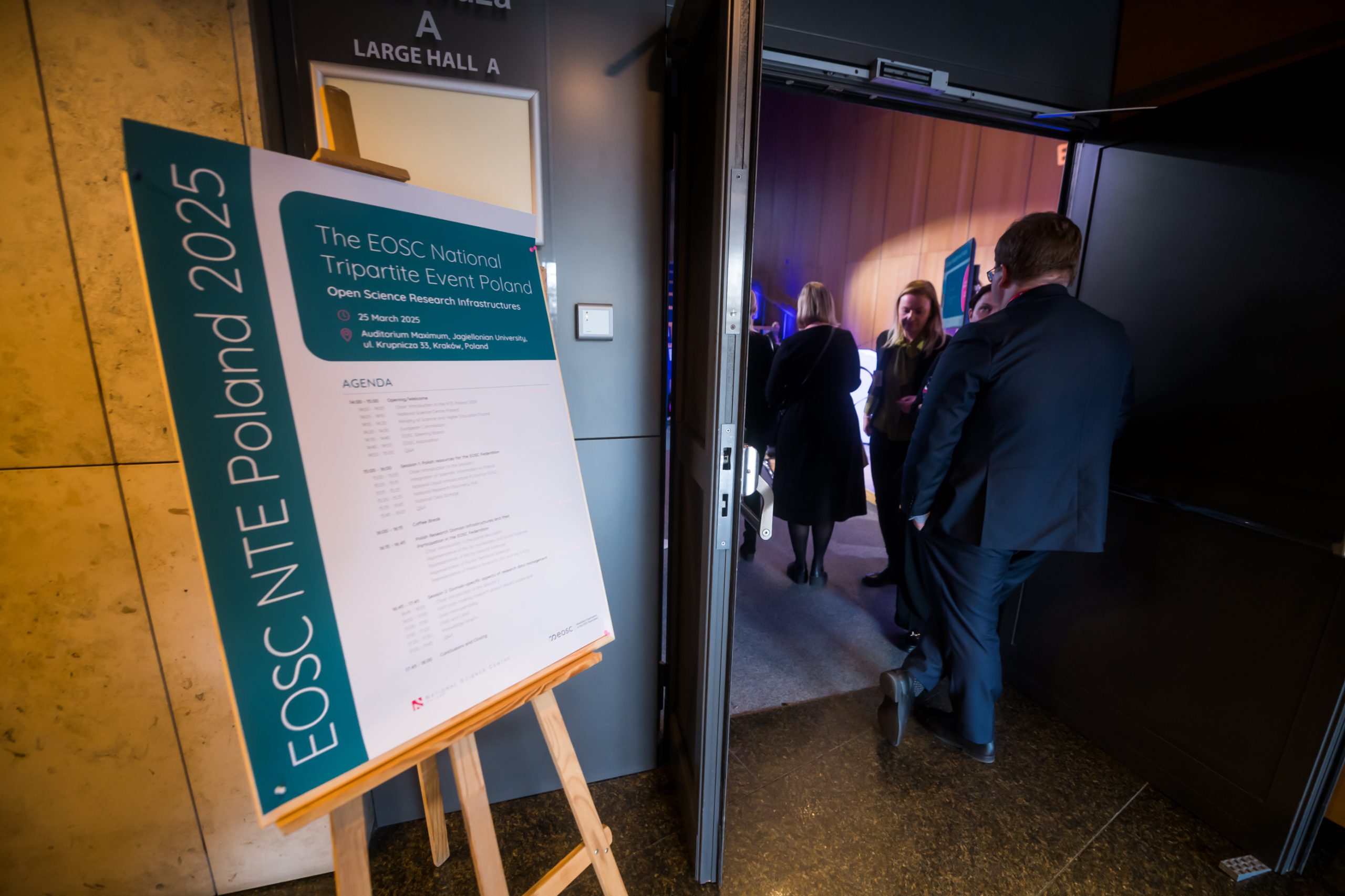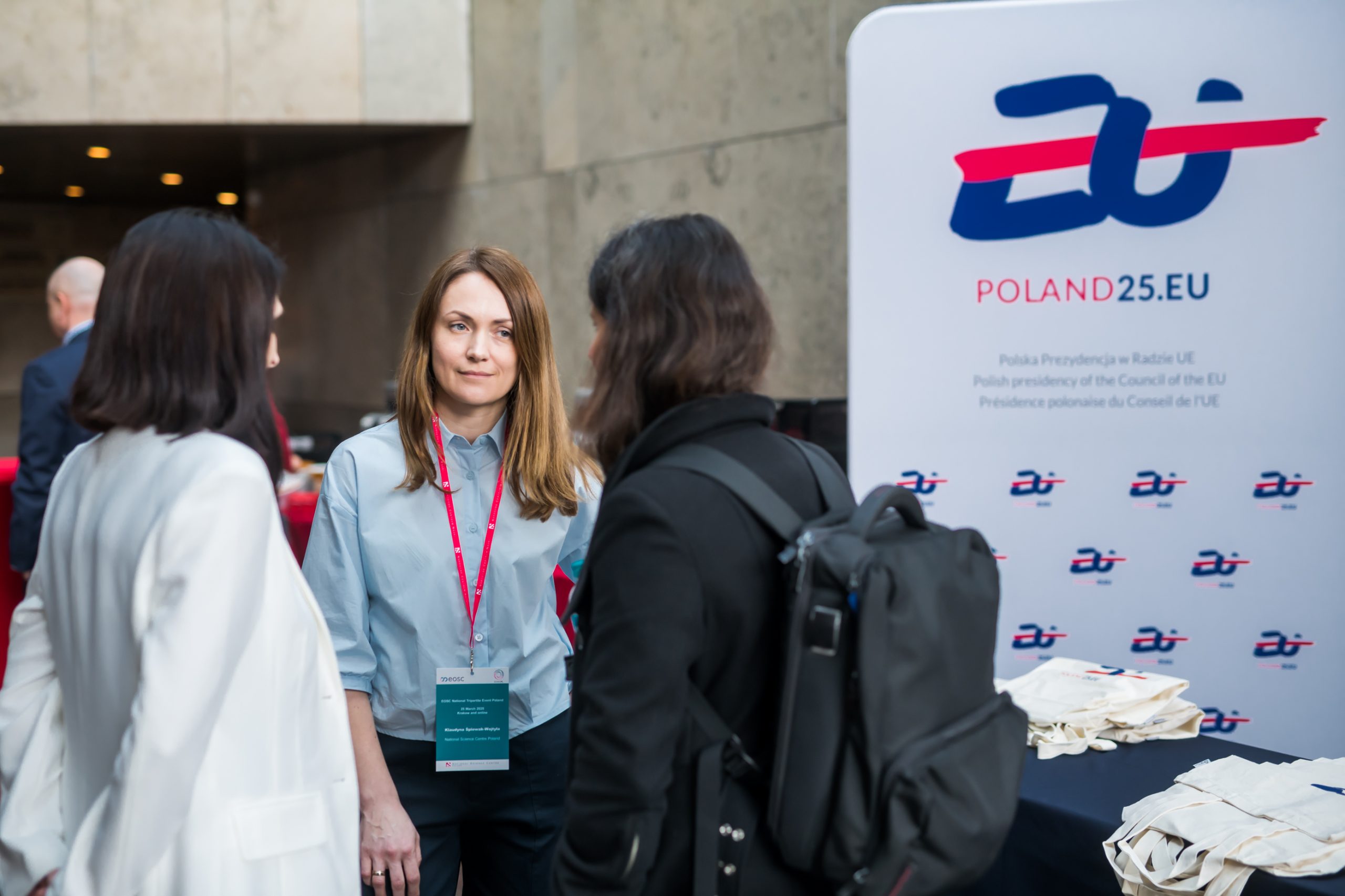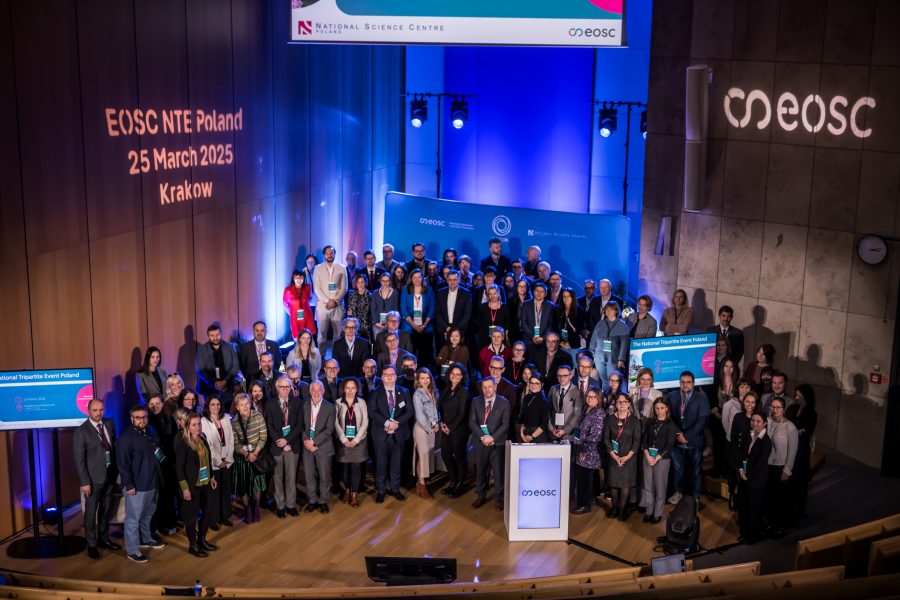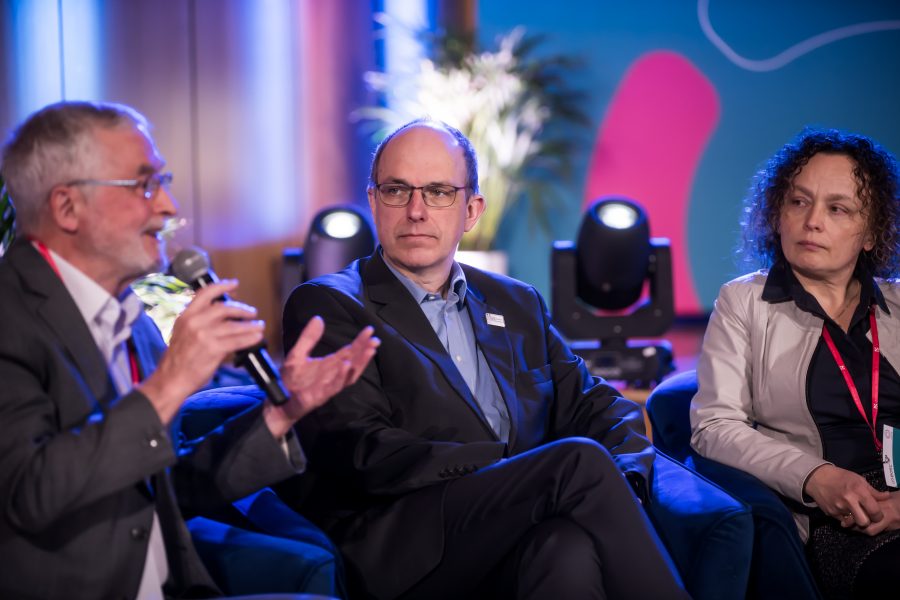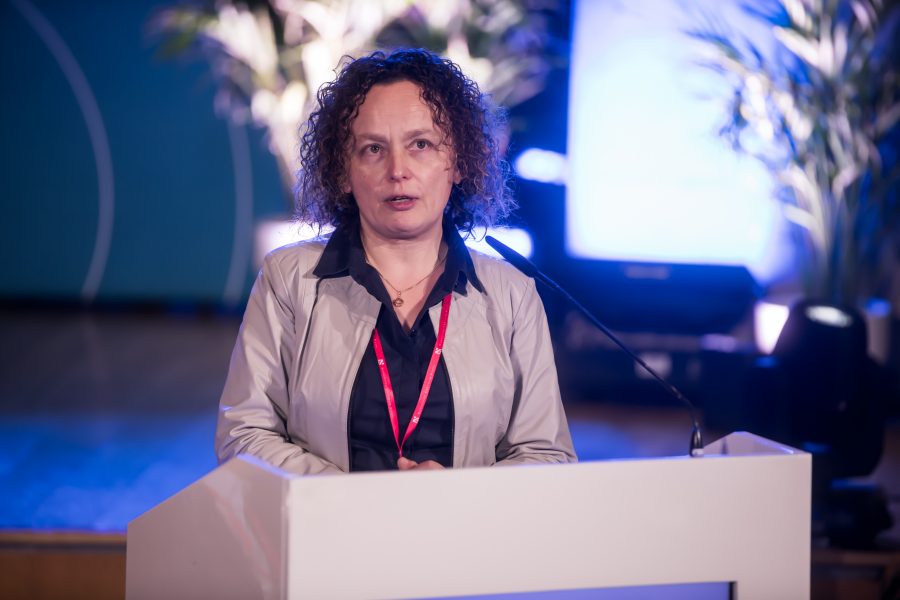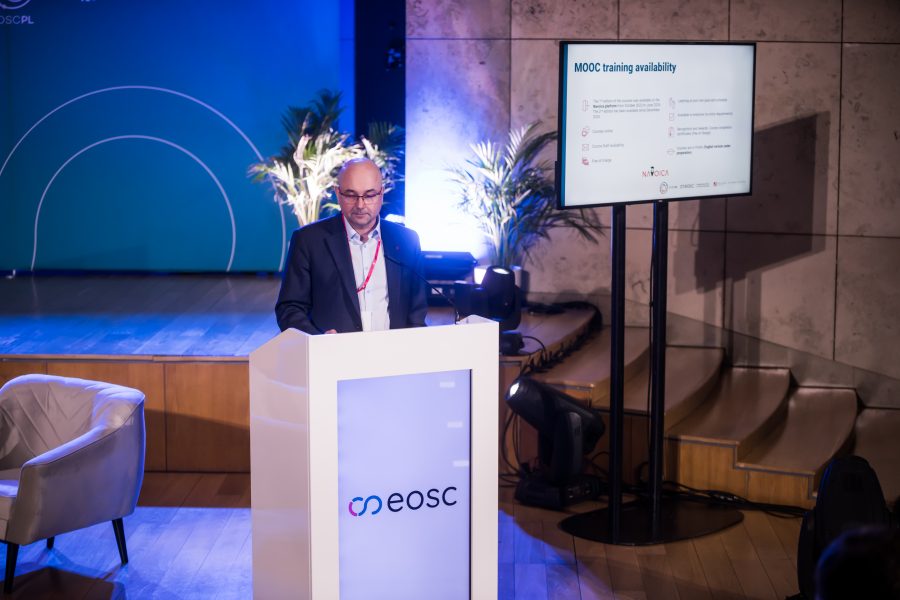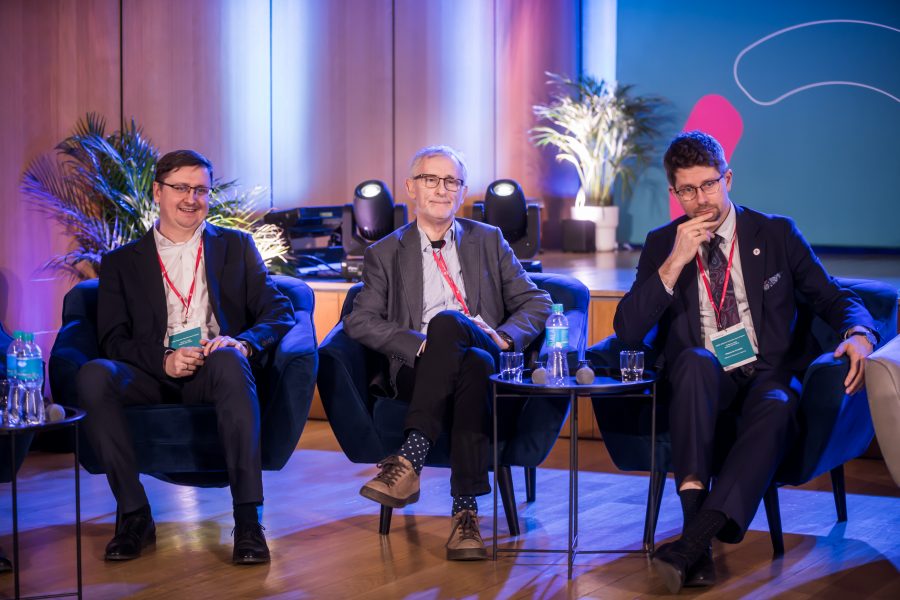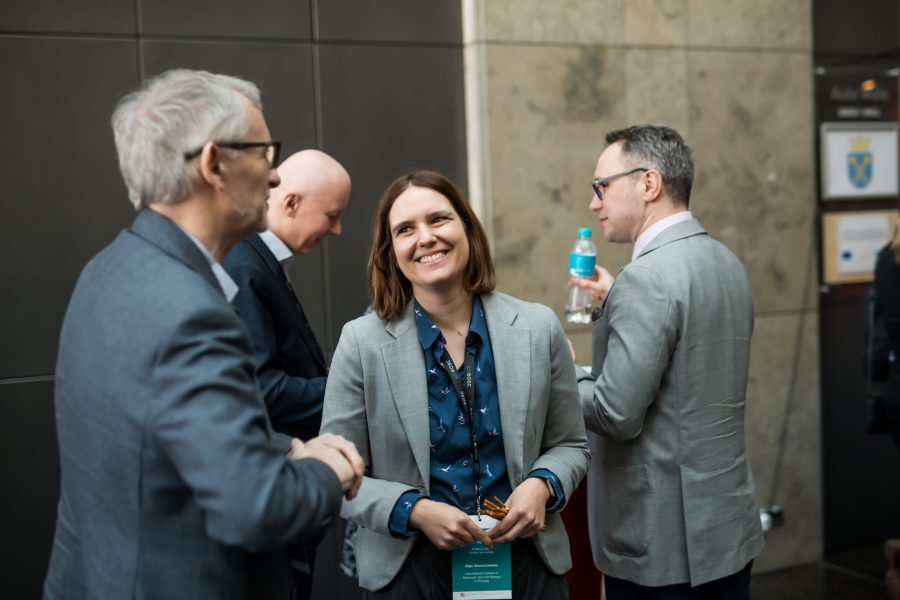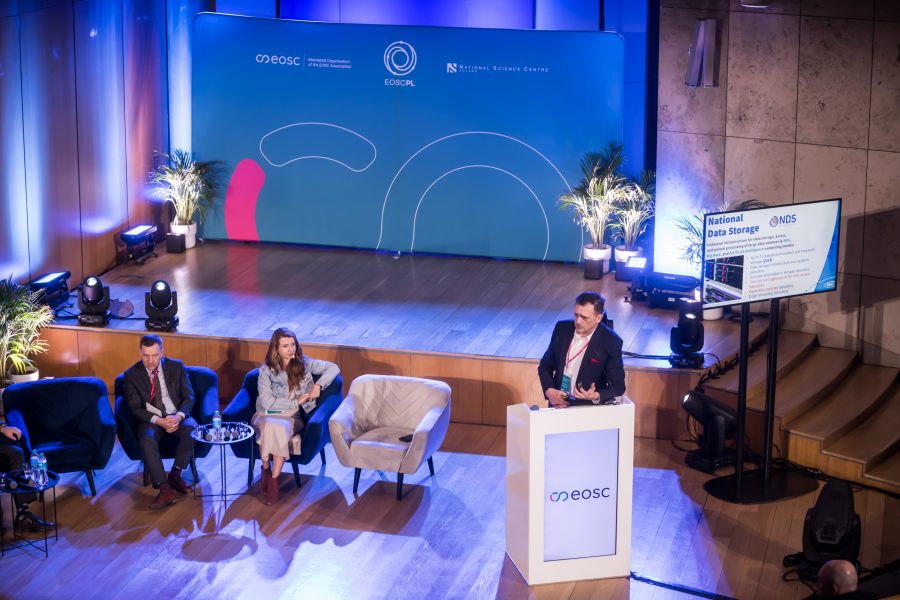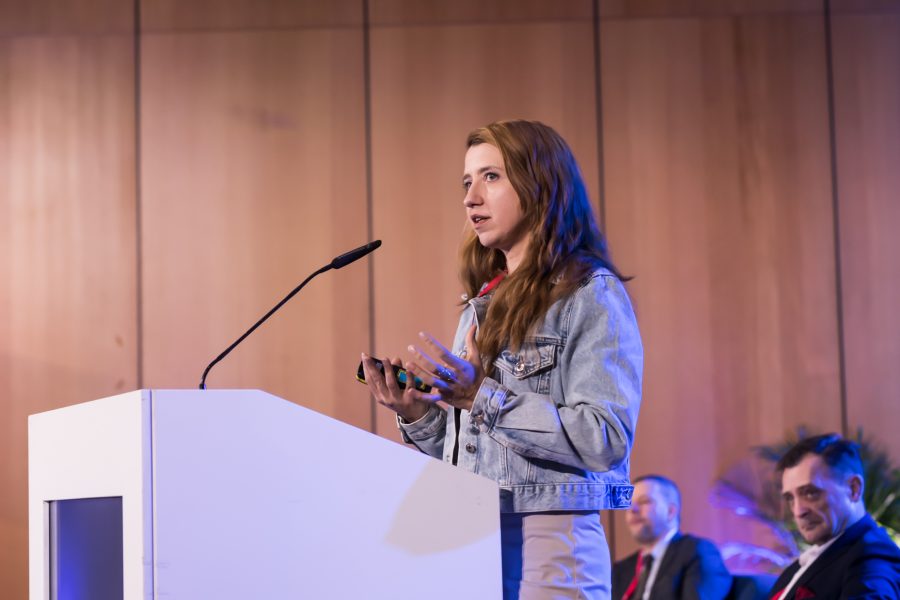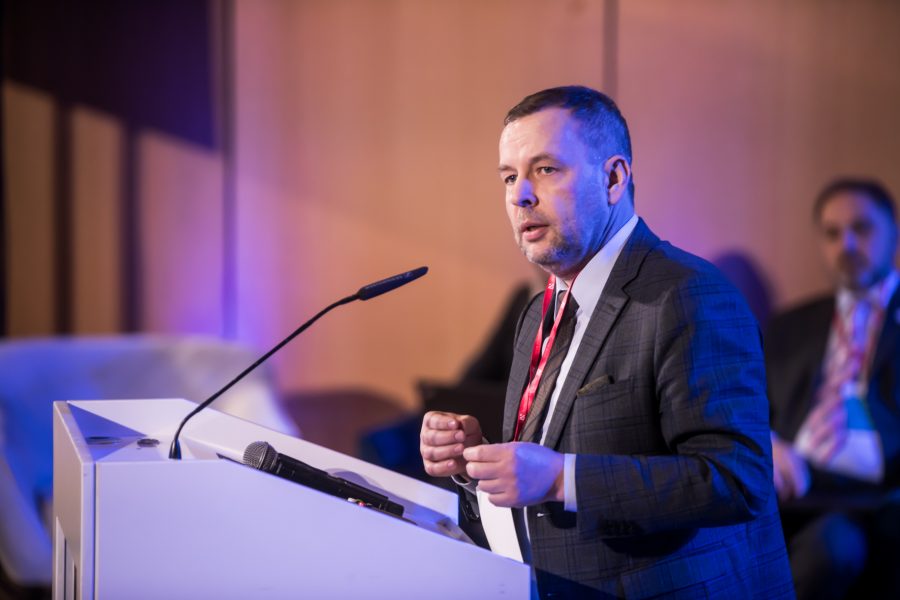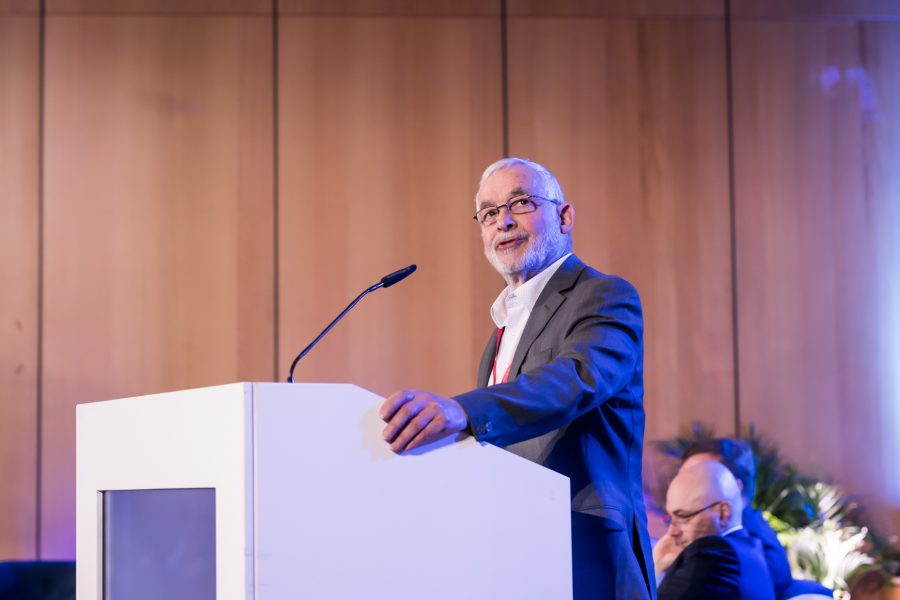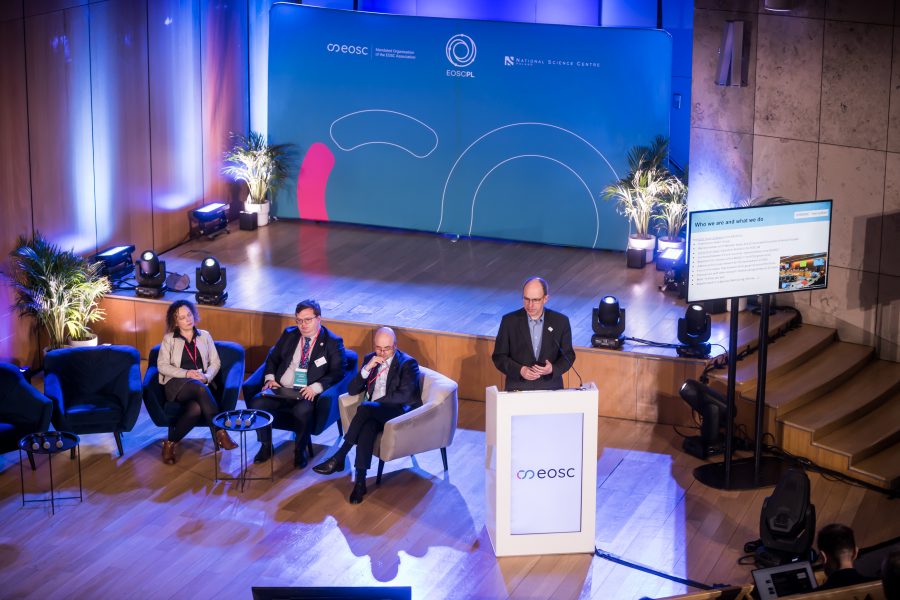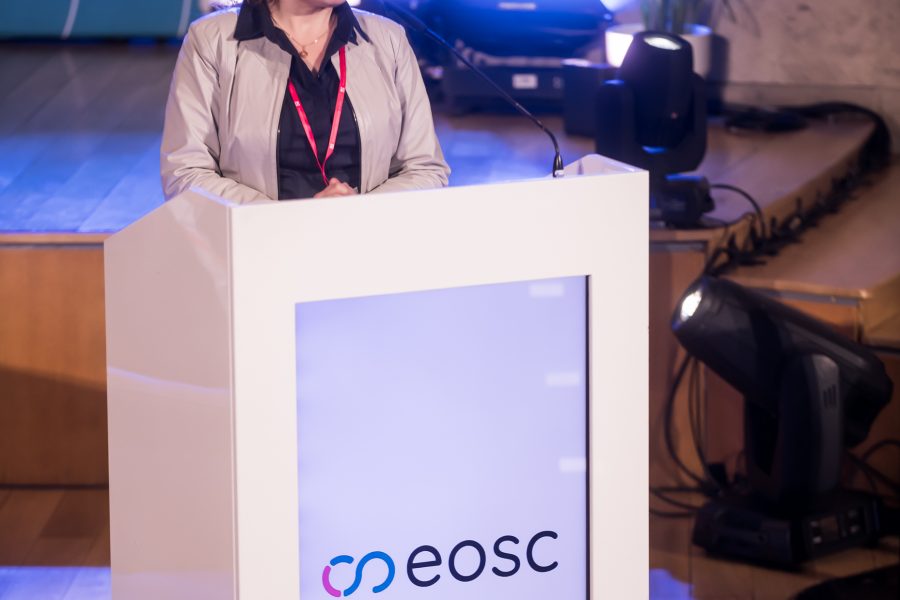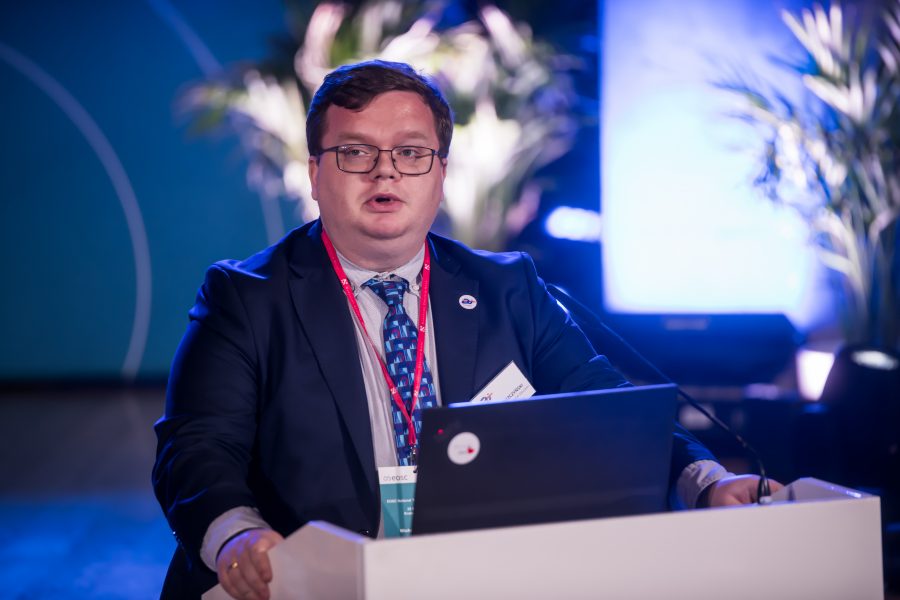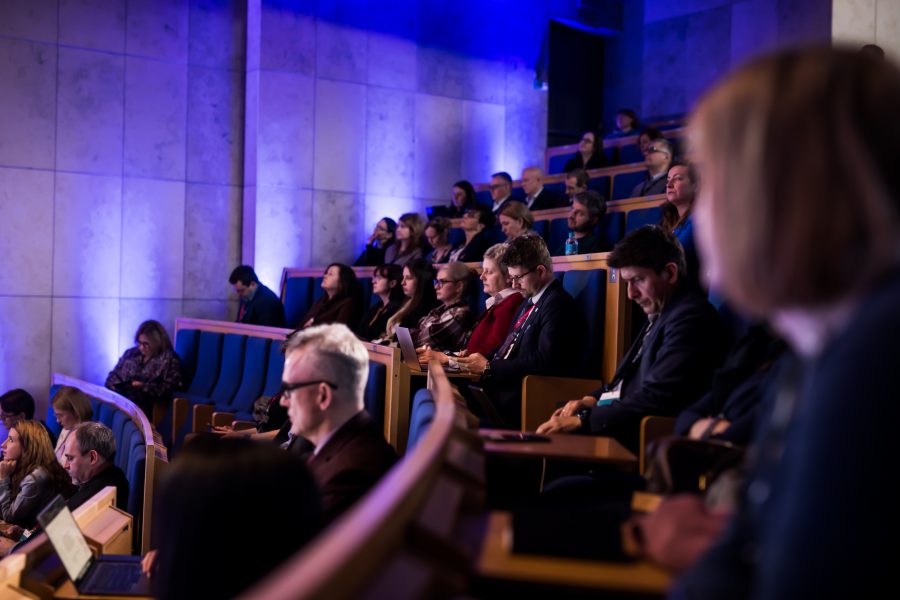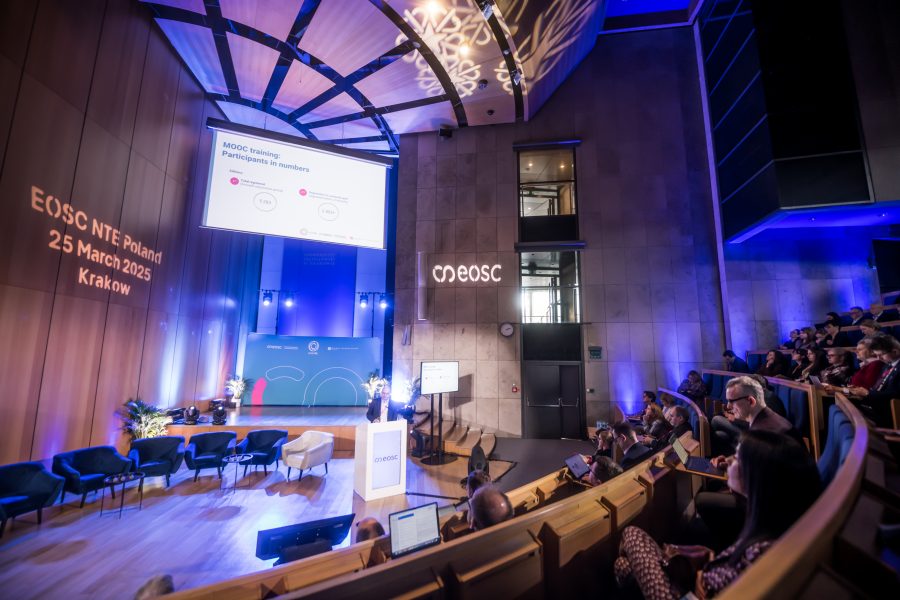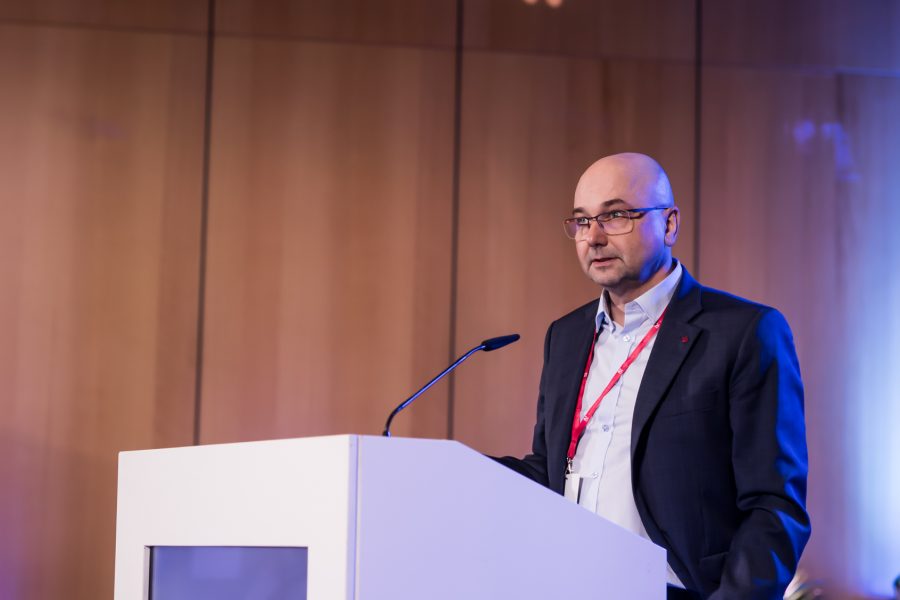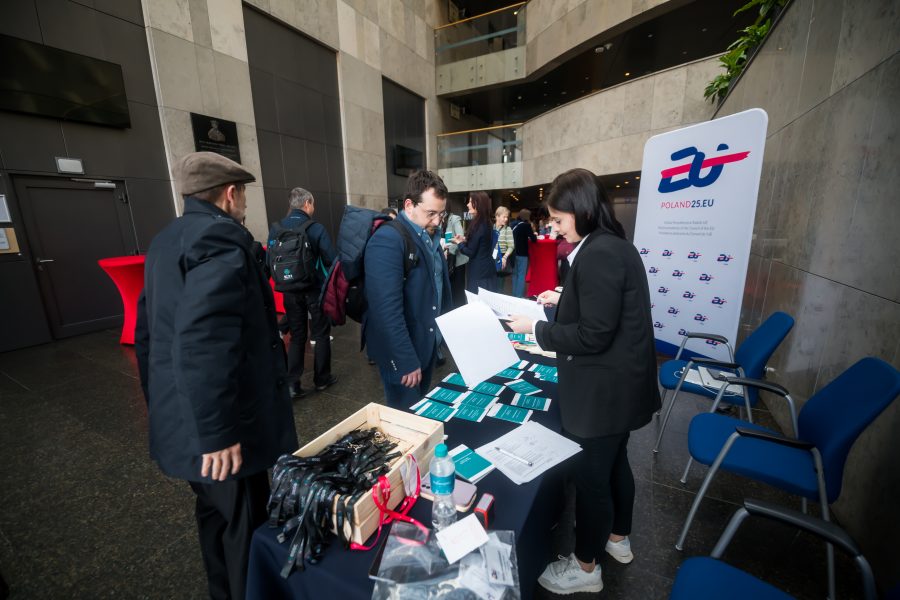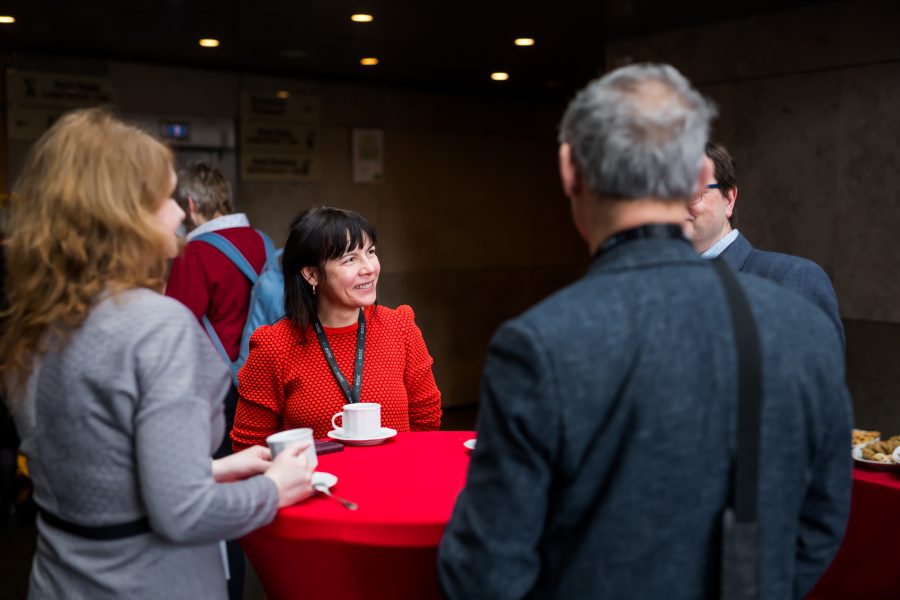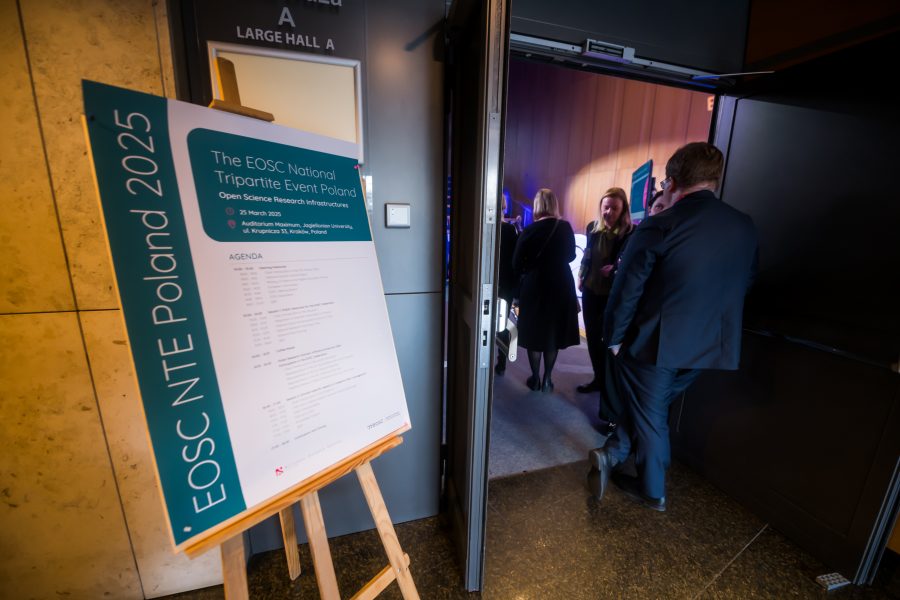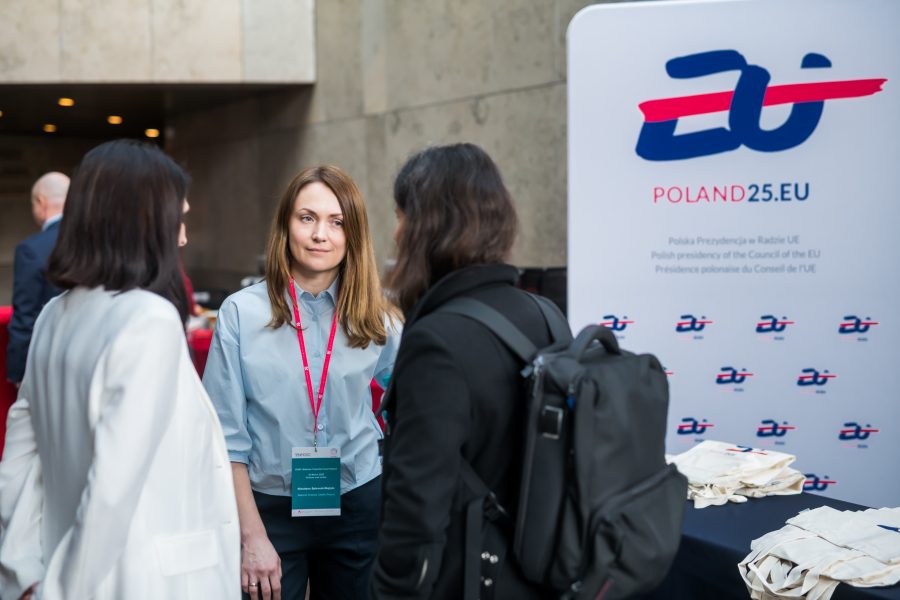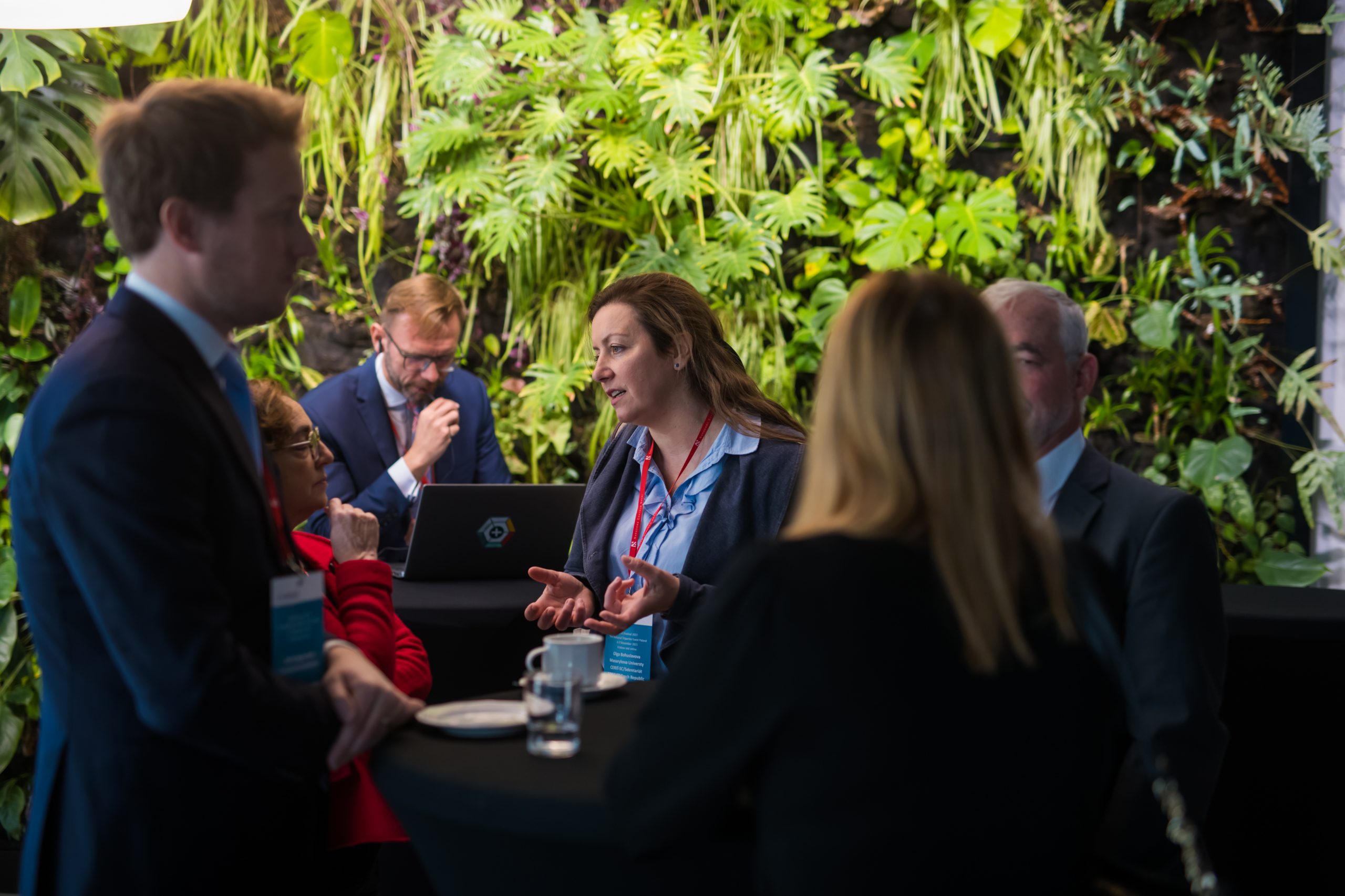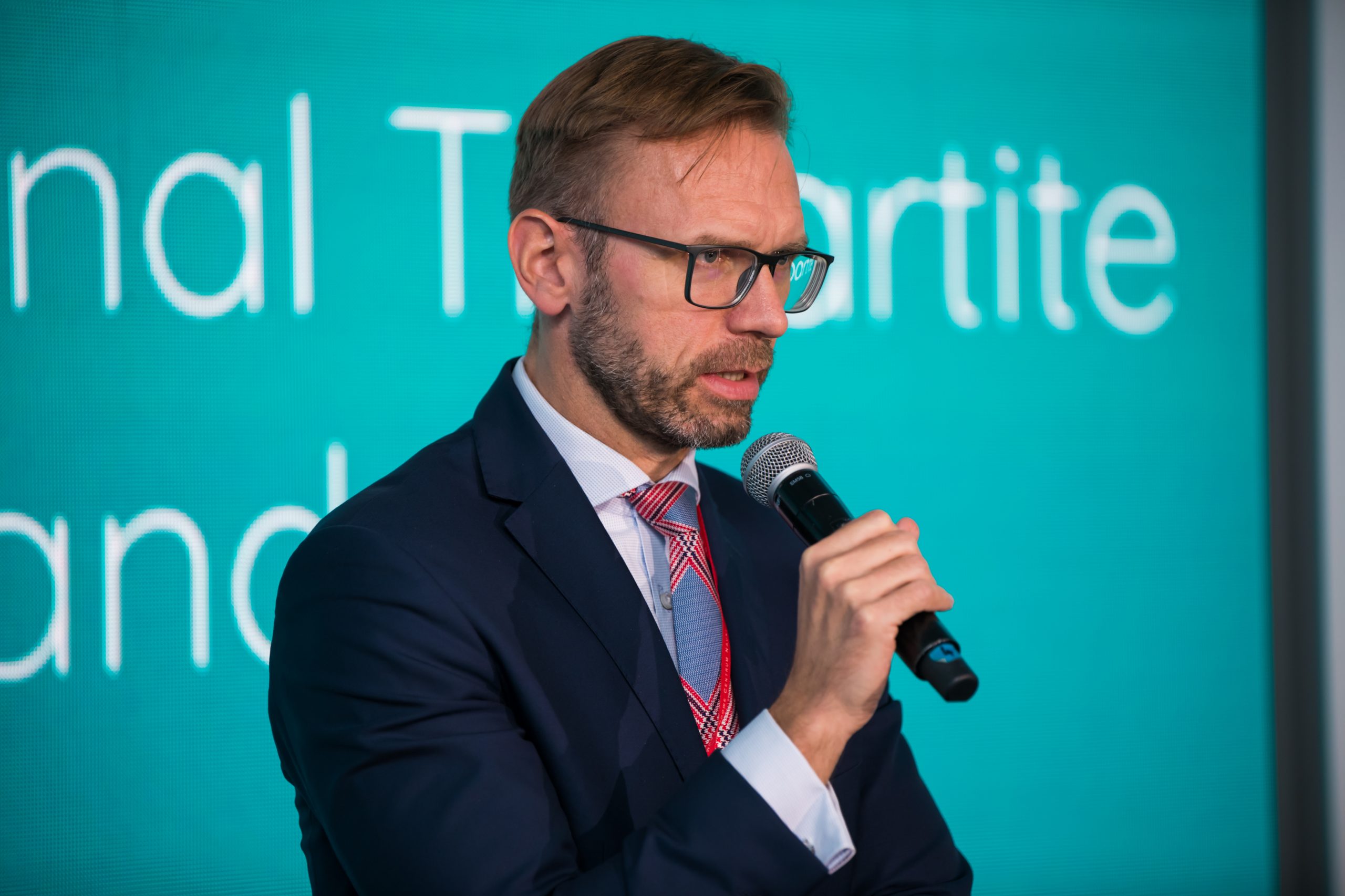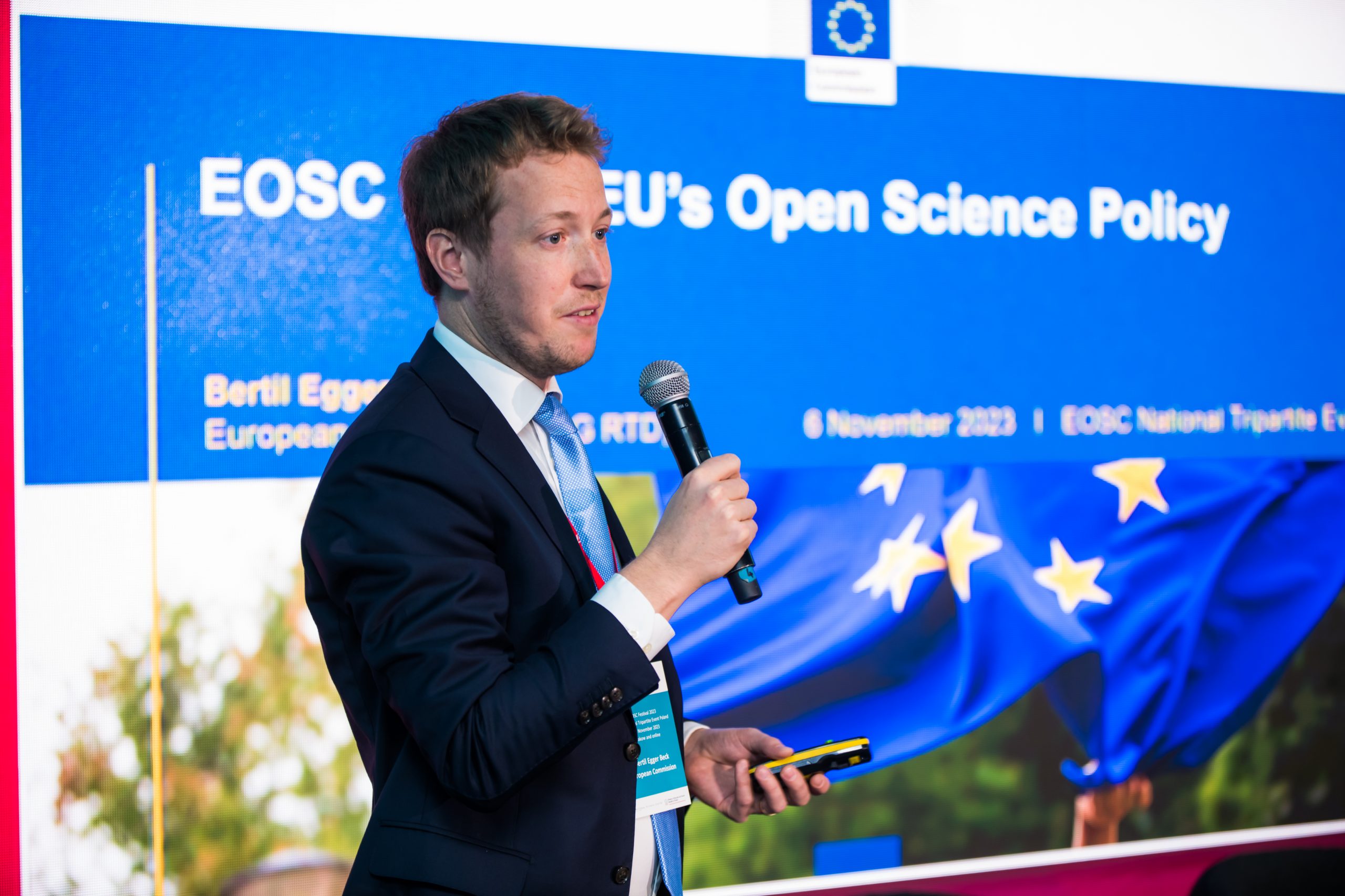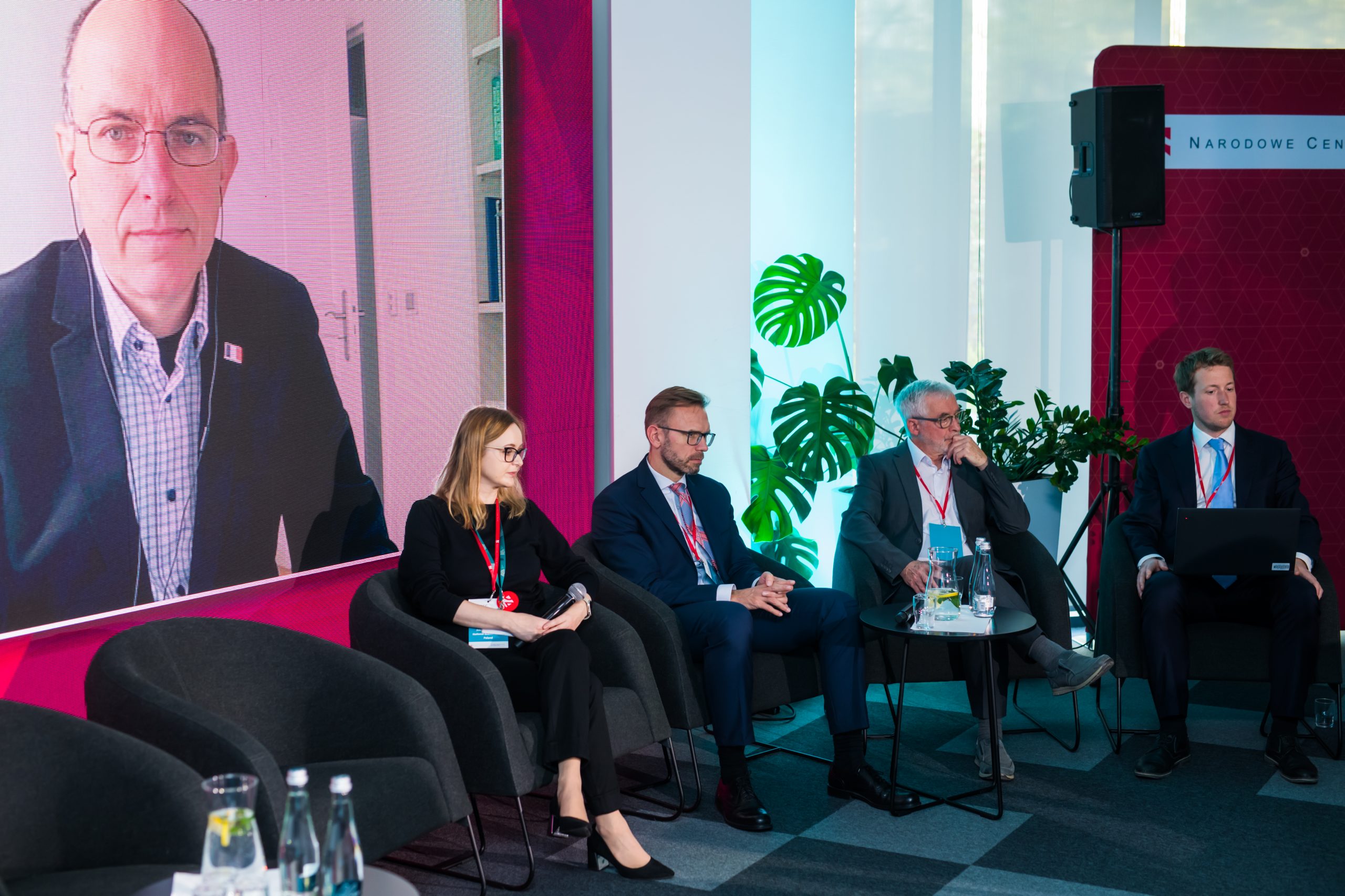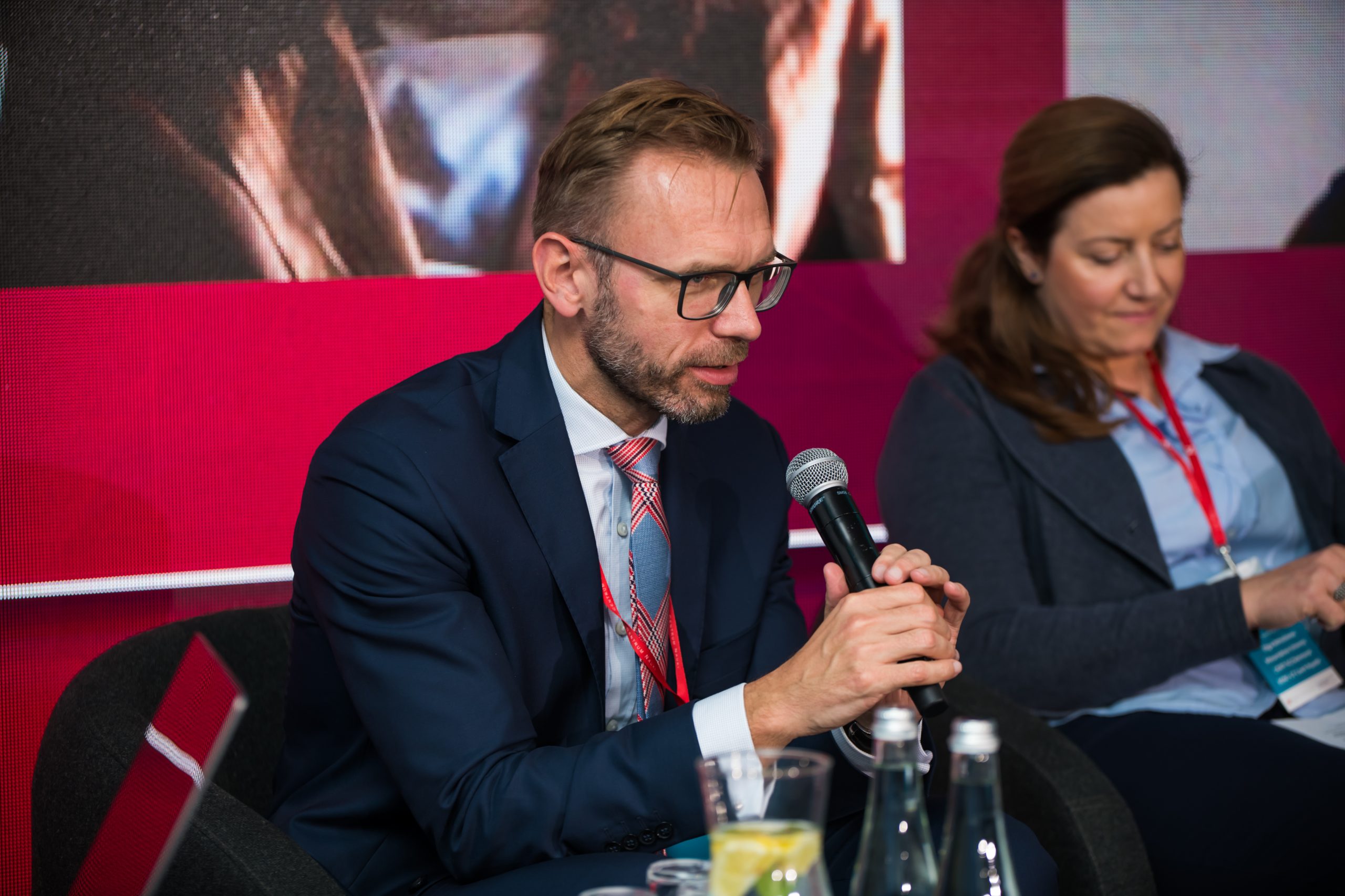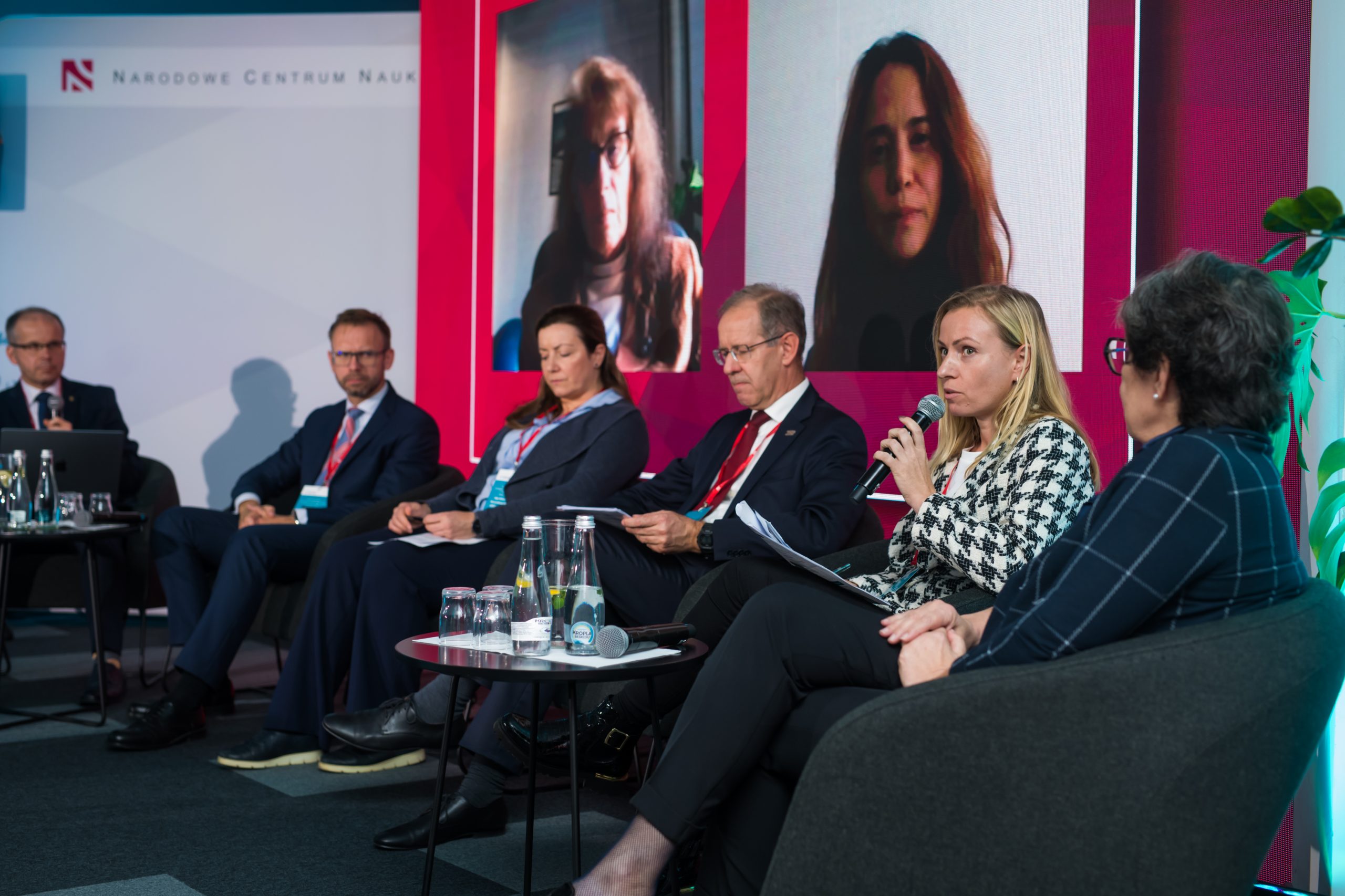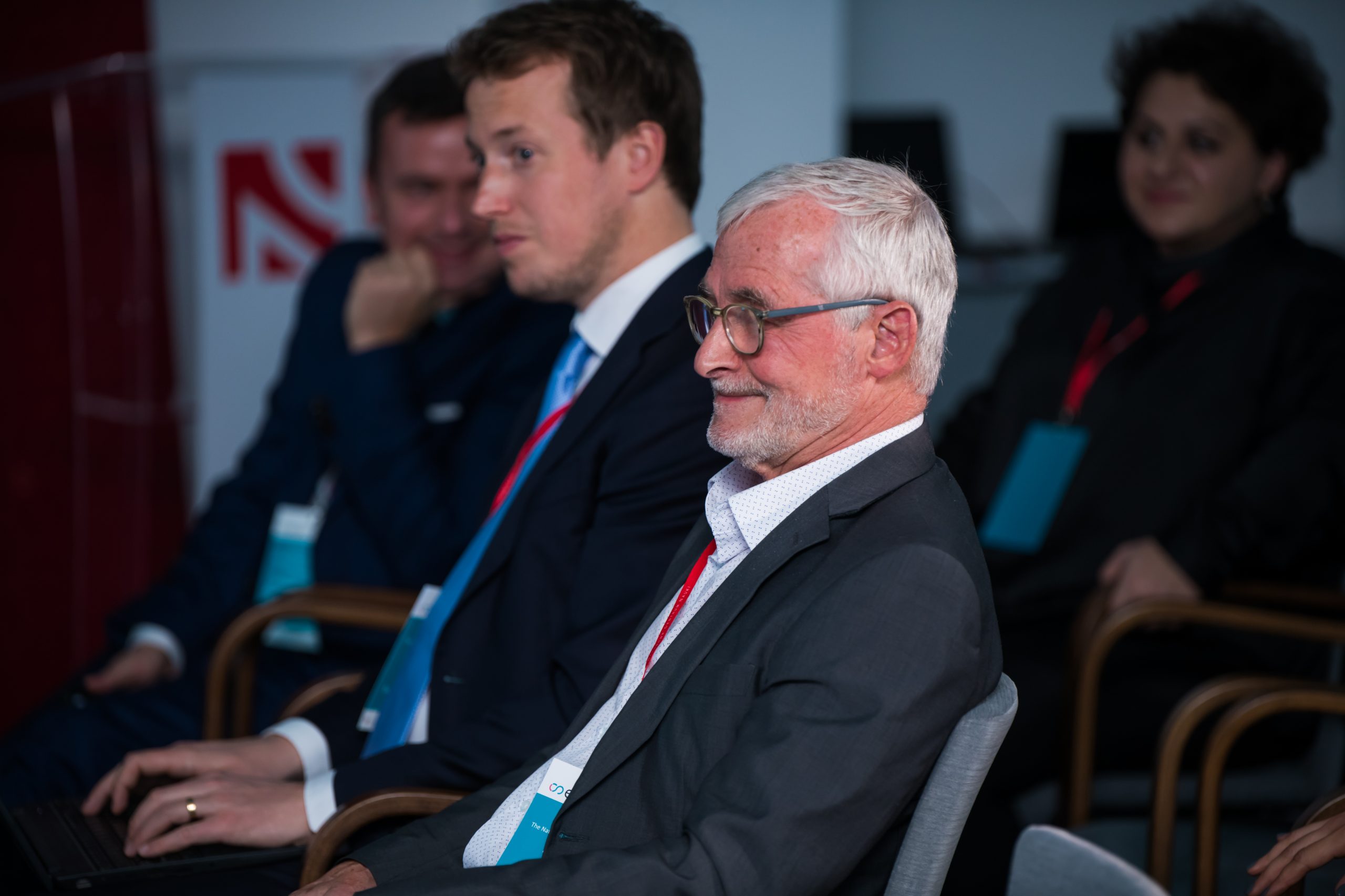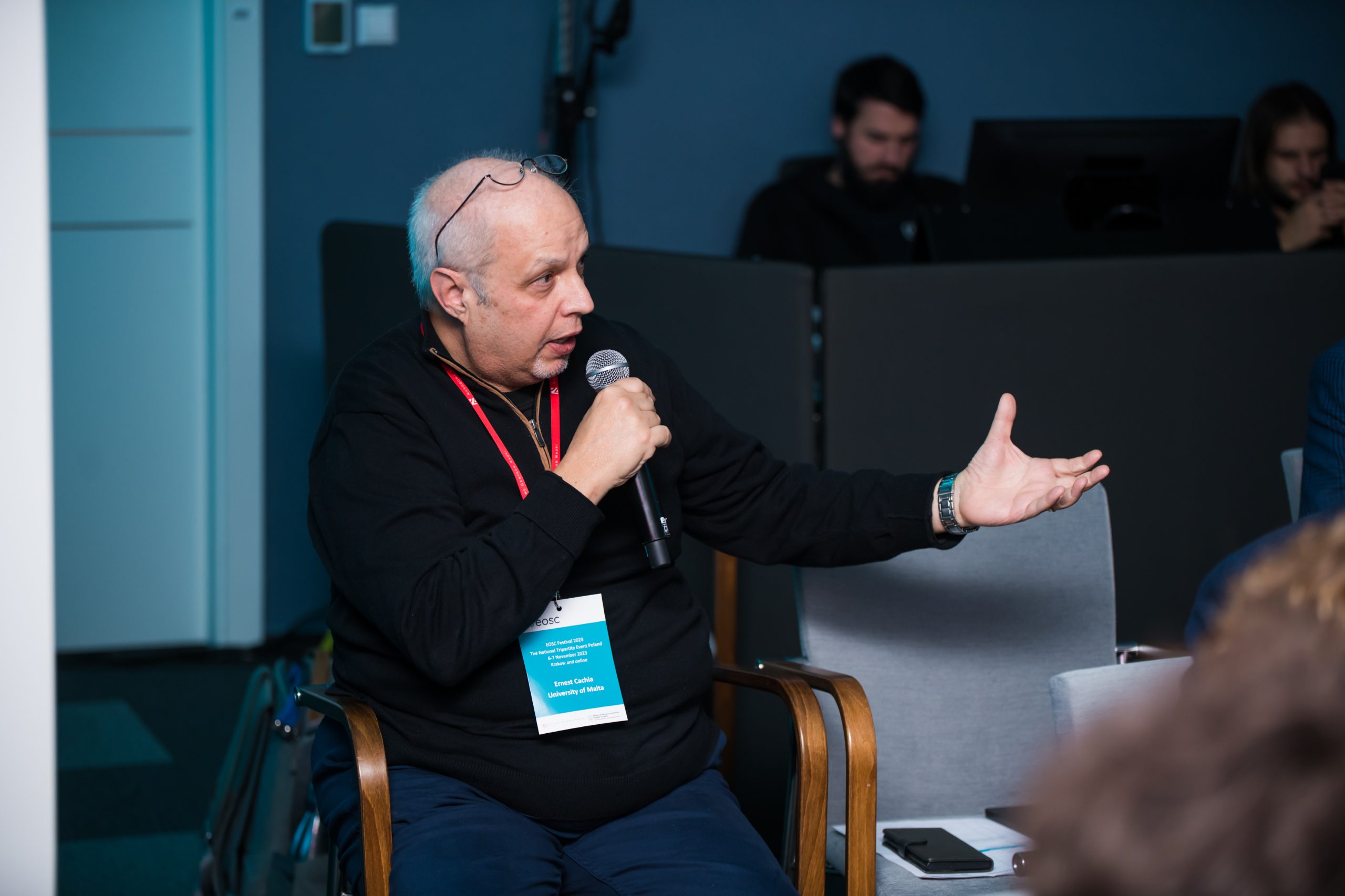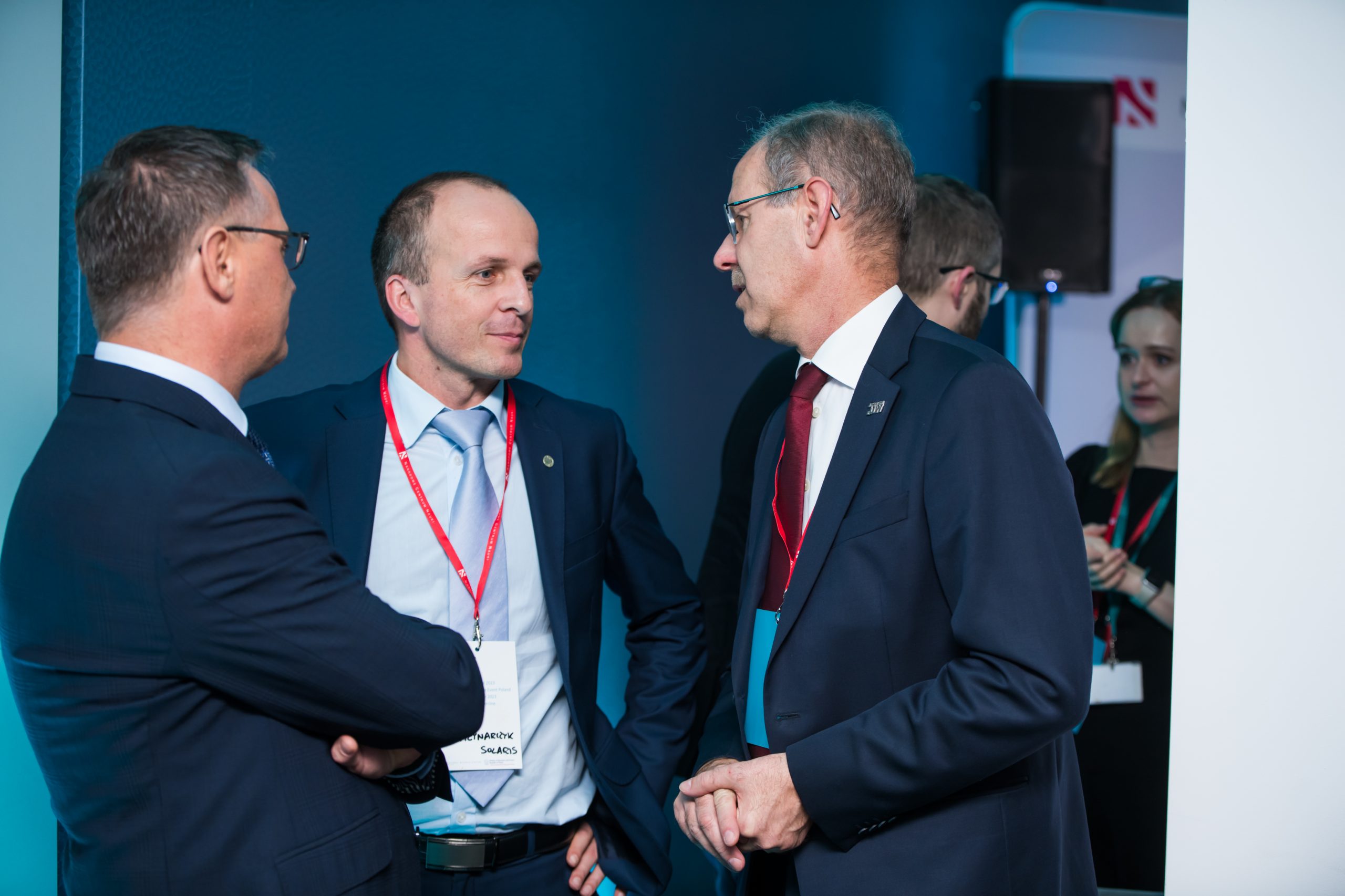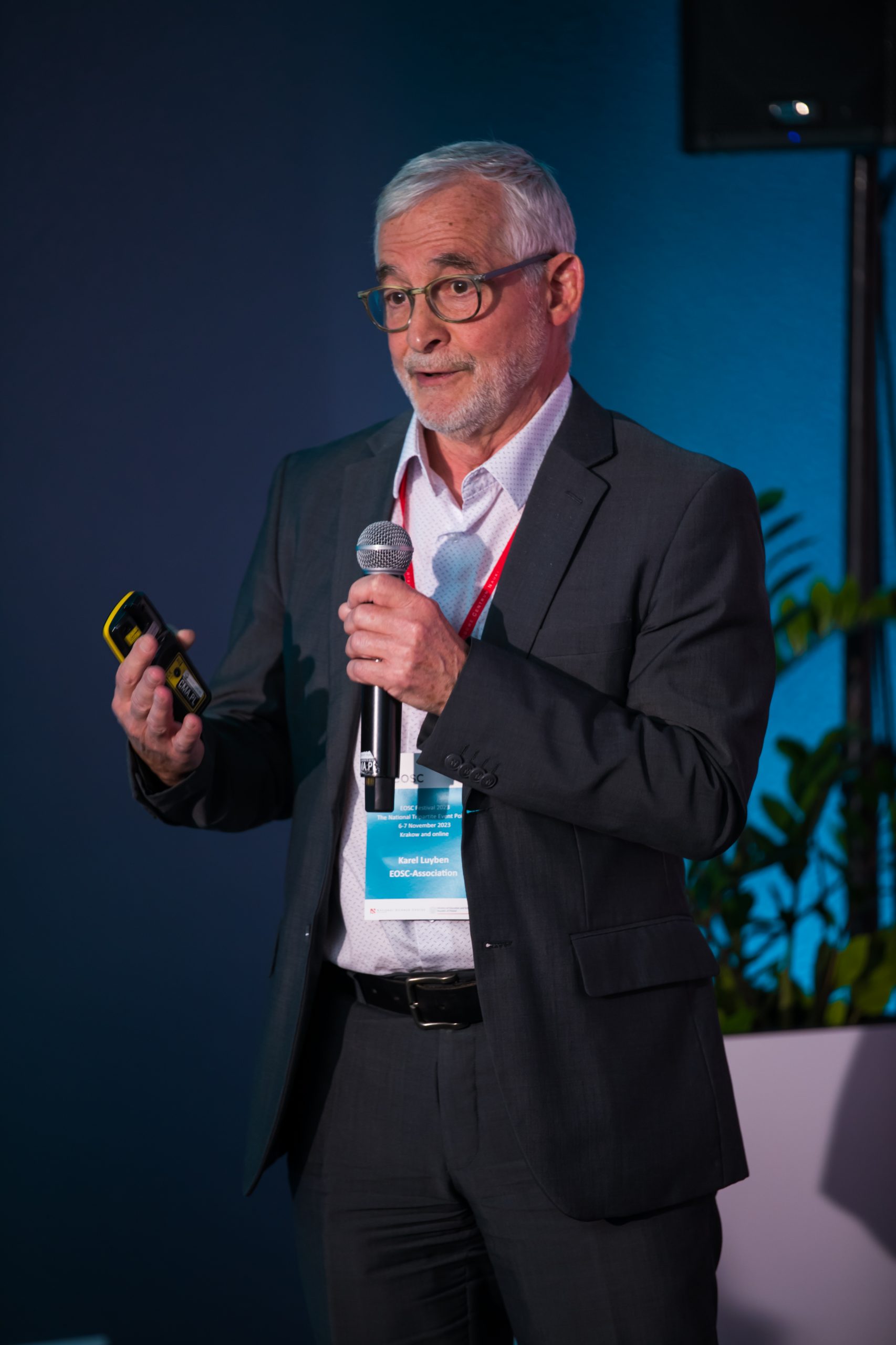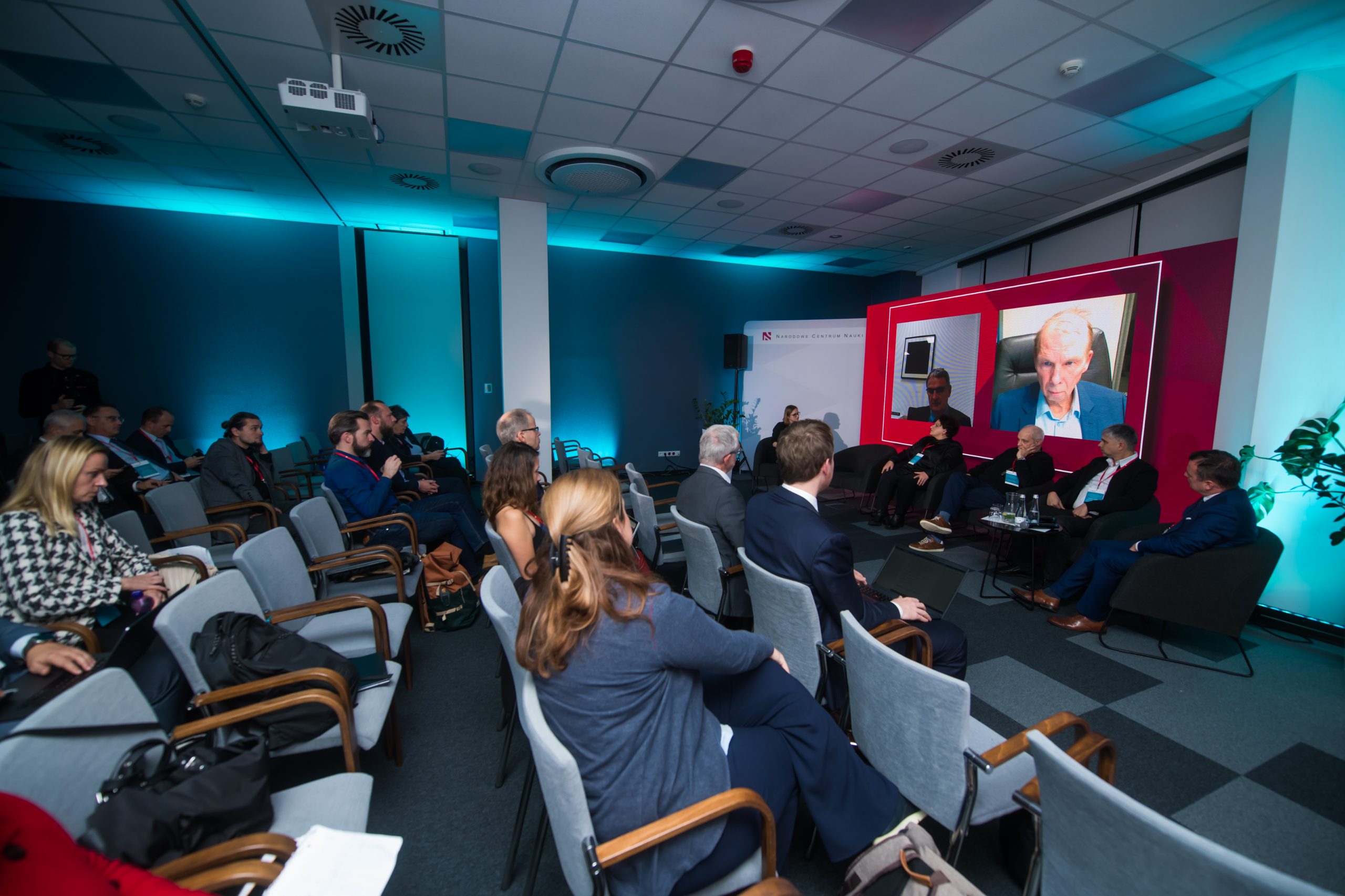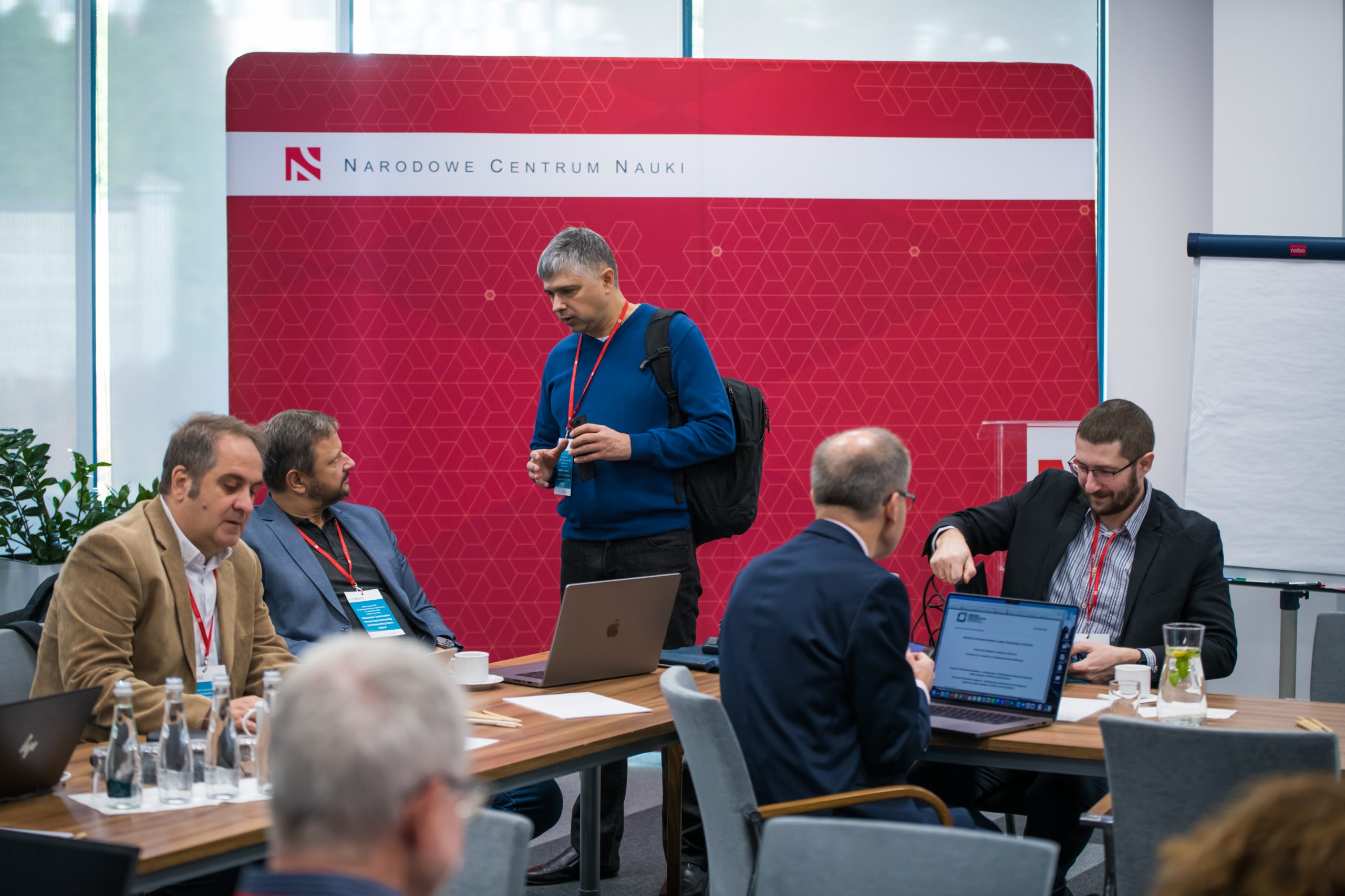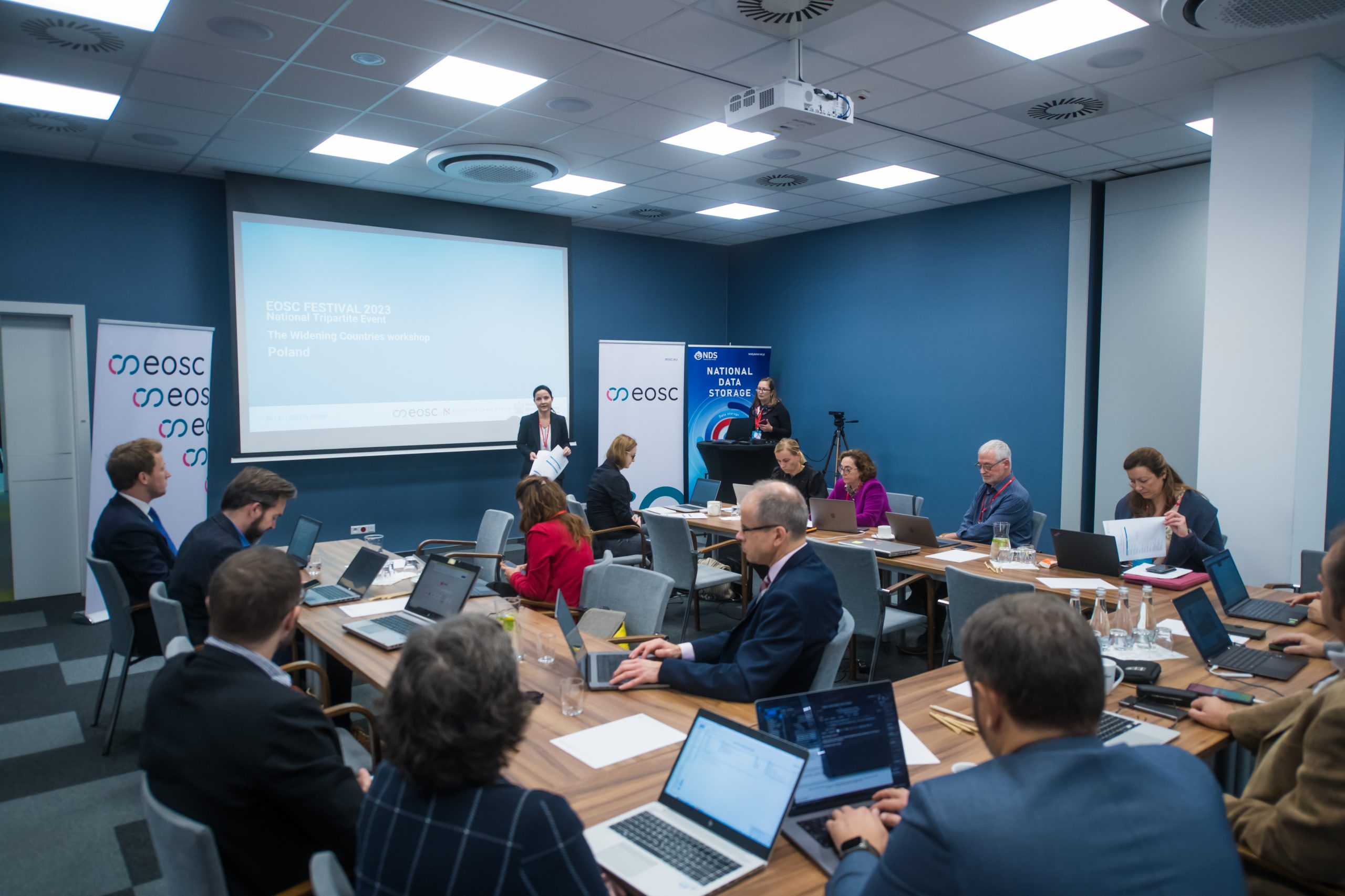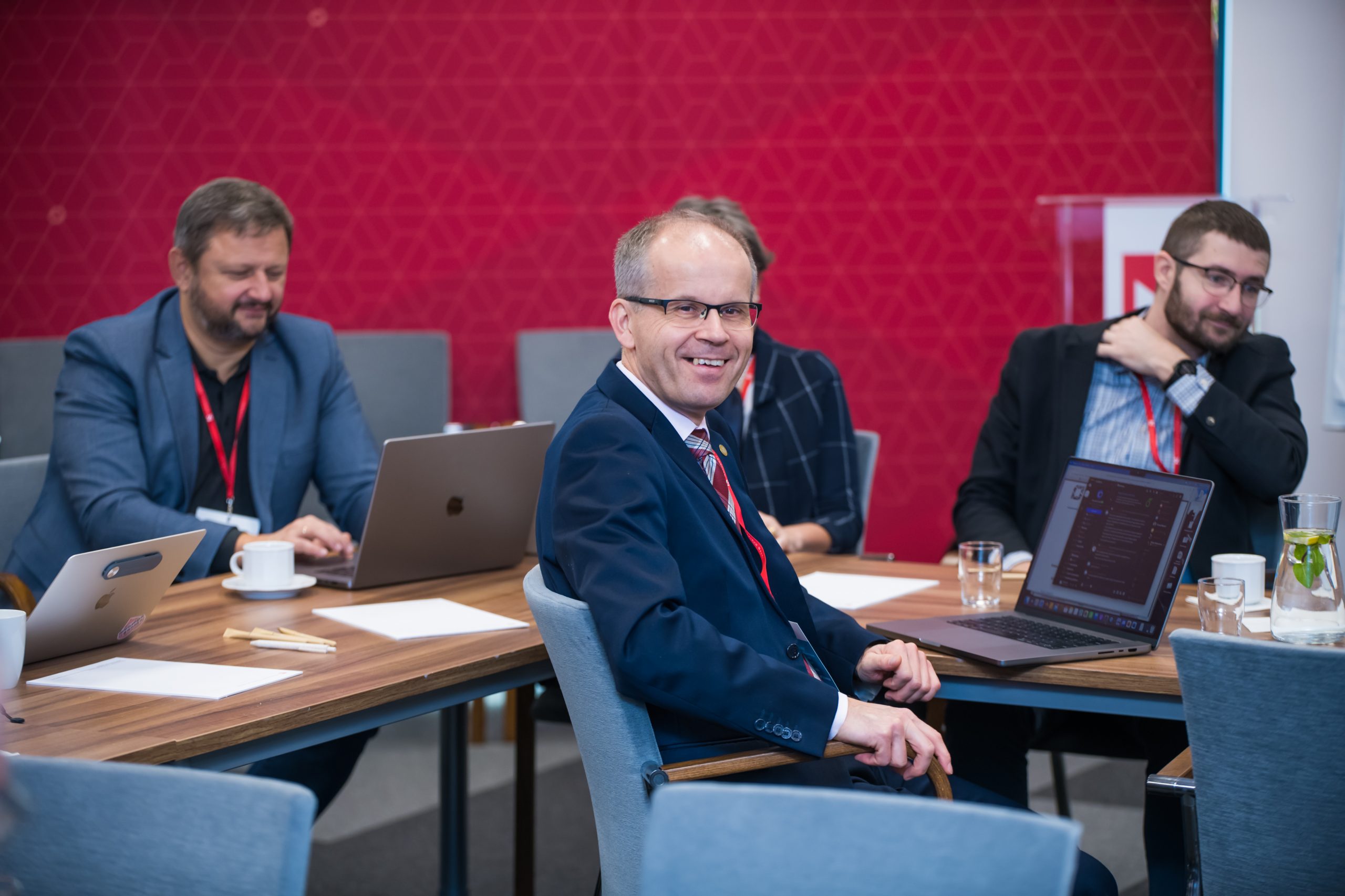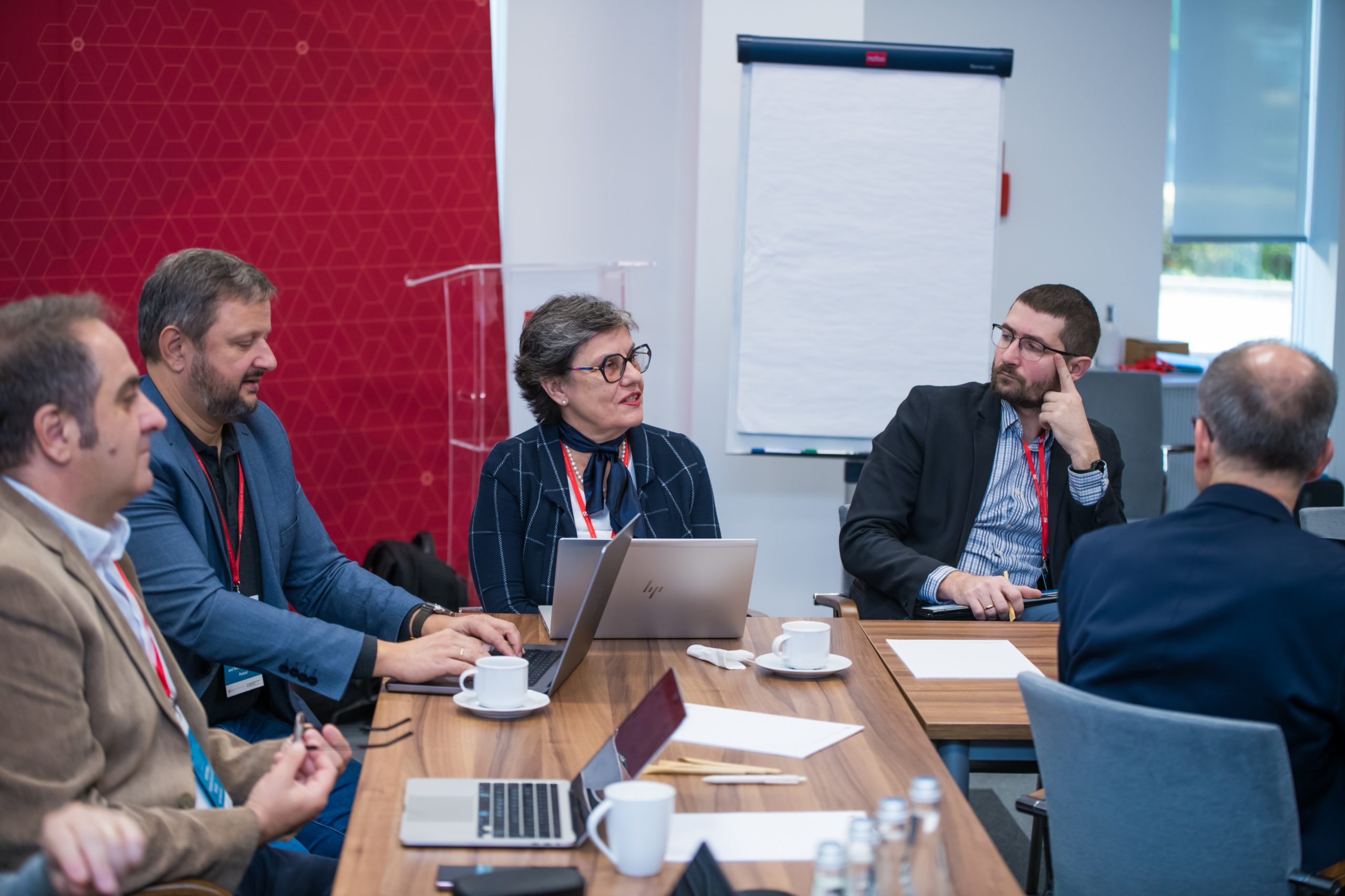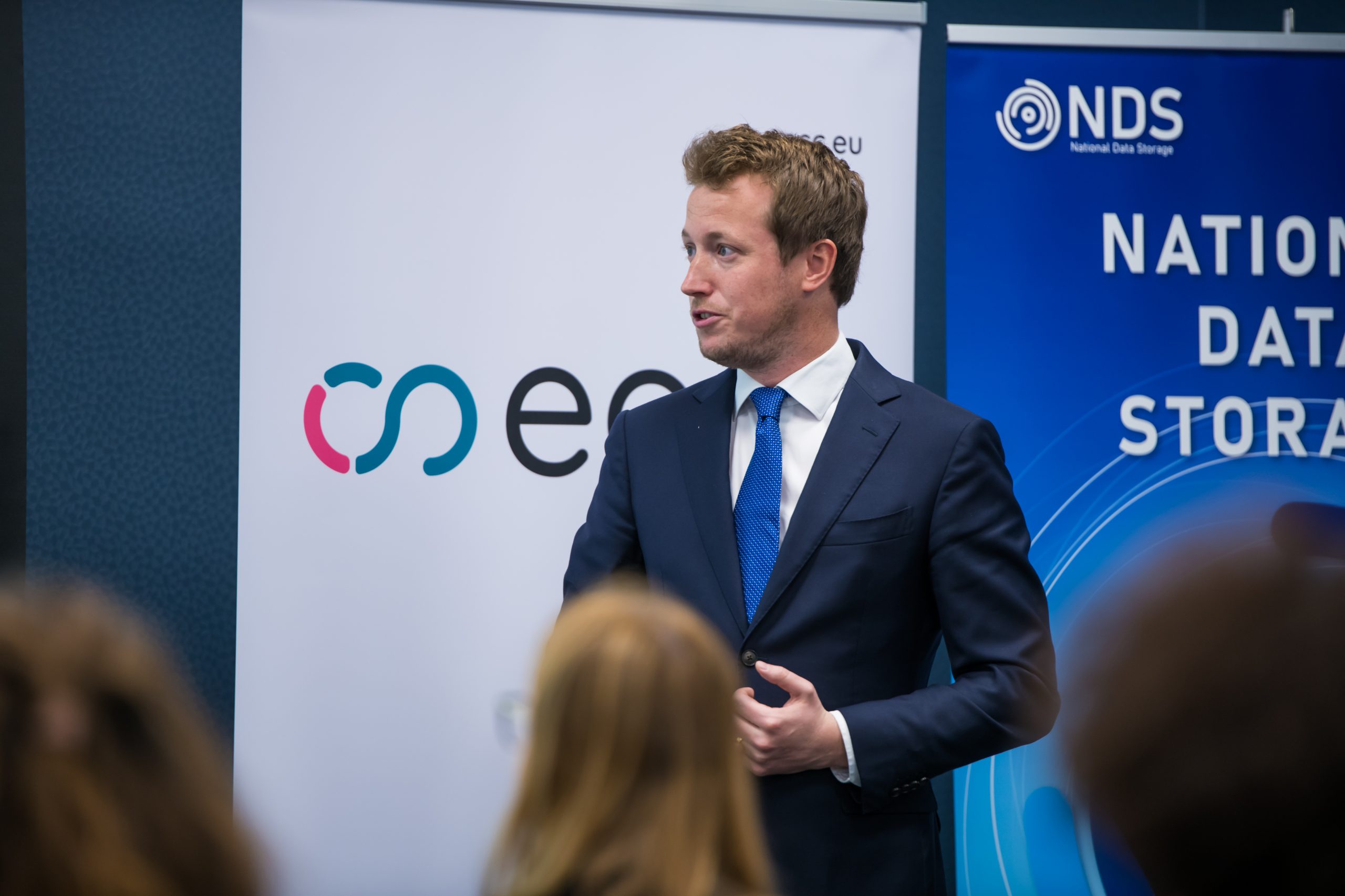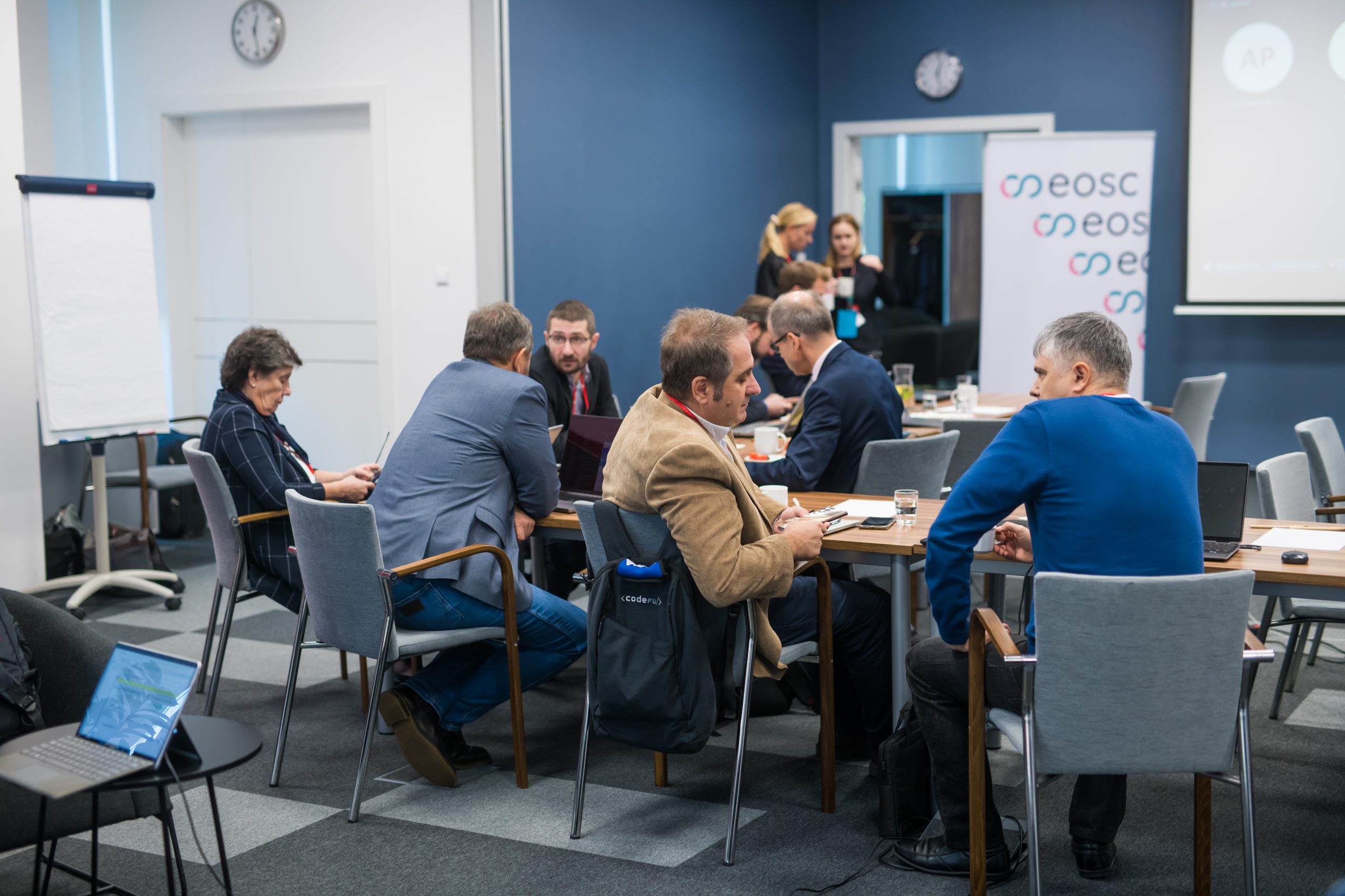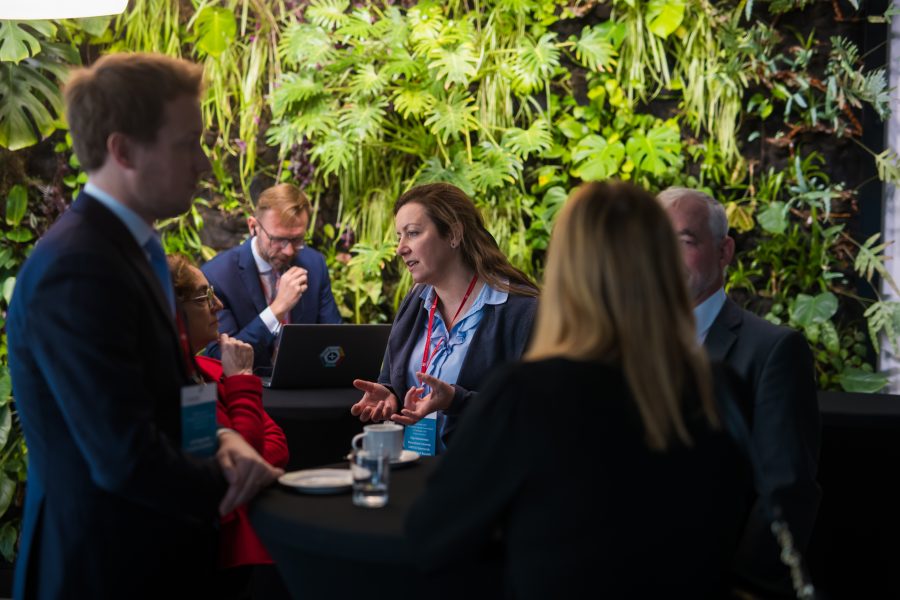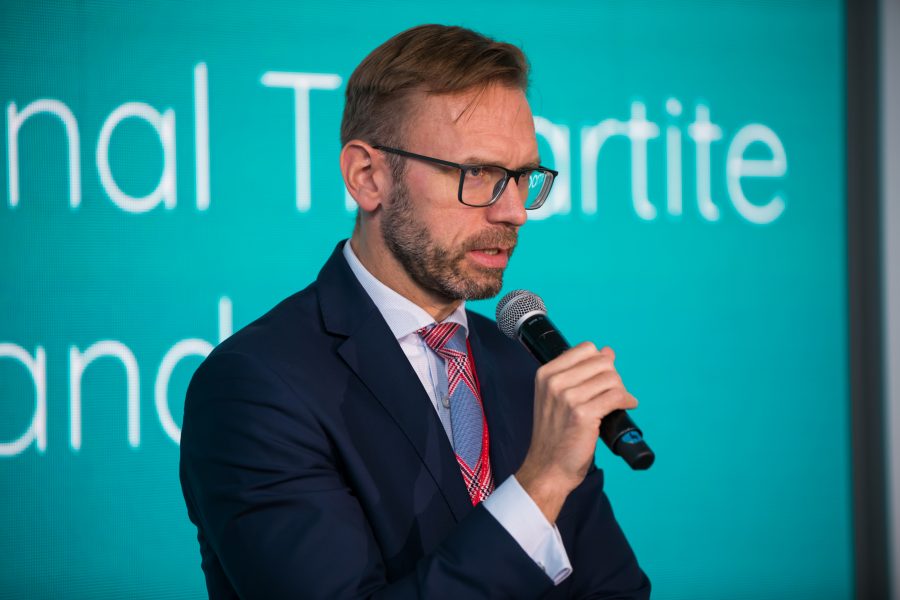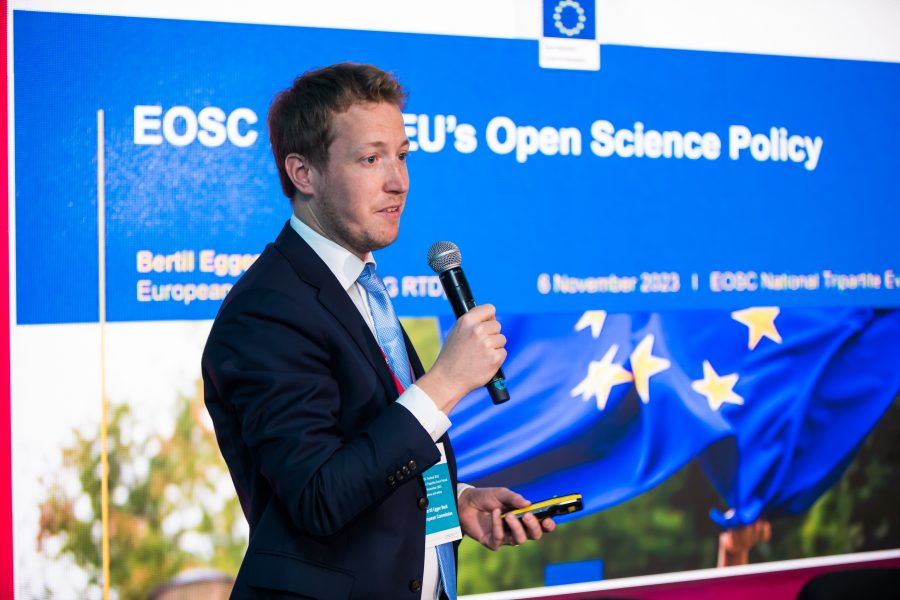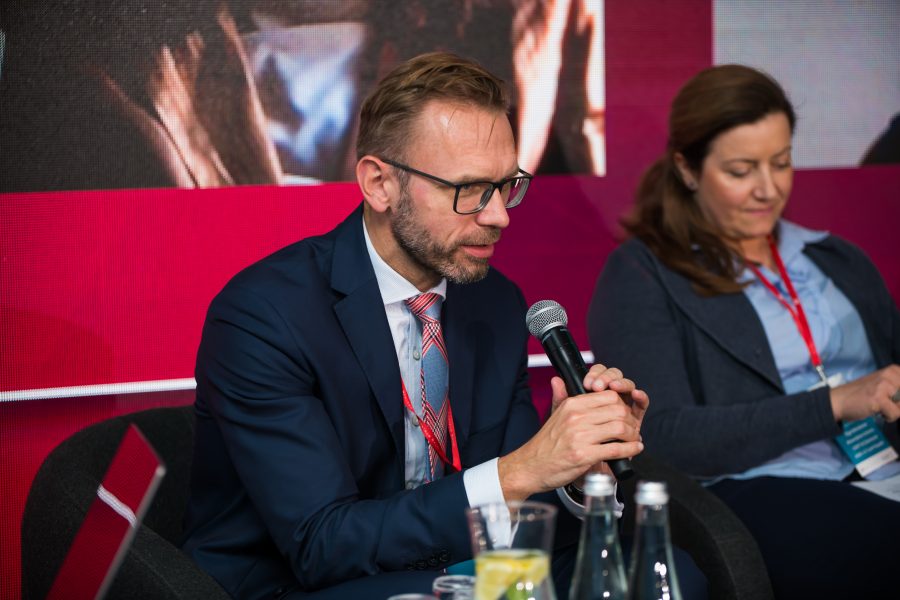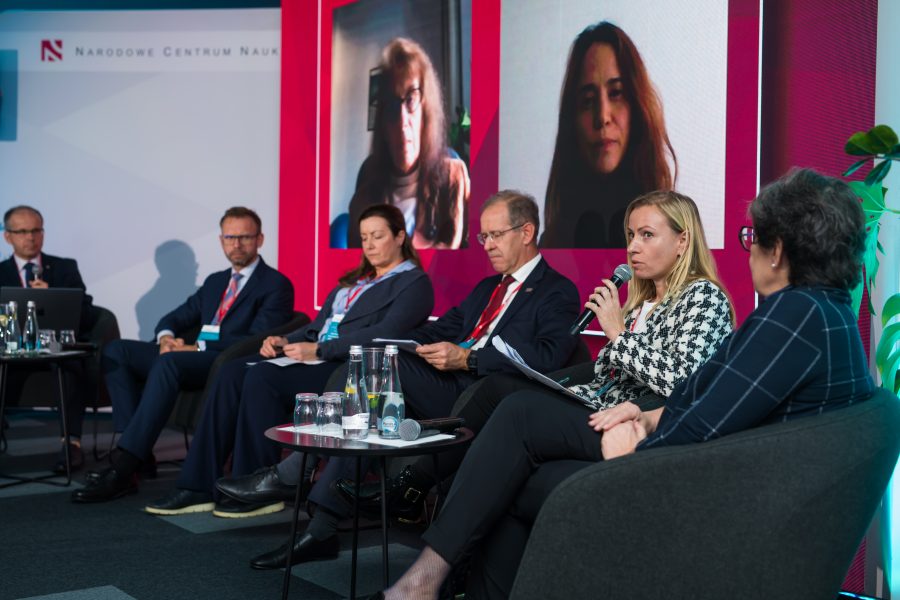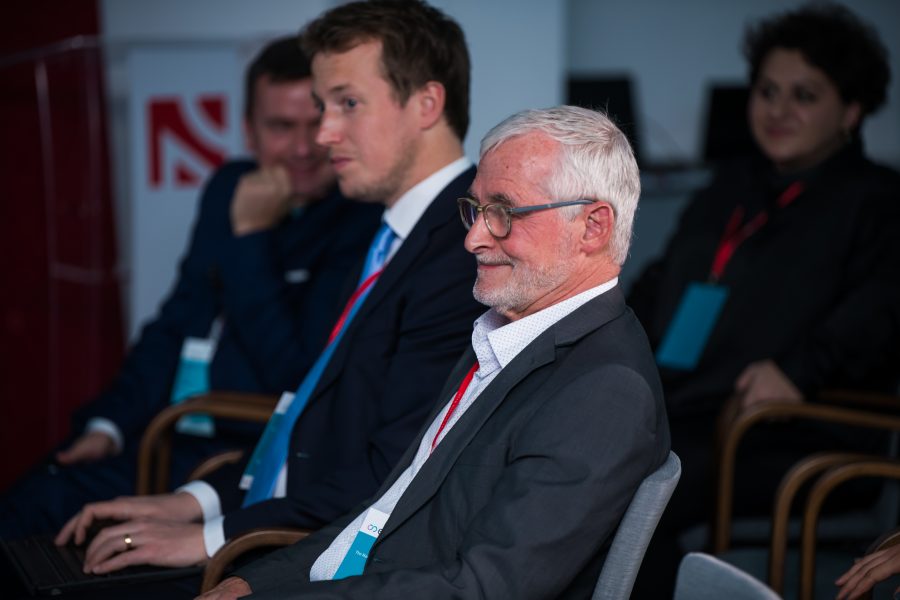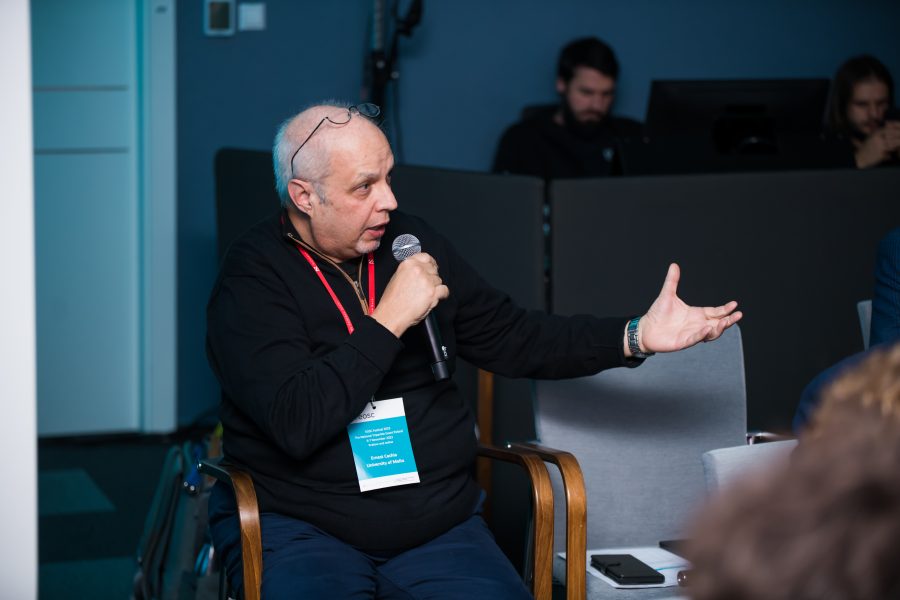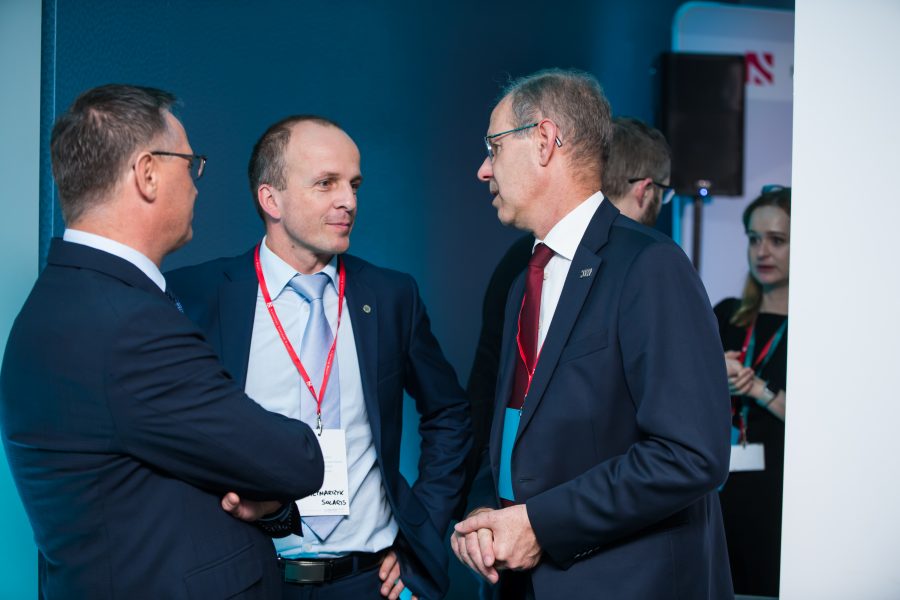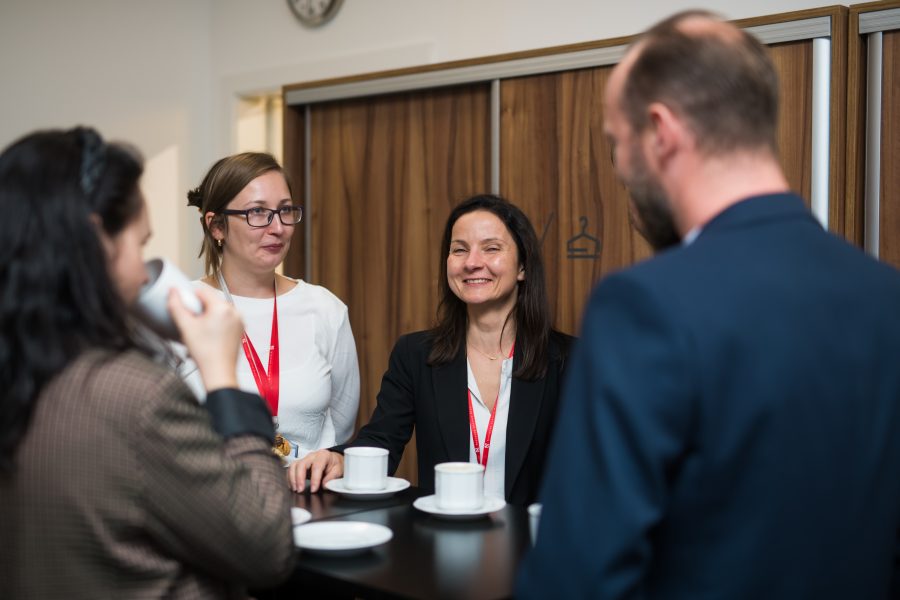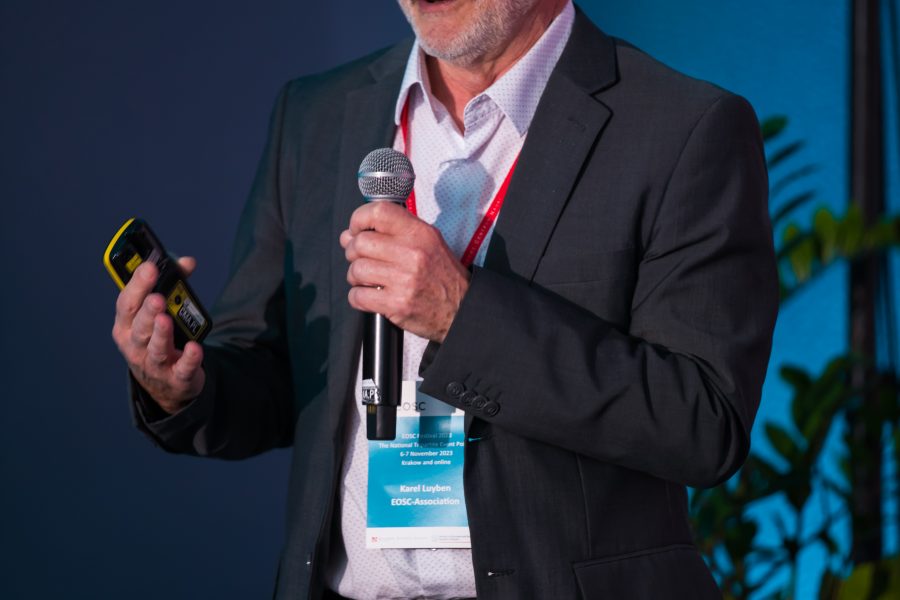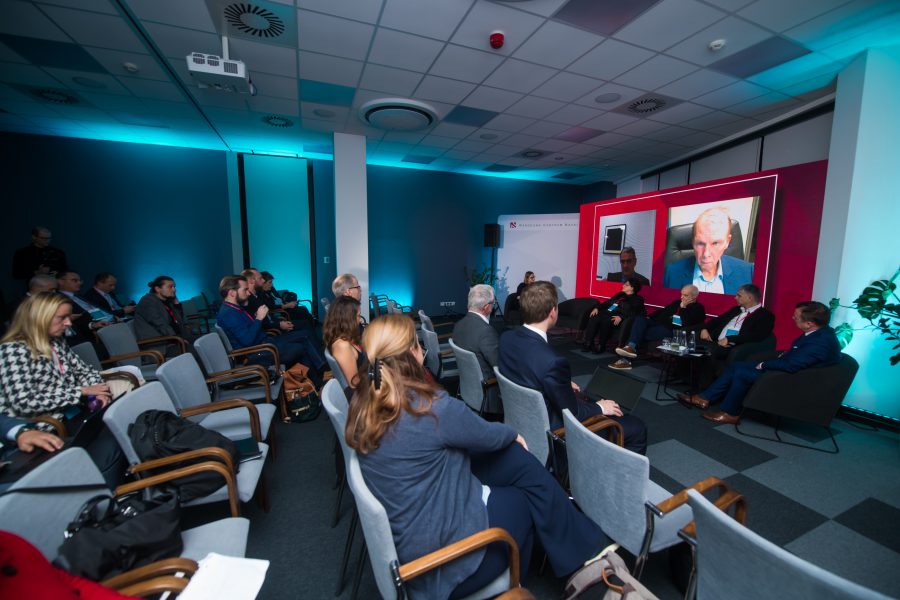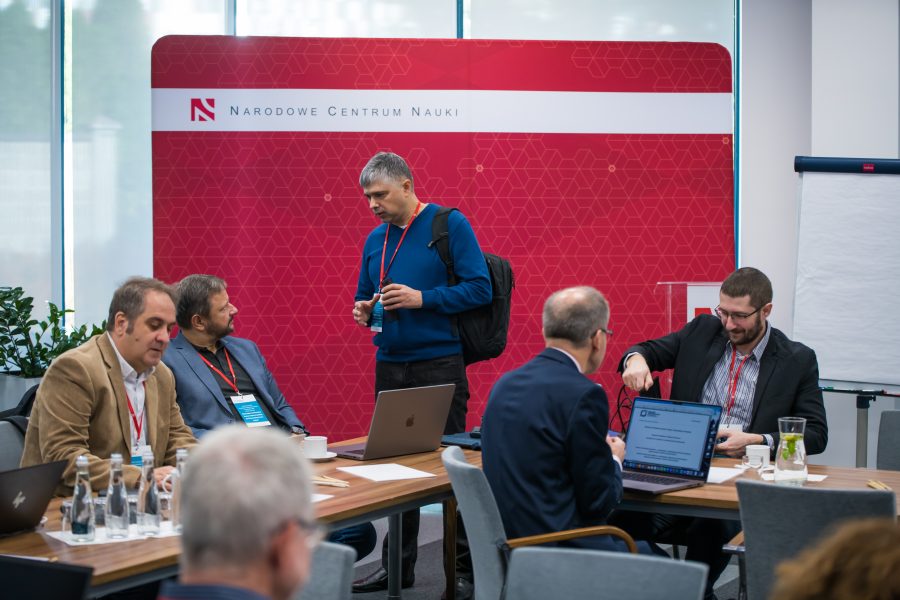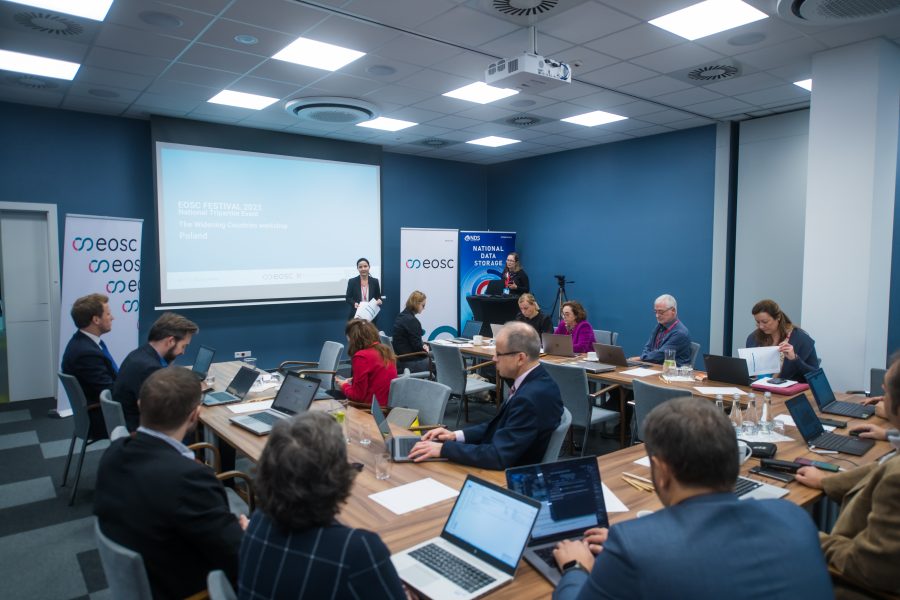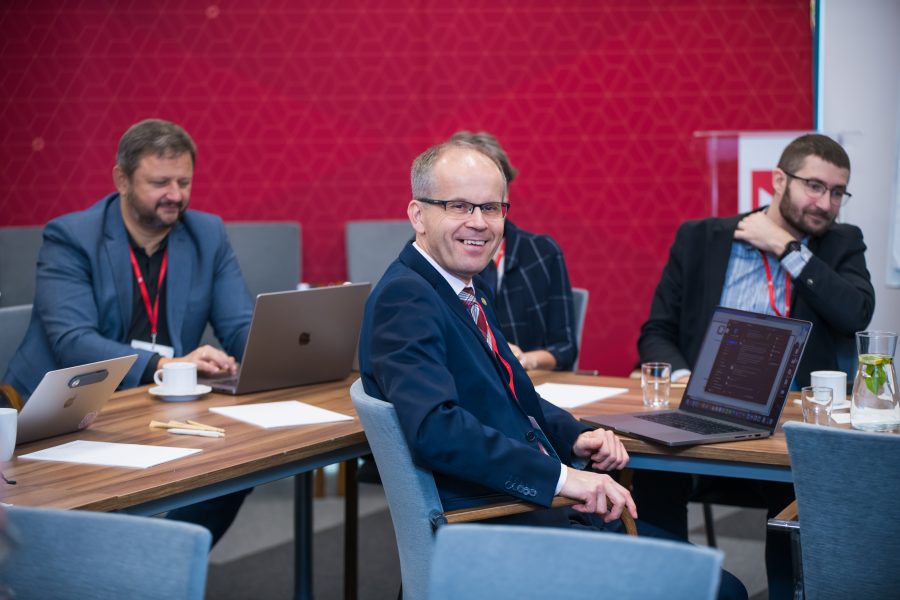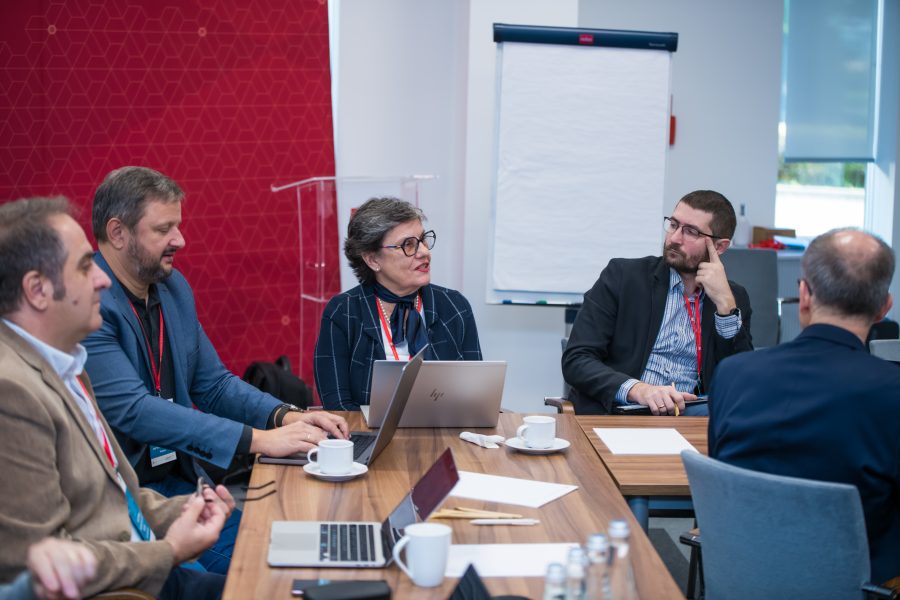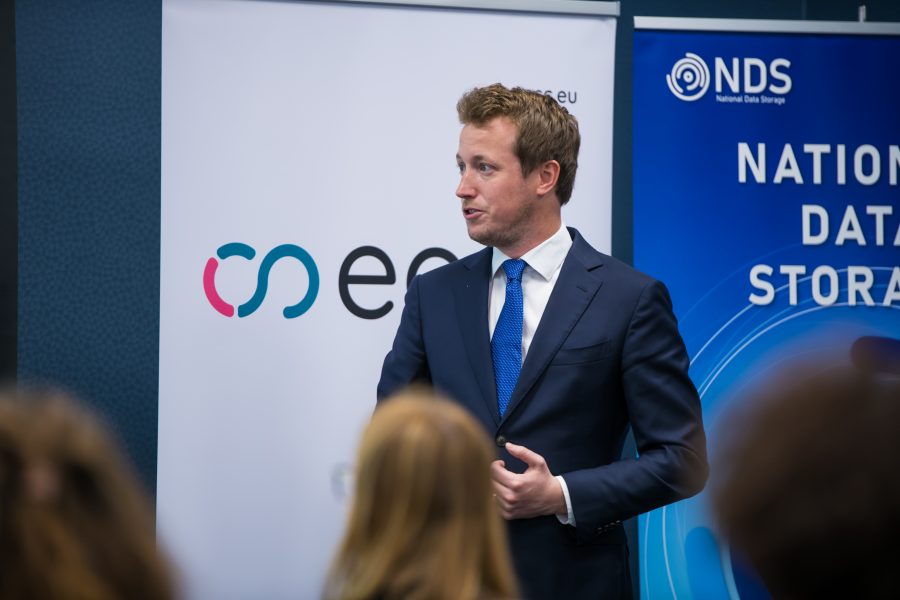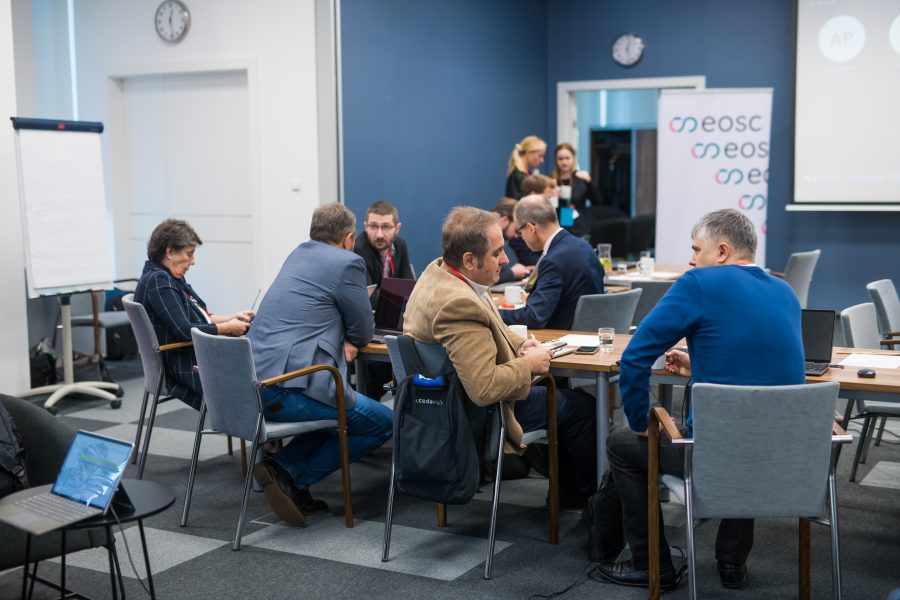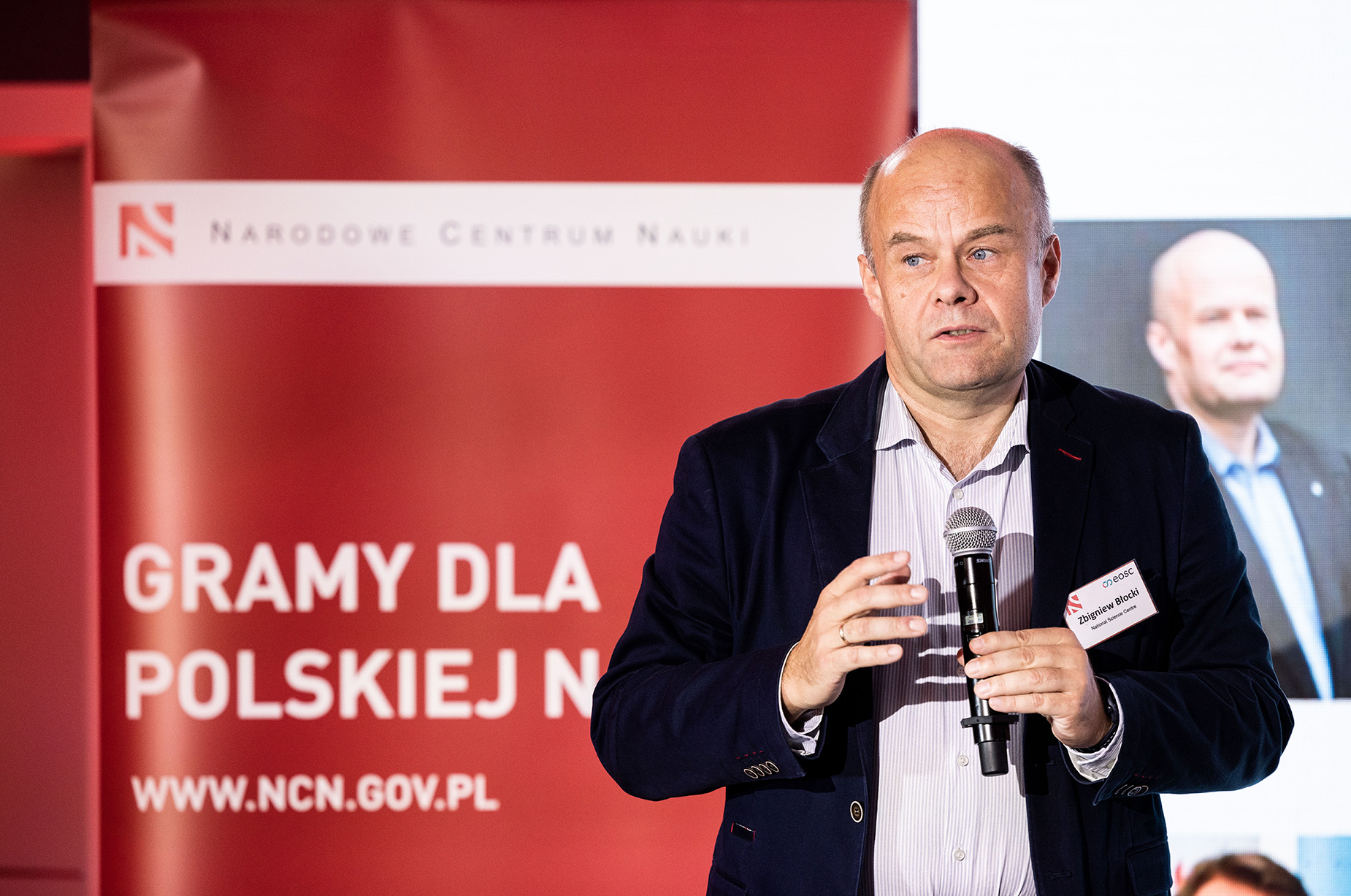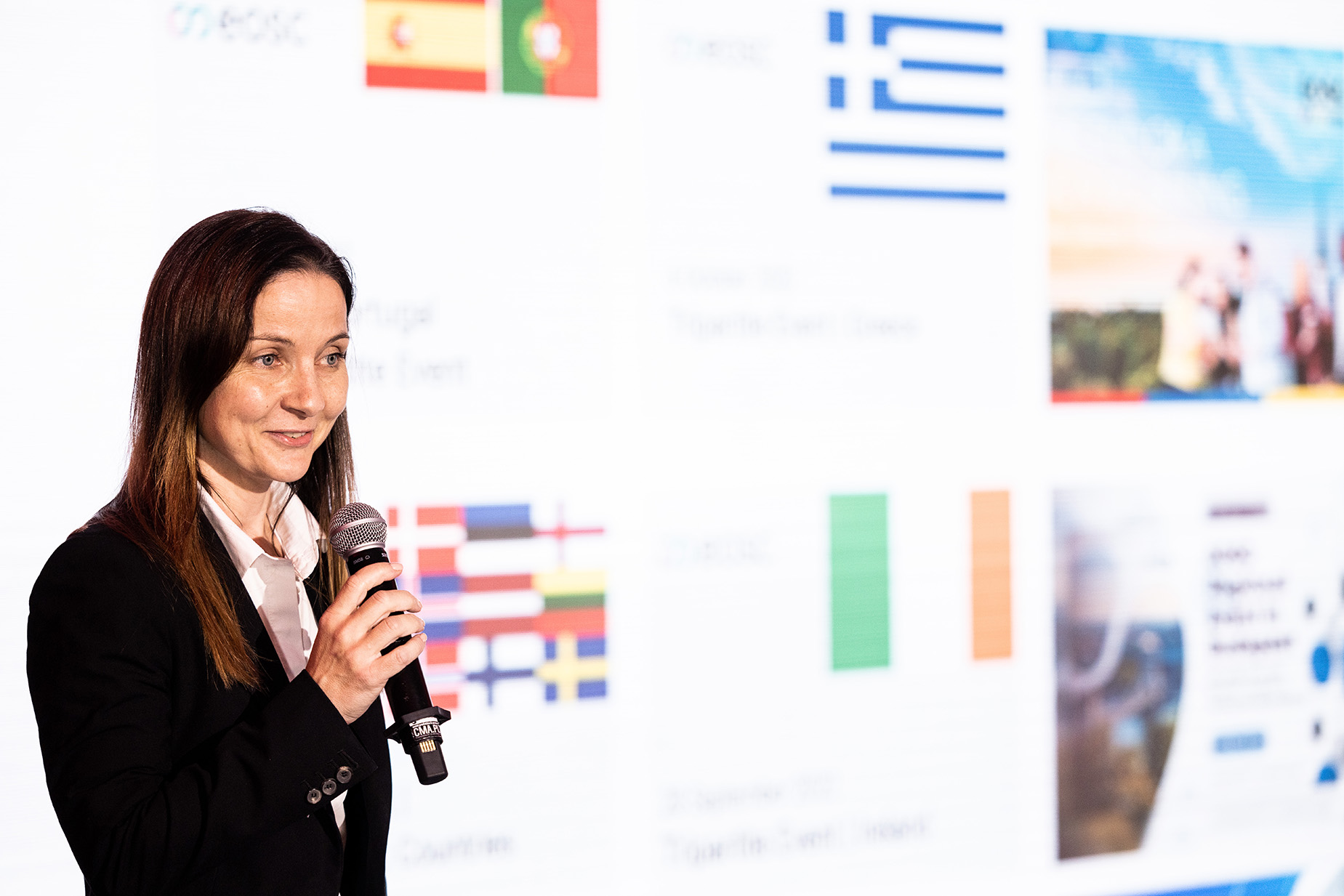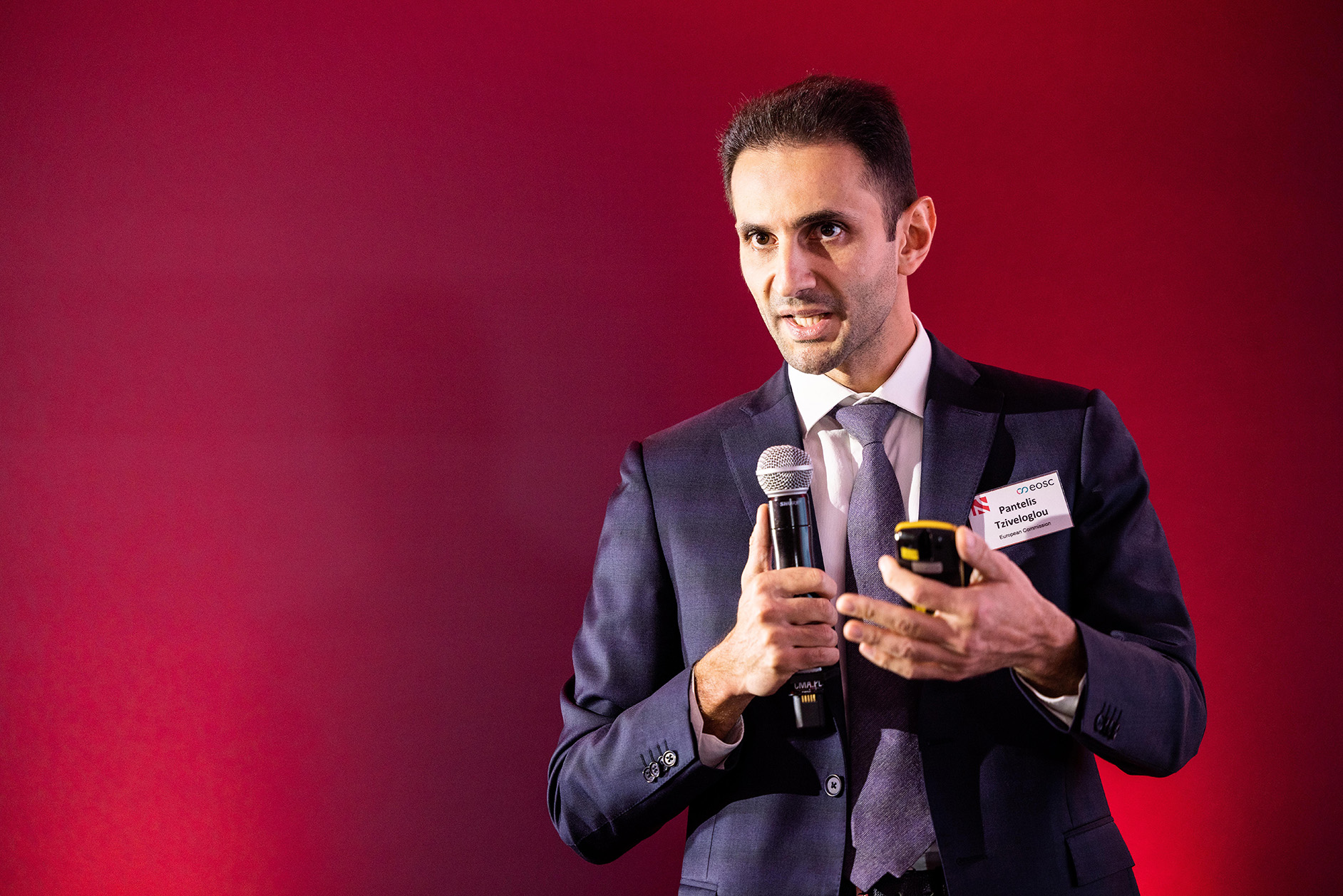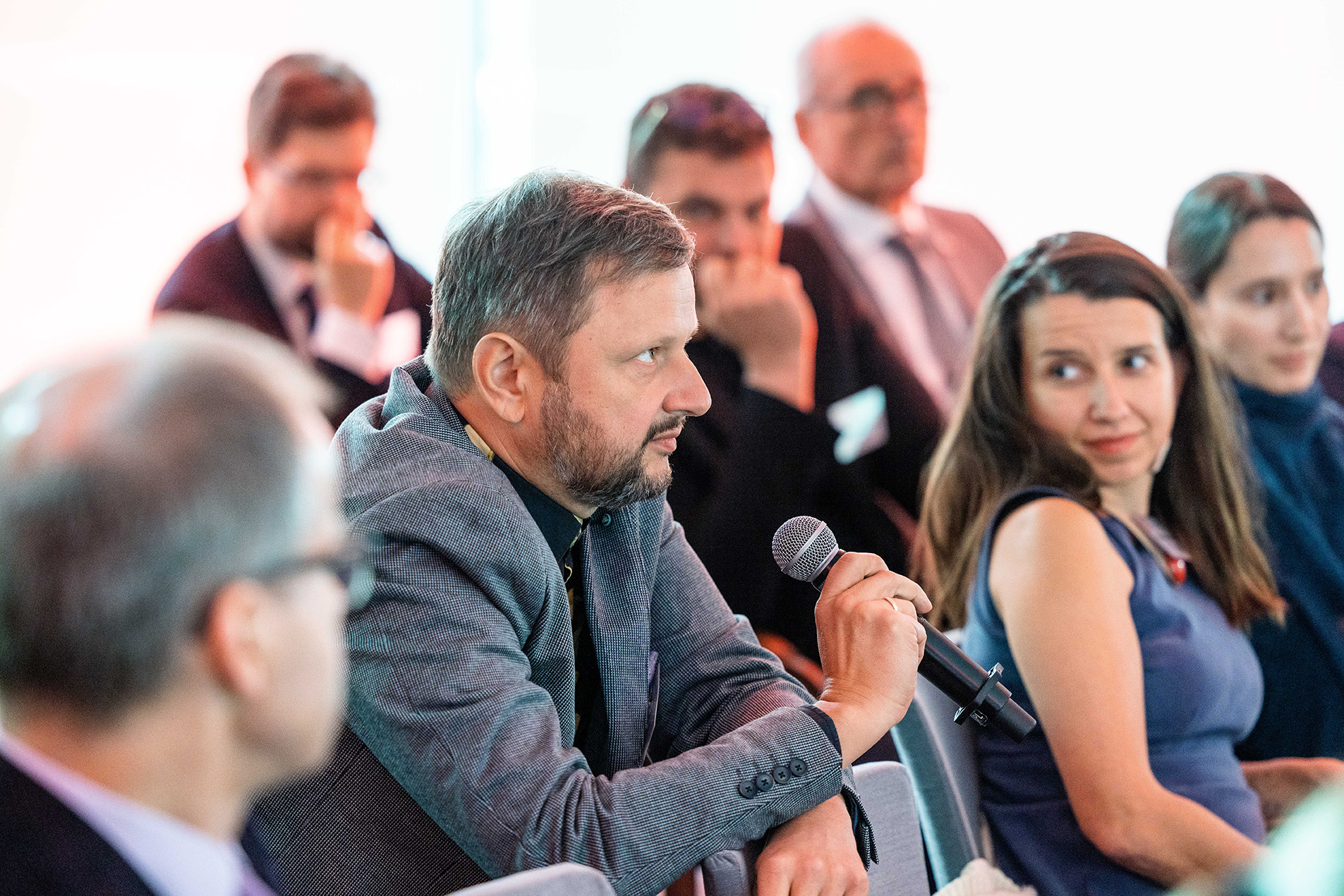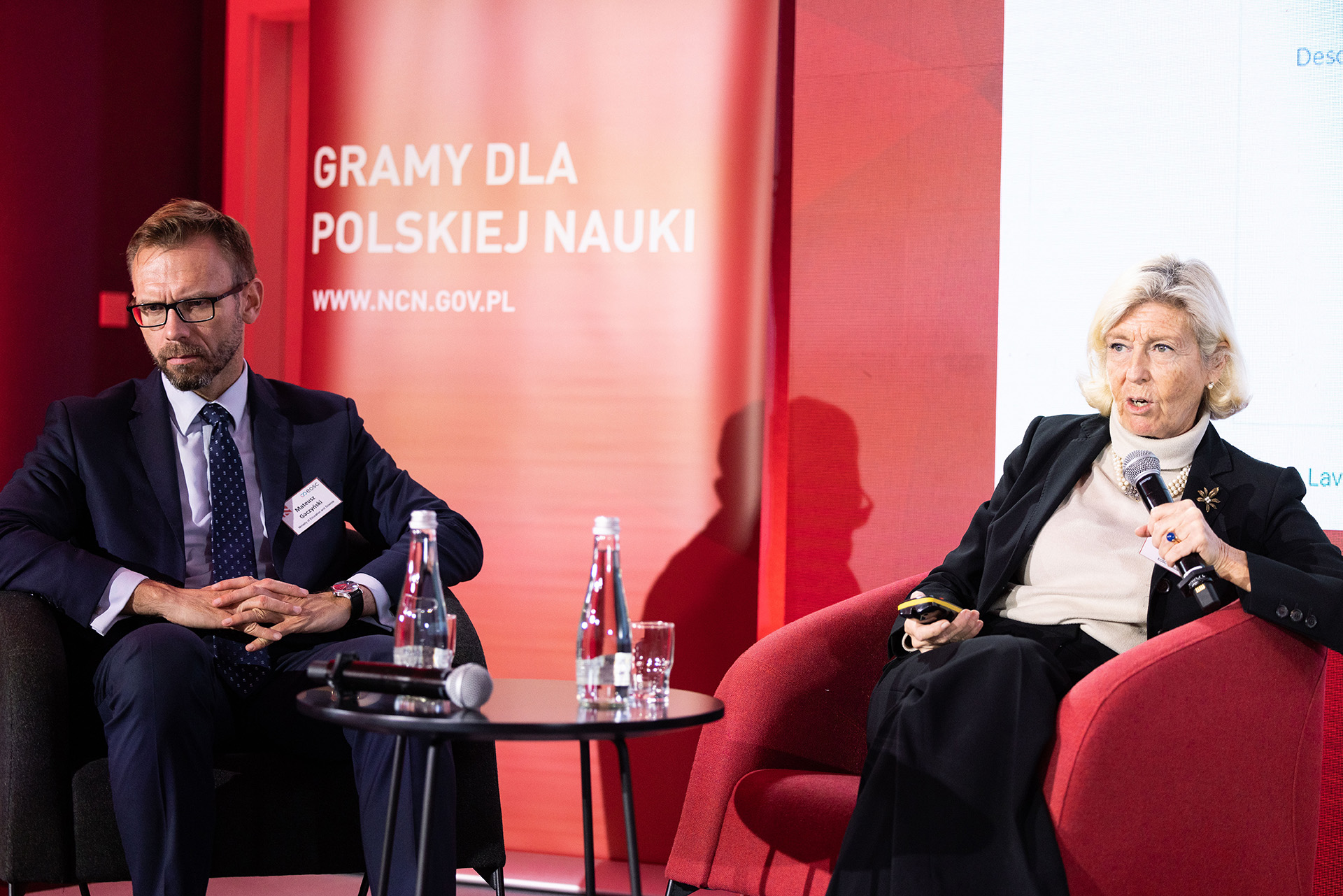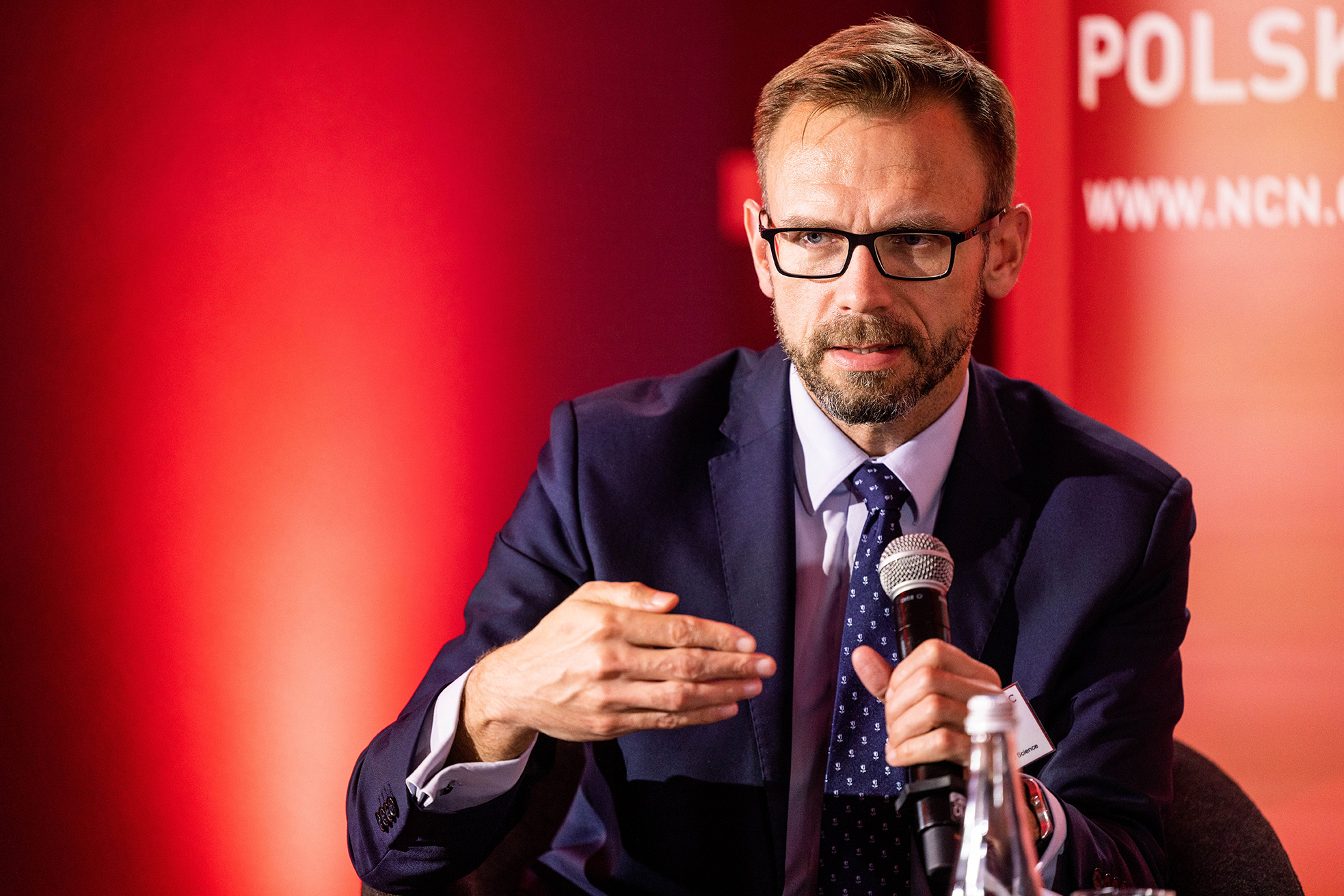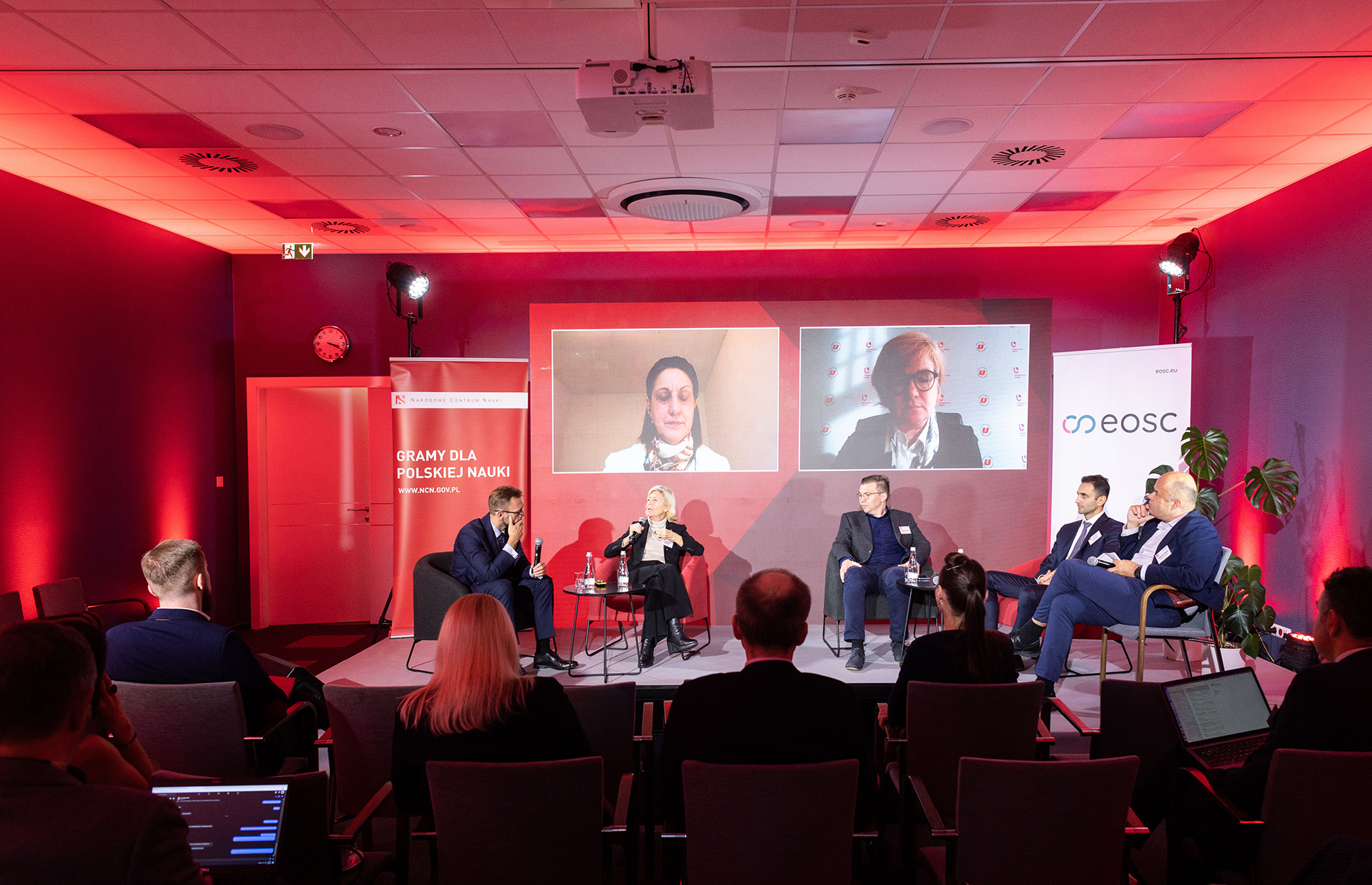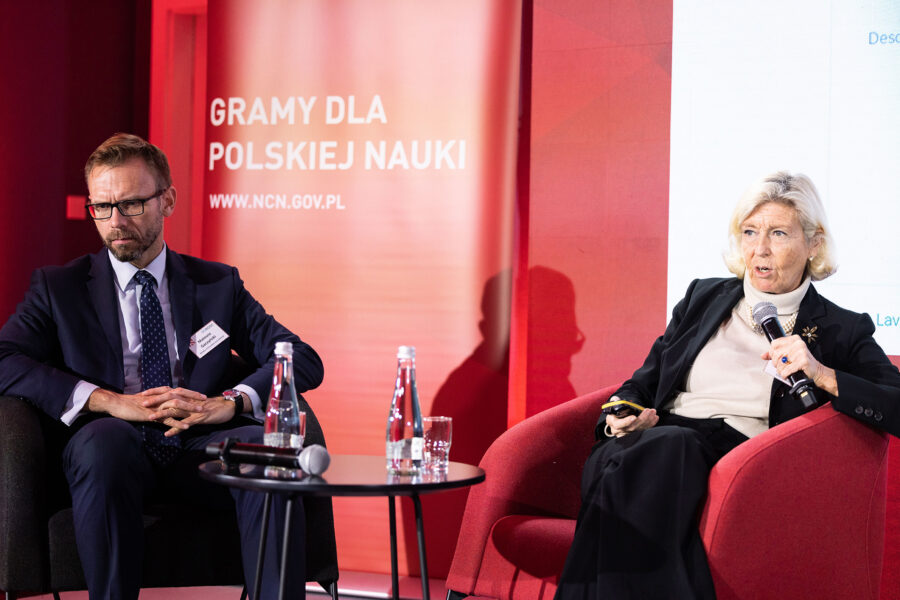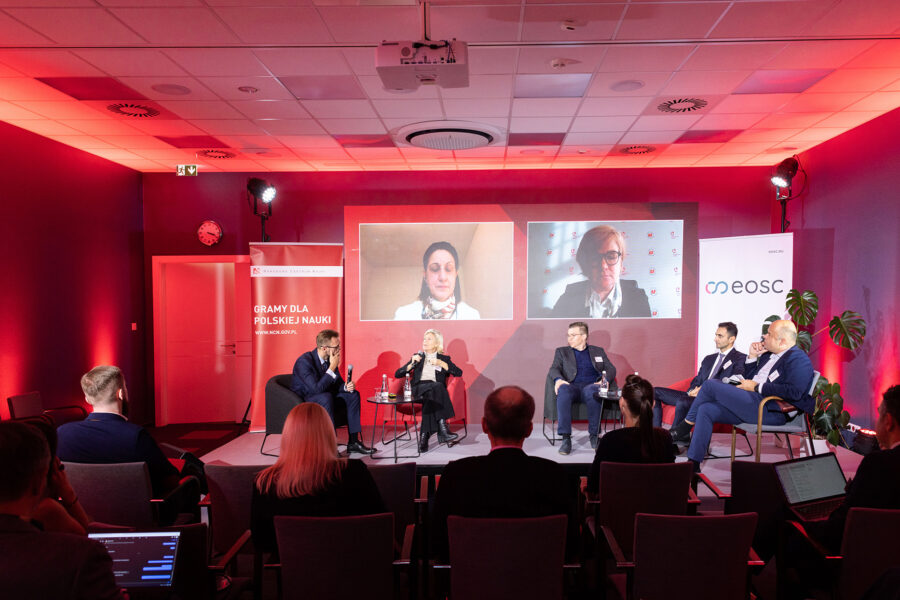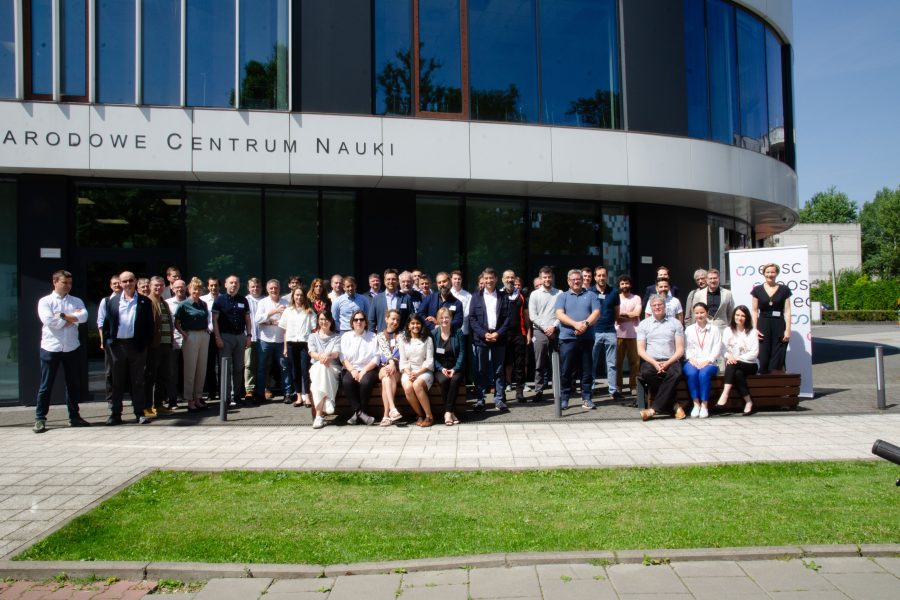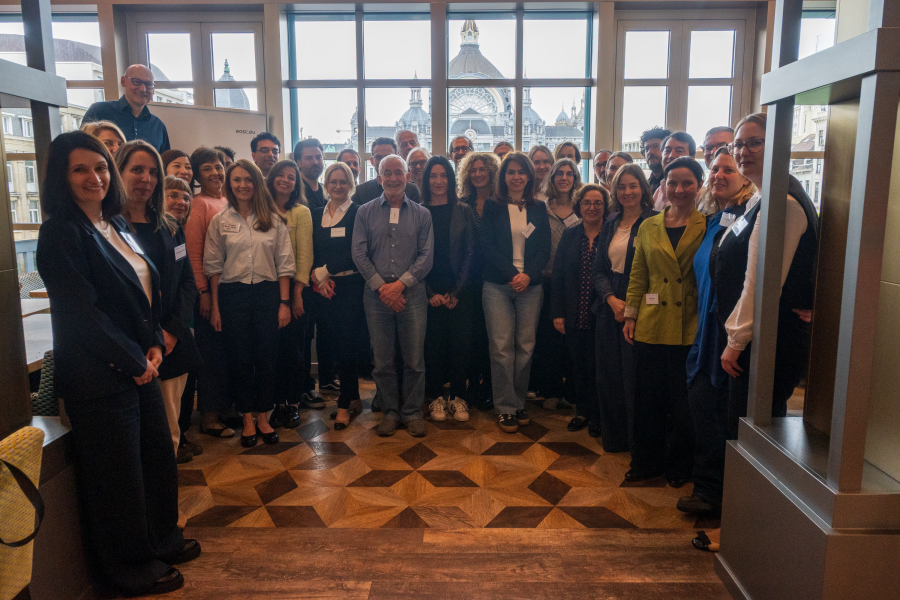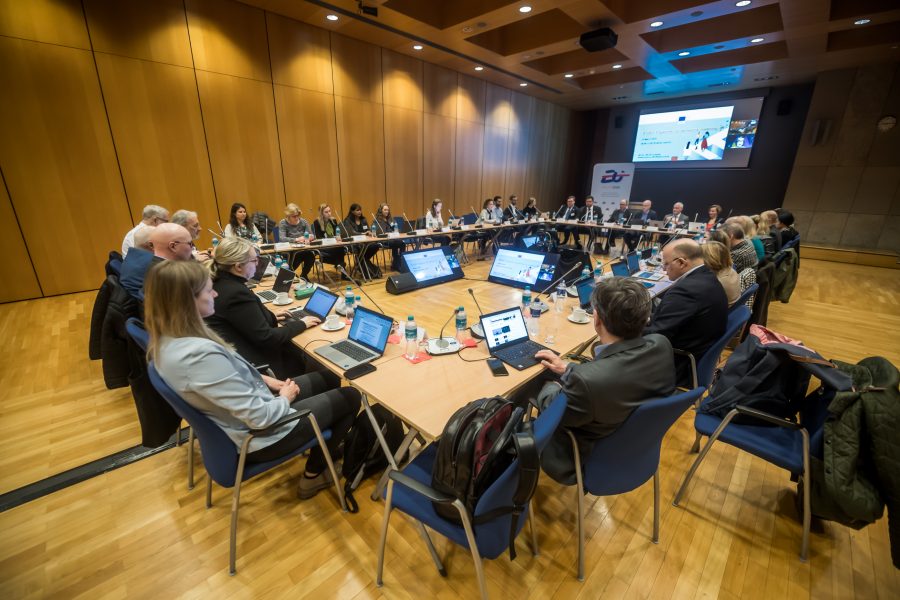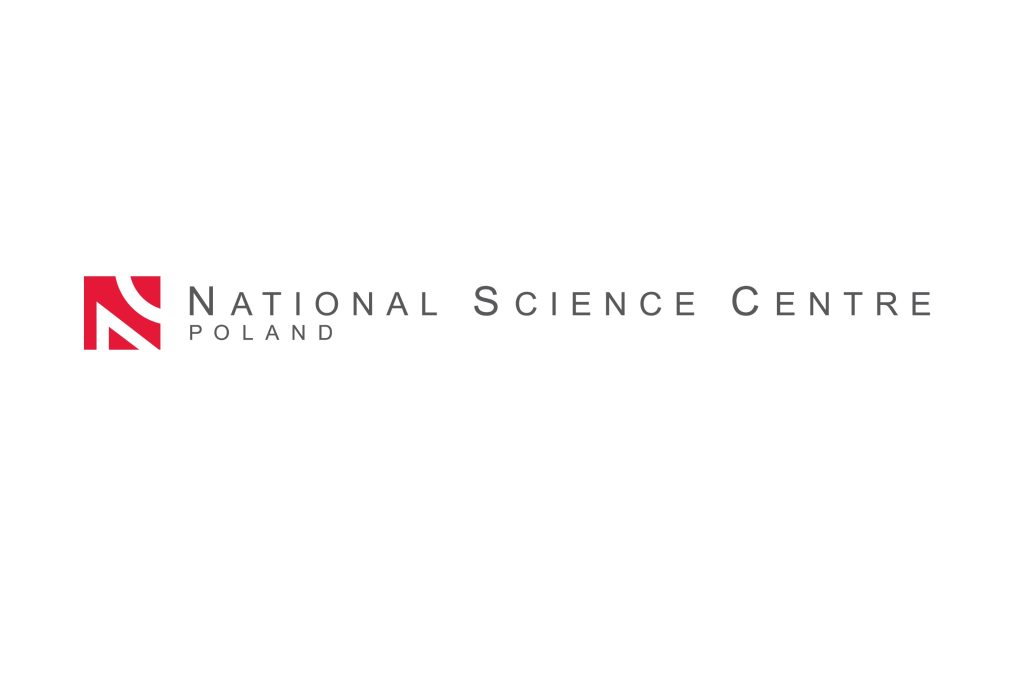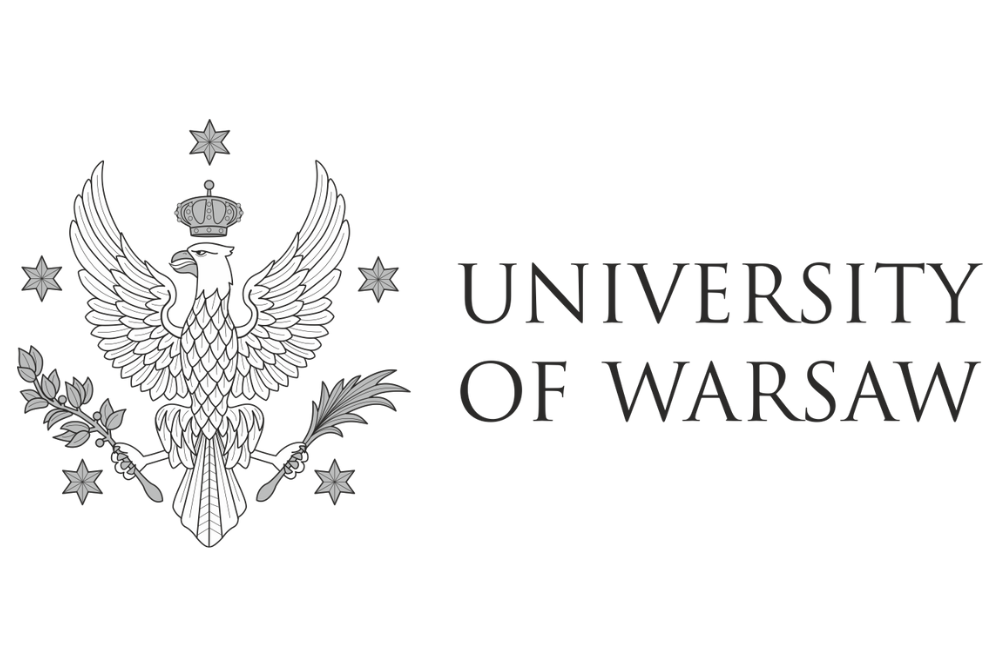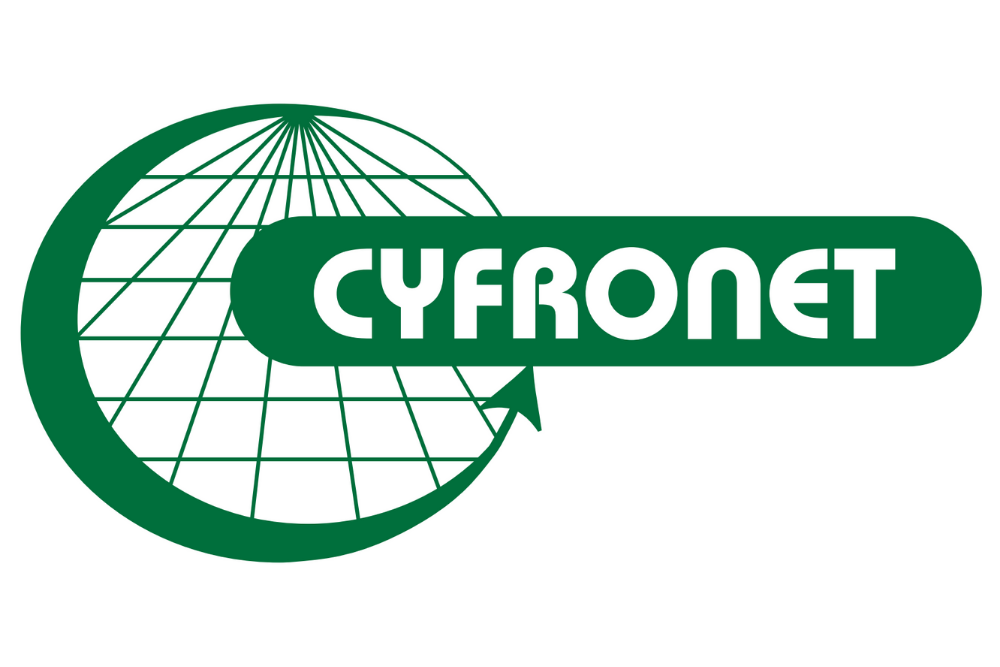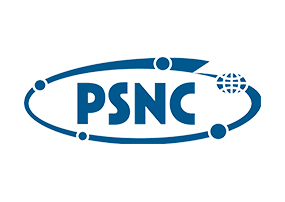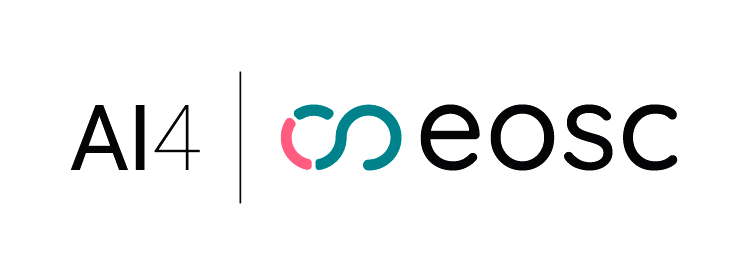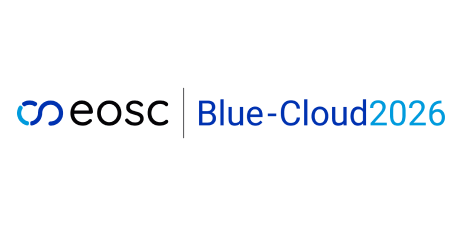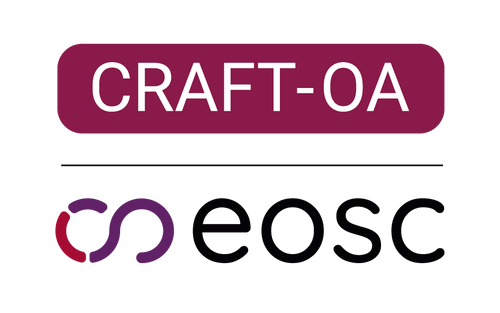
Poland
Overview
European Commission
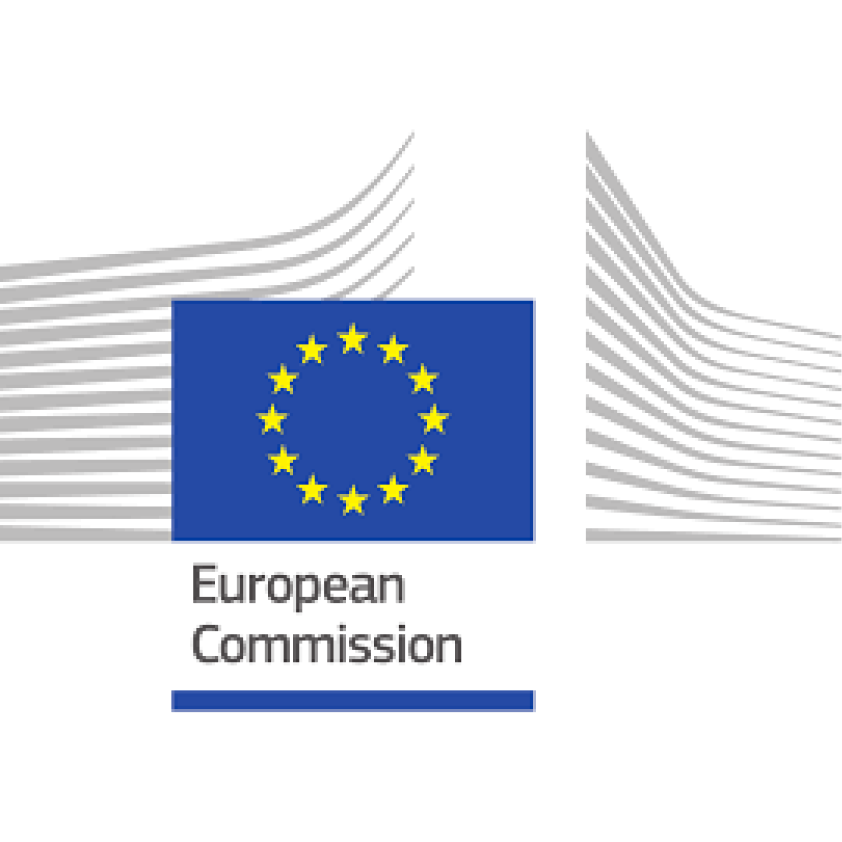
Mandated Organisation
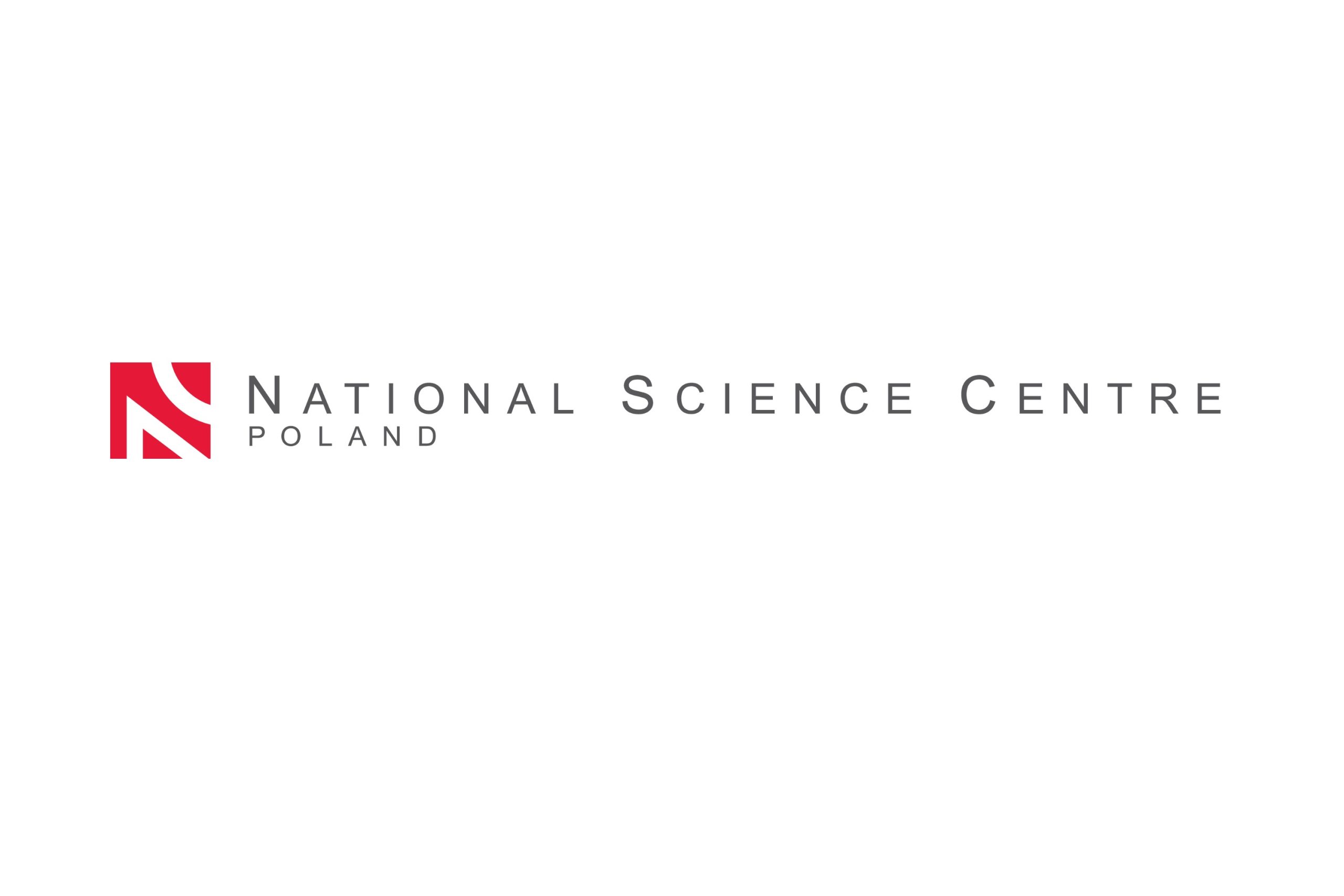
EOSC Steering Board representatives
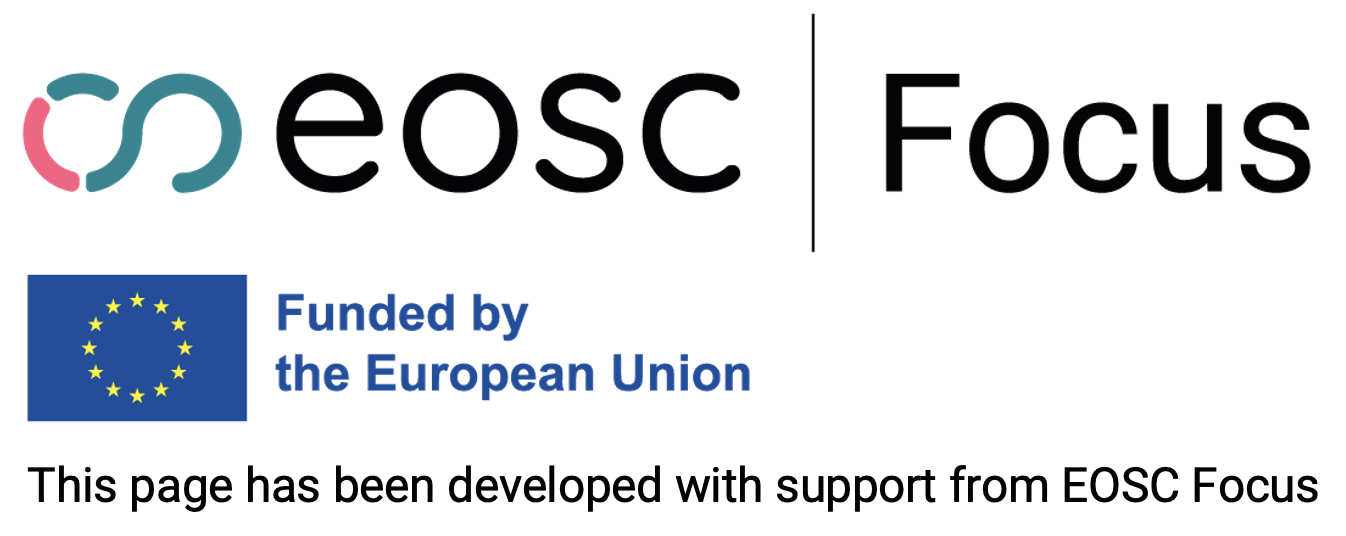 The activity of the Ministry of Science and Higher Education in providing support for open models of scientific communication is dated back to 2004 with the signing of the OECD Declaration on Access to Research Data from Public Funding. In 2008, members of the European University Association (43 Polish HEI) and the Conference of Rectors of Academic Schools in Poland (CRASP) issued their Recommendations on Open Access. However, only in 2015, the document titled Directions of the development of open access to research publications and research results in Poland encompassed the main recommendation for the introduction of OA by all relevant Polish stakeholders.
The activity of the Ministry of Science and Higher Education in providing support for open models of scientific communication is dated back to 2004 with the signing of the OECD Declaration on Access to Research Data from Public Funding. In 2008, members of the European University Association (43 Polish HEI) and the Conference of Rectors of Academic Schools in Poland (CRASP) issued their Recommendations on Open Access. However, only in 2015, the document titled Directions of the development of open access to research publications and research results in Poland encompassed the main recommendation for the introduction of OA by all relevant Polish stakeholders.
In 2018 the National Science Centre (NCN) was among 11 national research funding organisations that launched the cOAlition S. In 2019, NCN announced plans to introduce open access policy and implemented Data Management Plan (DMP) to the funding application process based on the Science Europe guidelines. The Policy of the National Science Center regarding open access to publications was adopted in May 2020. In July 2020 cOAlition S developed the Rights Retention Strategy, which was adopted by NCN in January 2021 as an early adopter. The legal framework regarding open data has been established within the Act of 11 August 2021 on open data and re-use of public sector information (Journal of Laws of 2021, item 1641).
From the very beginning, Polish entities are engaged in EOSC and since 2021 National Science Centre acts as the Mandated Organisation in EOSC Association. Open Science is one of the key components of the National Science Policy adopted by the Ministry of Education and Science in July 2022. It highlights the importance of the OS advancement also through the active participation of Polish stakeholders in the EOSC at both, the national and European levels. The Ministry of Education and Science is also in the process of designing the nNational Open Access Policy for Publicly Funded Research DataOpen Data Policy using the participatory approach by the means of the Commission for OD Policy, which is a broad representation of Polish OS stakeholders.
The EOSC Poland is the national structure of the EOSC composed of ten stakeholders, as follows:
- National Science Centre Poland (coordination)
- Ministry of Science and Higher Education
- Academic Computer Centre CYFRONET of the AGH University
- CLARIN Knowledge Centre for Polish Language Technology CLARIN-PL
- Gdansk University of Technology
- Gdansk Medical University
- Institute of Geophysics of the Polish Academy of Sciences
- Institute of Biochemistry of the Polish Academy of Sciences
- Institute of Literary Research of the Polish Academy of Sciences
- Institute of Oceanology of the Polish Academy of Sciences
- Lublin University of Technology
- Łukasiewicz Research Network – Institute of Innovative Technologies EMAG
- Jagiellonian University in Kraków
- Polish Polar Consortium
- University of Łódz
- Polish National Synchrotron Radiation Centre: SOLARIS
- Poznan Supercomputing and Networking Center: PCSS
- SWPS University
- University of Economics in Wroclaw
- University of Gdansk
- University of Siedlce
- University of Warsaw
- University of Silesia in Katowice
EOSC Poland is the EOSC national structure, coordinated by the National Science Centre Poland. The network was established to support the development of EOSC in Poland, to coordinate, strengthen and align EOSC-related activities nationwide and to place them in an international context.
The goals of the EOSC Poland network include:
- Coordinating national EOSC activities;
- Engagement of the stakeholders with EOSC Federation;
- Enhancing establishing of Polish EOSC nodes
- Creating a forum for sharing Open Science information and best practices;
- Developing and strengthening national Open Science potential;
- Creating synergies between EOSC and national data initiatives;
- Providing support for mapping of national EOSC initiatives.
The EOSC Poland is an informal network. It includes Polish institutions belonging to the EOSC Association as Members or Observers, as well as those not affiliated with the Association but involved in EOSC-related activities, broadly defined as activities related to Open Science.
The main activities carried out by the EOSC national structure in Poland:
- Information and communication activities on the EOSC Federation and node
- strengthening information and communication activities related to EOSC awareness at the national level
- creating Creating a national EOSC community involving all types of stakeholders to discuss and share EOSC experiences and enhance Open Science competence at the national level
- Increasing involvement in the EOSC Association
- Organising public webinars/events to:
- inform national stakeholders about the latest advancements of the EOSC
- collect feedback from national actors and implement it into the EOSC management system and other EOSC activities (e.g. EOSC-related projects)
- discuss EOSC-related topics at the national/EU level
- Individual support for organizations to better understand the EOSC environment and discuss the benefits of joining the Association.
EOSC in Practice
Embracing the principles of transparency, reproducibility, and accessibility, these examples highlight the innovative approaches adopted by researchers across various disciplines. From open data sharing and collaborative platforms to pre-registration and open peer review, these practices enhance scientific integrity and contribute to the advancement of knowledge.
National Events
National Tripartite Event: Poland
On 25 March 2025, the third edition of the National Tripartite Event: Poland, organised by the National Science Centre, will take place in Krakow. The event will provide an opportunity to learn about Poland’s role in...
Policies
Key legislation and policies shaping Polish OS landscape:
- National Science Policy, 2022 (Ministry of Education and Science, 2022)
- Act of 11 August 2021 on open data and re-use of public sector information (Journal of Laws of 2021, item 1641).
- Regulation No. 38/2020 and 40/2020 Director of the National Science Centre on Definition of the National Science Centre Policy Relating to Open Access for Publication of May 27, 2020
- The Act of 20 July 2018 – Law on Higher Education and Science (Journal of Laws of 2018, item 1668, as later amended)
People
-
Recording: NTE Poland 2023
06-07 November 2023, Kraków
-
NTE Poland 2025
25 March 2025, Kraków -
NTE Poland 2023
6-7 November 2023, Krakow, Poland -
NTE Poland 2022
24-26 October 2022
News from Poland
Members and Observers from Poland
EU Projects
Please find here the EOSC-related projects where members from this country are involved as partners.










































